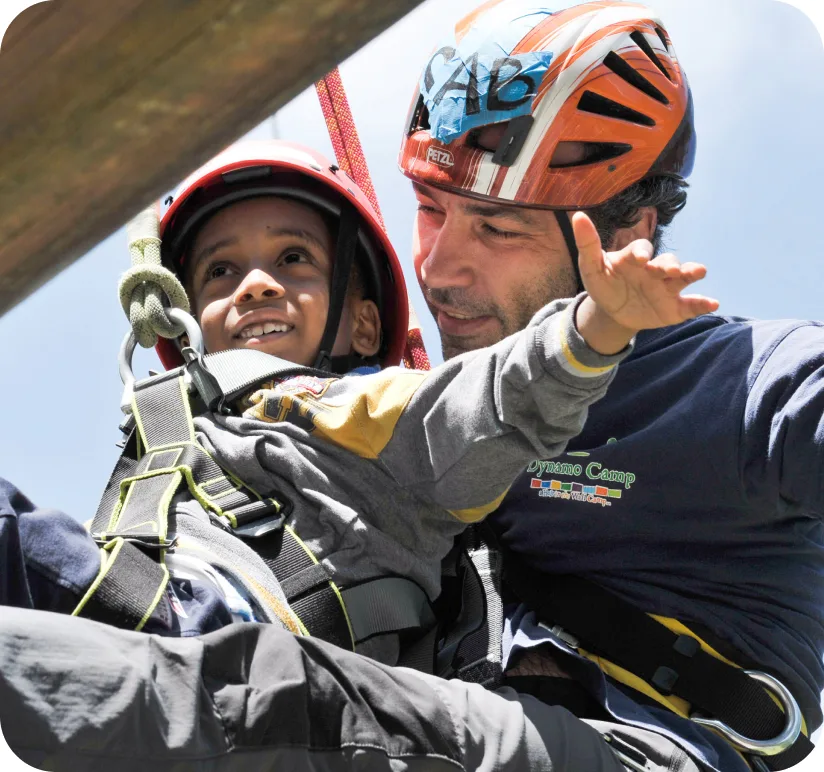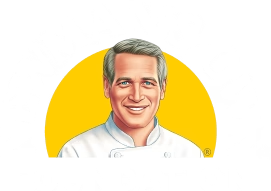Meet the Changemakers
Filters ( 0 )
Africa
Alaska
Australia and New Zealand
Europe
Guam
Hawai’i
Midwest
Northeast
South
Southeast
Southwest
United Kingdom
West
Select allIndigenous Food Justice
Nutrition Education & School Food
SeriousFun
Food Justice for Kids Prize Recipient
71 results
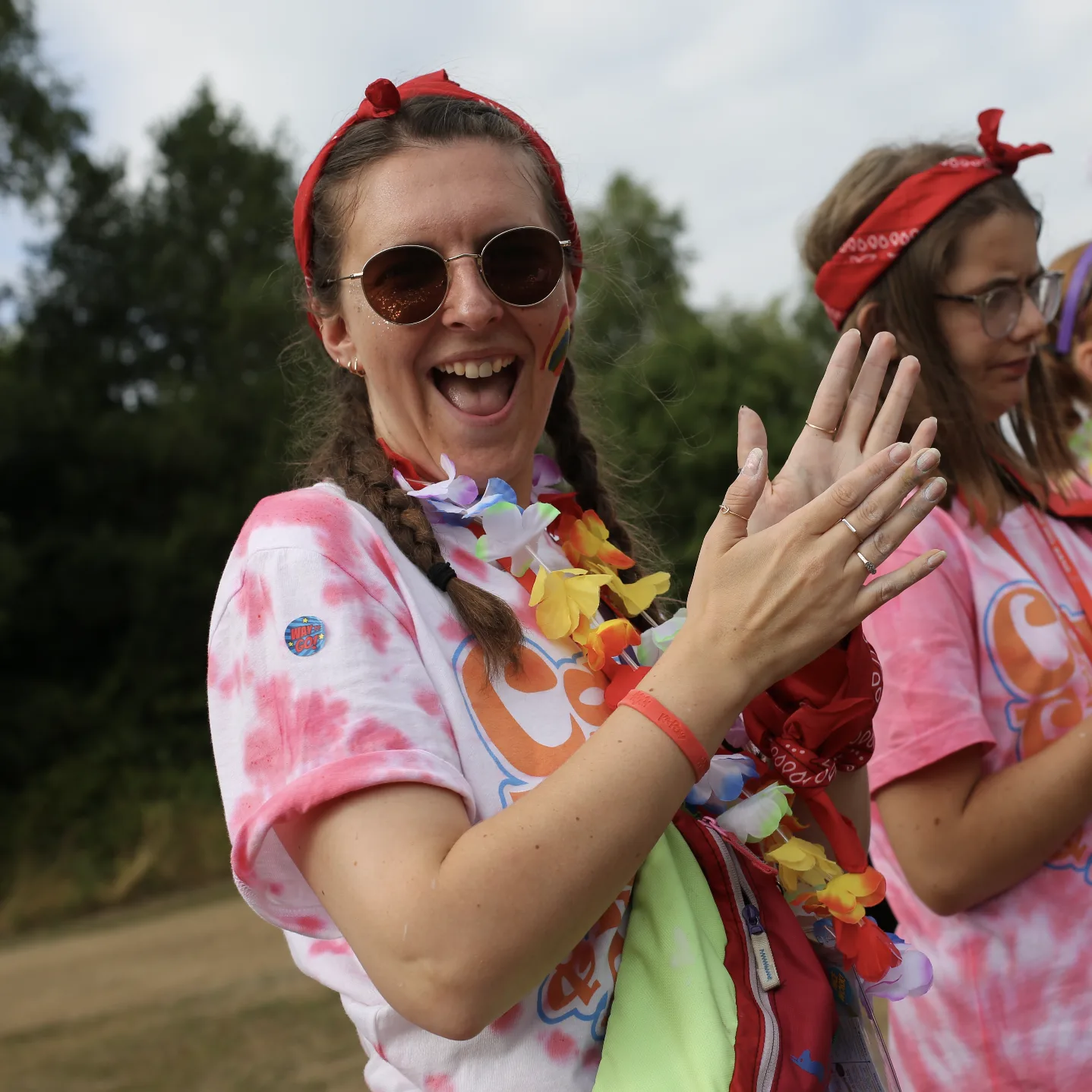
Australia and New Zealand Partnership Pilot
SeriousFun
Australia and New Zealand
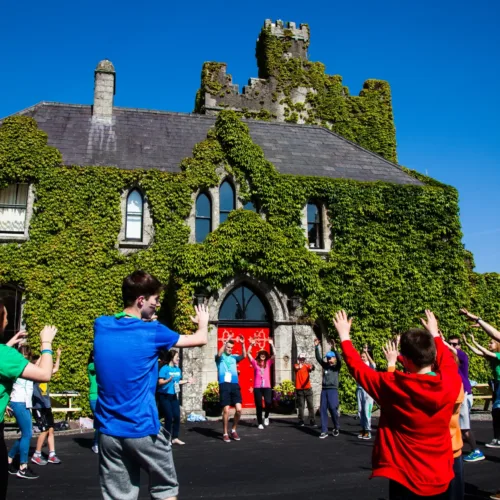
Barretstown
SeriousFun
Ireland
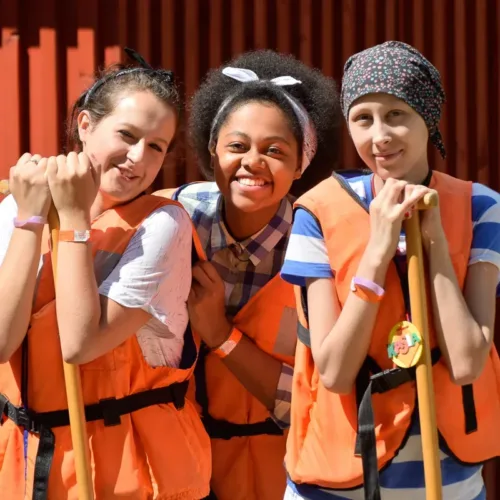
Bátor Tábor
SeriousFun
Hungary
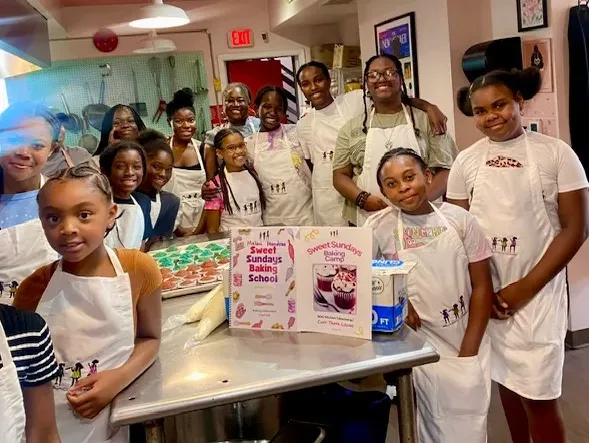
Black Girls Cook
Nutrition Education & School Food
Florida & Maryland
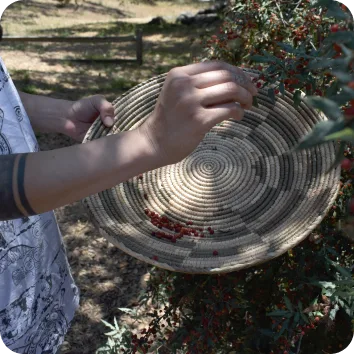
California Indian Culture and Sovereignty Center
Indigenous Food Justice
California
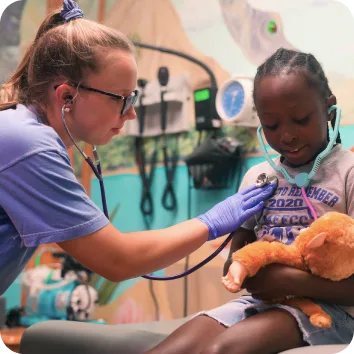
Camp Boggy Creek
SeriousFun
Florida
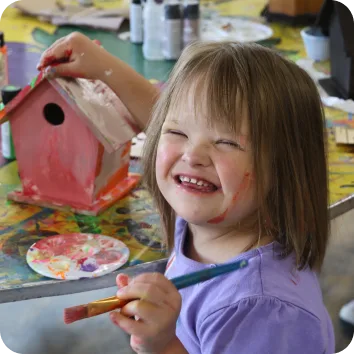
Camp Korey
SeriousFun
Washington
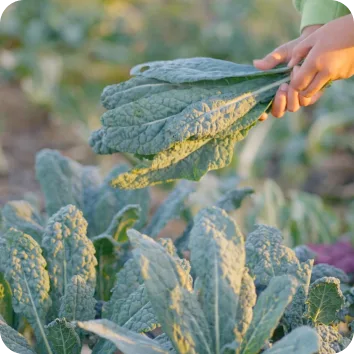
Center for Ecoliteracy
Nutrition Education & School Food
California
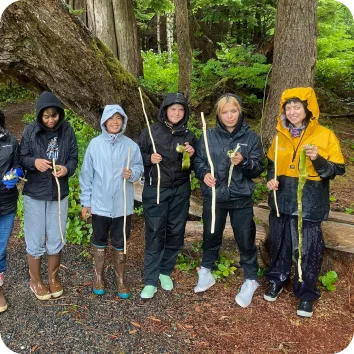
Central Council of Tlingit & Haida Indian Tribes of Alaska
Indigenous Food Justice
Alaska
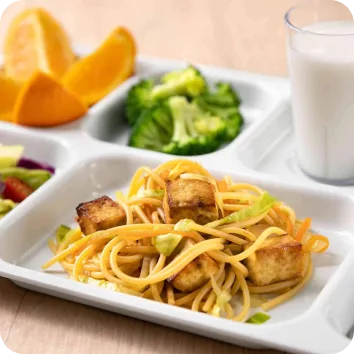
Chef Ann Foundation
Nutrition Education & School Food
Colorado
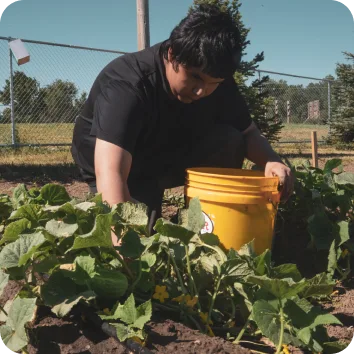
Cheyenne River Youth Project
Indigenous Food Justice
South Dakota
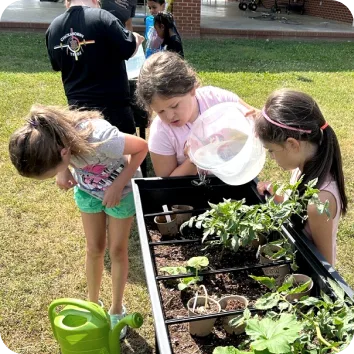
Chickahominy Indian Tribe
Indigenous Food Justice
Virginia
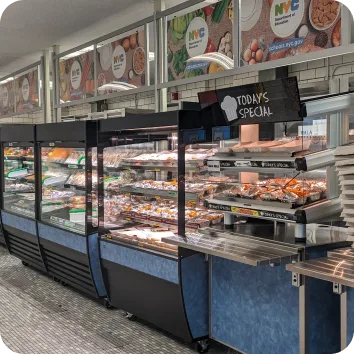
Community Food Advocates
Nutrition Education & School Food
New York
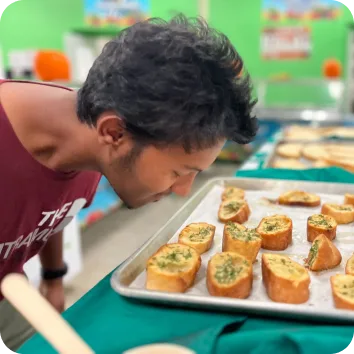
Detroit Food & Entrepreneurship Academy
Nutrition Education & School Food
Michigan
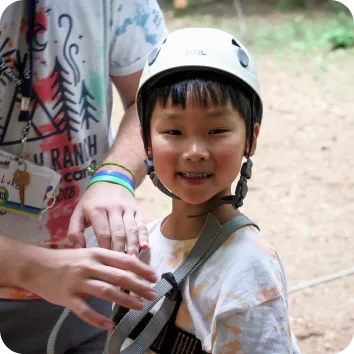
Double H Ranch
SeriousFun
New York
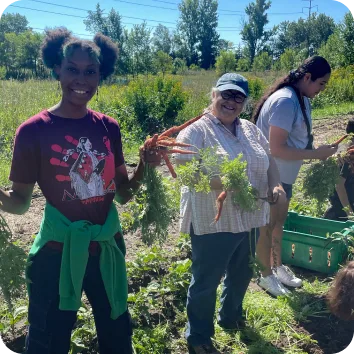
Dream of Wild Health
Indigenous Food Justice
Minnesota
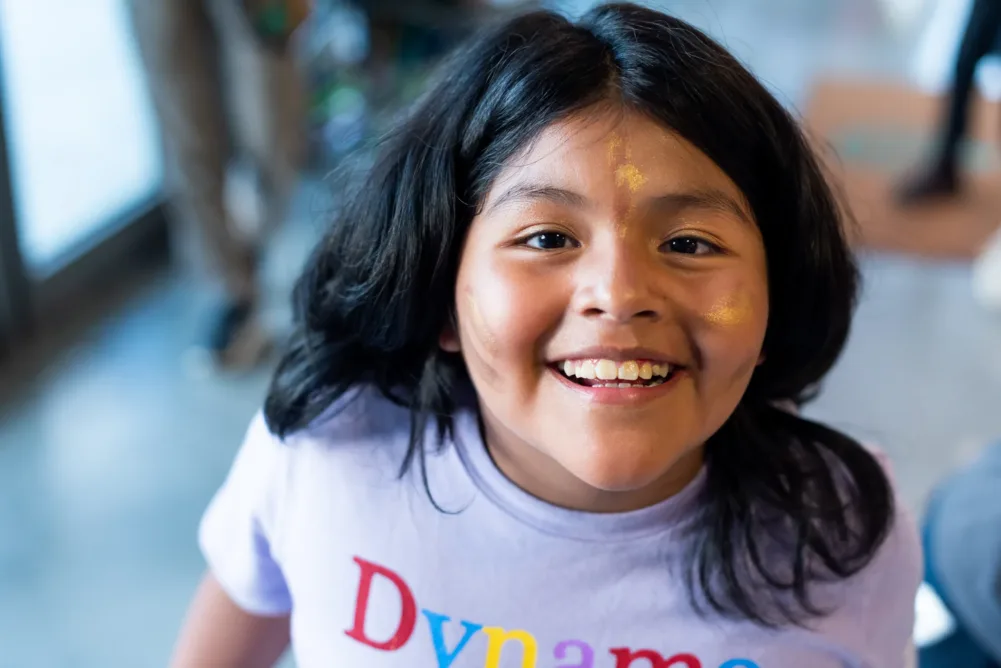
Photo courtesy of Dynamo, part of SeriousFun Children's Network
Dynamo Camp
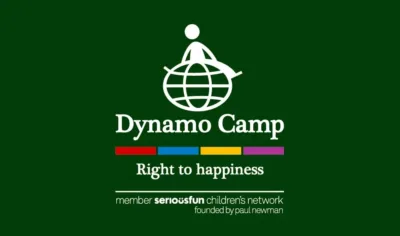
Part of SeriousFun Children’s Network, Dynamo Camp supports the Right to Happiness of children and teenagers with serious or chronic illnesses, neurodevelopmental disorders and disabilities, as well as their families. It does so by offering completely free of charge Dynamo Recreational Therapy® programs at the camp, located in an area affiliated with World Wildlife Fund in the Tuscan Apennines, as well as in City Camps, mainly in Milano through the whole year, and in other major cities in Italy throughout the summer.

Photo courtesy of Dynamo, part of SeriousFun Children's Network
Grantee Partner Information
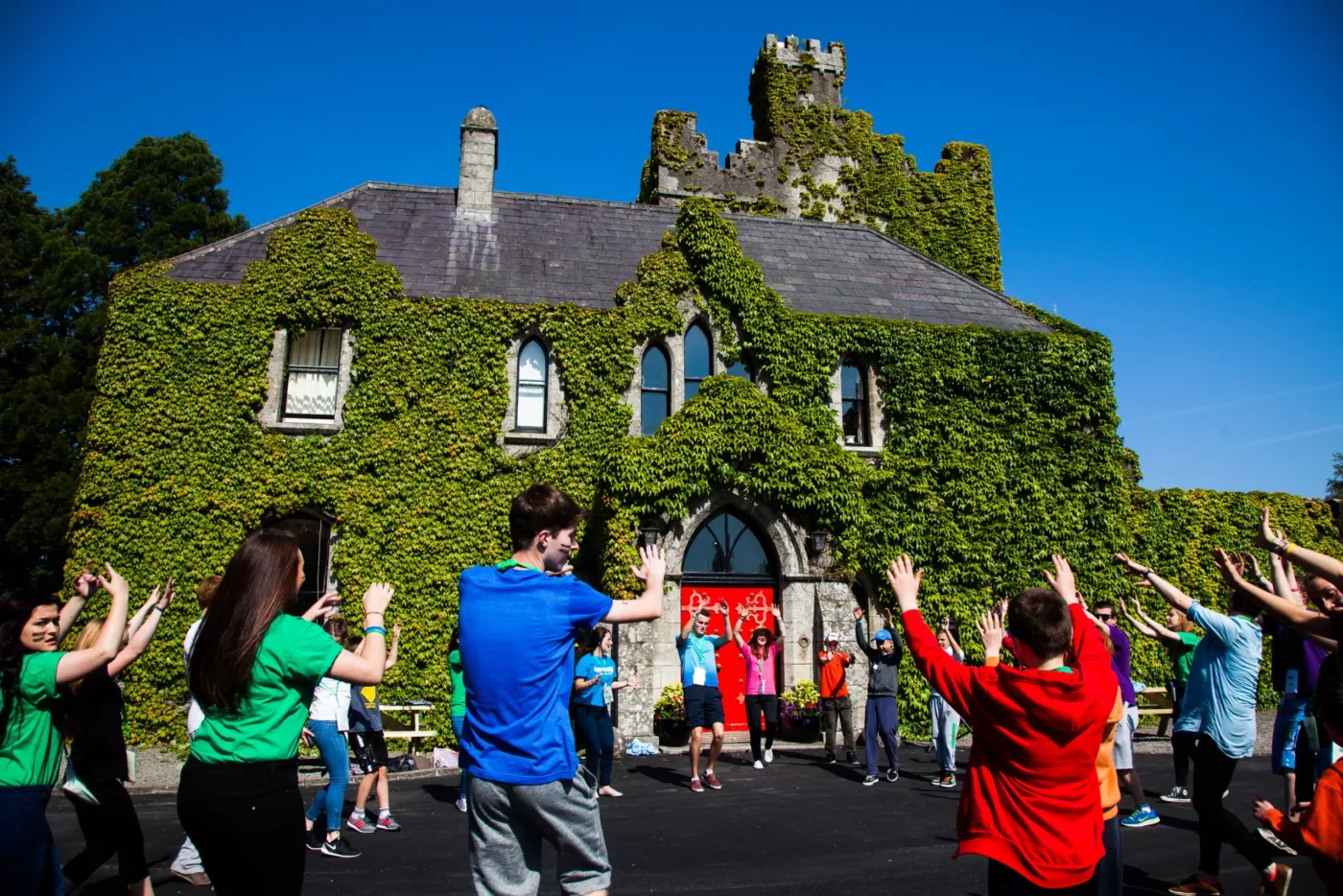
Photo courtesy of Barretstown, part of SeriousFun Children's Network
Barretstown
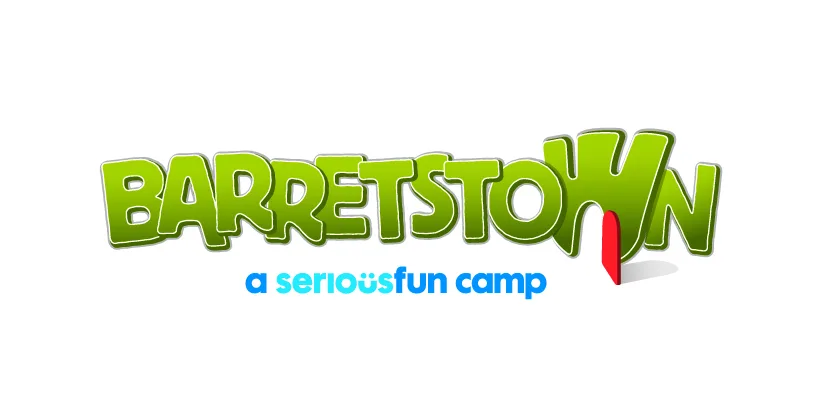
Part of SeriousFun Children’s Network, Barretstown has provided free, specially designed camps and programs for children and families affected by cancer and other serious illnesses in a safe, medically supported environment since 1994. Located in County Kildare, Ireland, Barretstown offers year-round therapeutic camps and programs featuring fun and challenging activities—all supported by 24-hour on-site medical and nursing care. Recognized as a center of excellence in childhood cancer care, Barretstown has served over 127,000 campers, helping children rediscover the joy of being kids again—all completely free of charge, thanks to the generosity of donors, corporate partners, and community supporters.

Photo courtesy of Barretstown, part of SeriousFun Children's Network
Grantee Partner Information
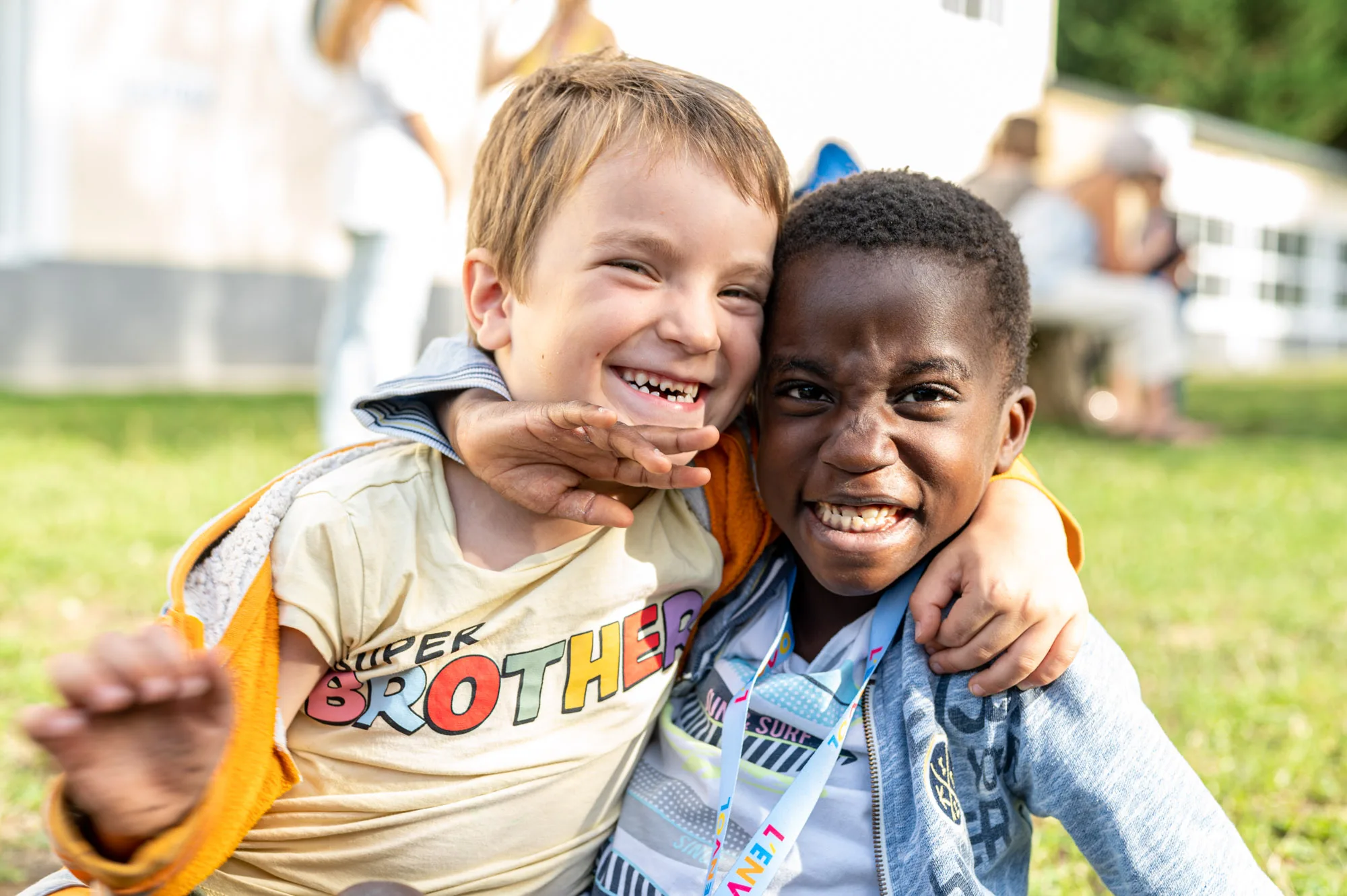
Photo courtesy of L'Envol, part of SeriousFun Children's Network
L’Envol

Part of SeriousFun Children’s Network, L’ENVOL has been providing tailored programs for children and young people aged 6 to 25 living with serious illnesses and their families since 1997. L’ENVOL helps them regain strength, confidence, and joy in life during or after illness, while breaking the isolation often caused by long-term medical conditions. Each year, more than 8,000 children and parents benefit free of charge from its medicalized holiday camps, hospital workshops, recreational outings, and creative activity kits.

Photo courtesy of L'Envol, part of SeriousFun Children's Network
Grantee Partner Information
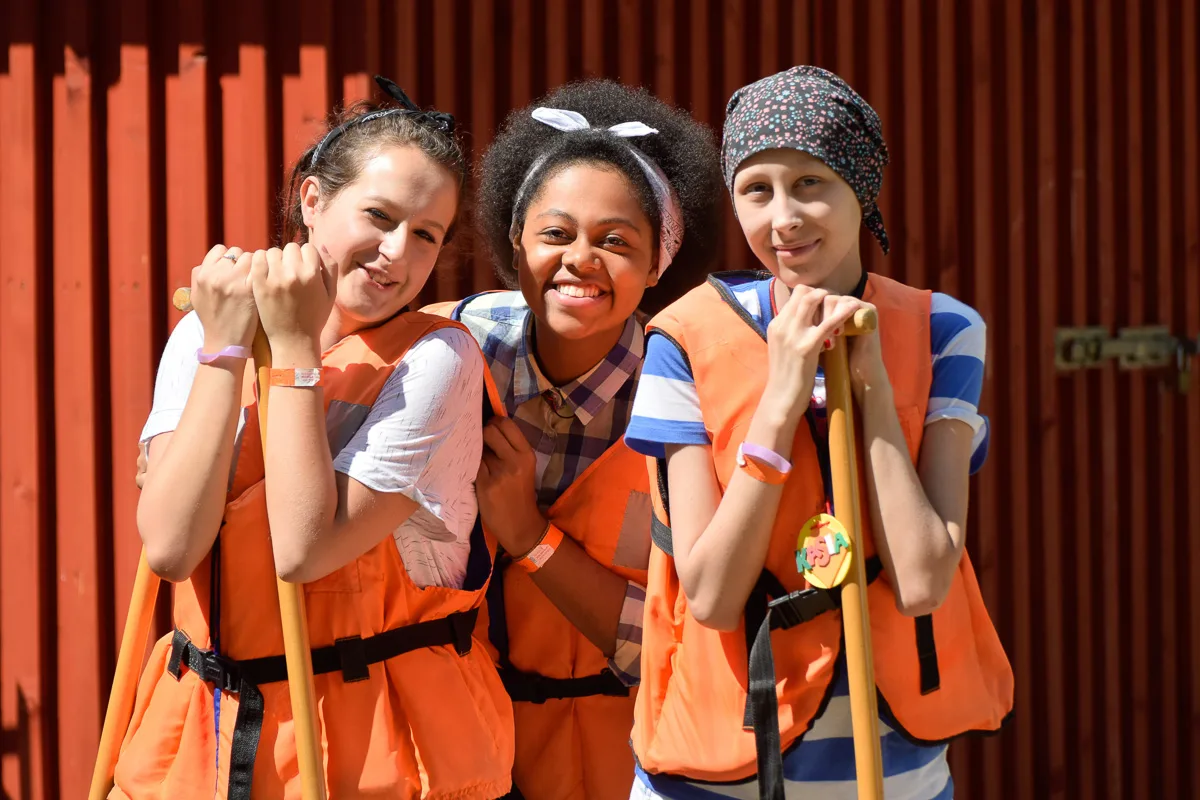
Photo courtesy of Bator Tabor, part of SeriousFun Children's Network
Bátor Tábor

Part of SeriousFun Children’s Network, Bátor Tábor, the Camp of Courage, is dedicated to provide life-changing experiences to seriously or chronically ill children and their families since 2001. Besides the camp sessions, they bring laughter and joy to the hospital beds, and in our School Outreach Program they strengthen the community in those classrooms where a child with an illness attends to. They believe that the sun always shines above the clouds.

Photo courtesy of Bator Tabor, part of SeriousFun Children's Network
Grantee Partner Information
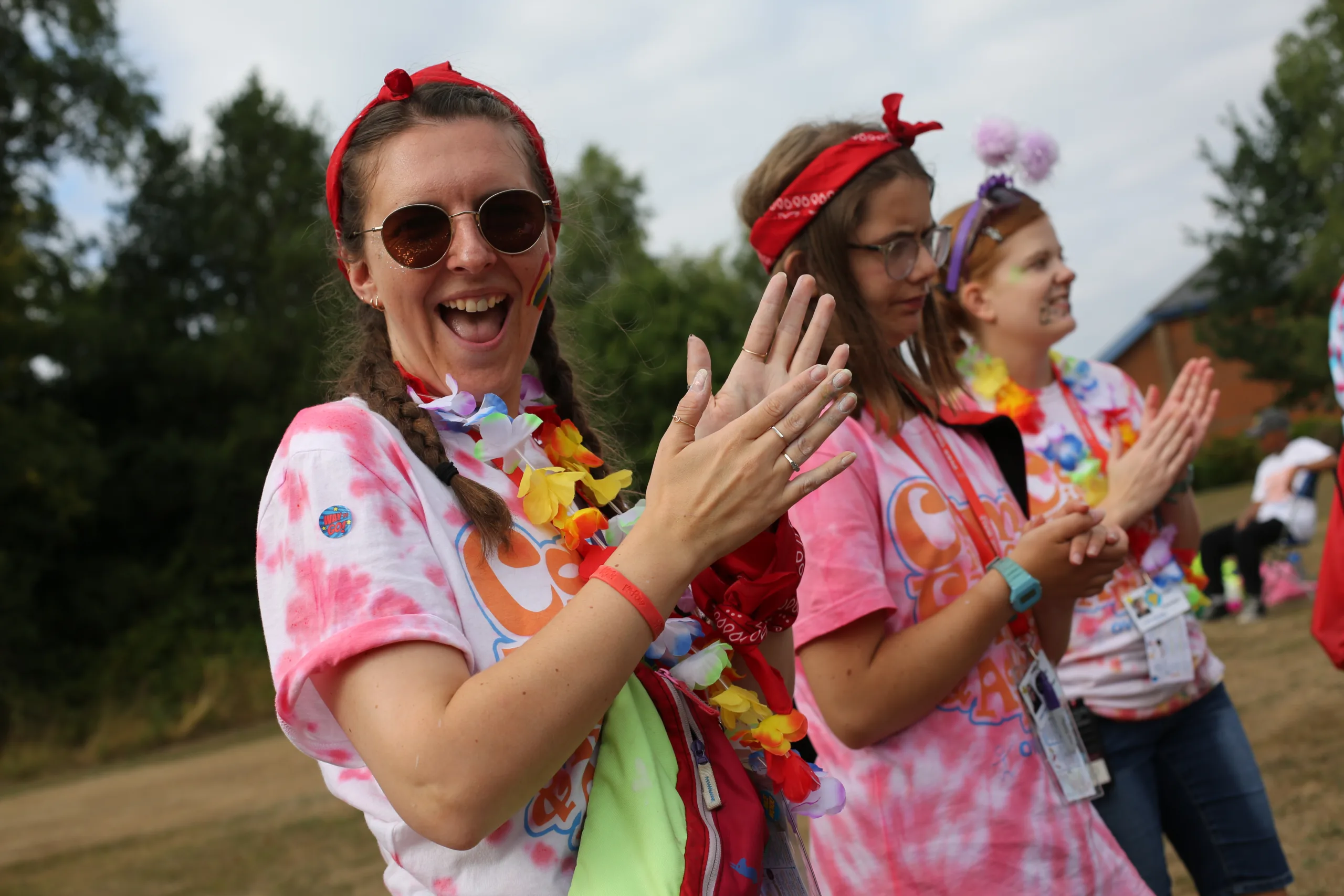
Photo courtesy of SeriousFun Children's Network
Australia and New Zealand Partnership Pilot
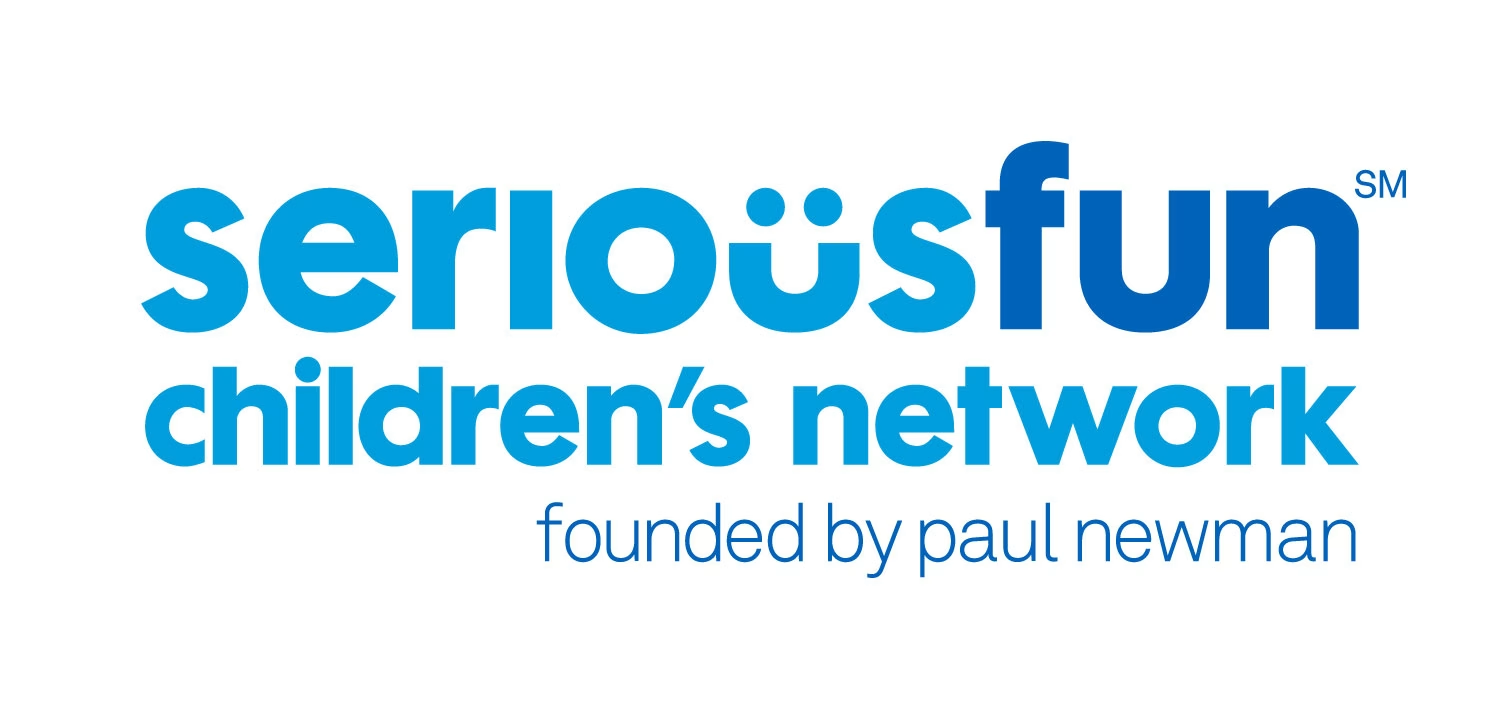
Through a new partnership in Australia and New Zealand, SeriousFun camps are sharing expertise to increase accessibility for children with disabilities. Camp staff are collaborating across the network to improve program delivery—demonstrating the power of collective learning to strengthen inclusive experiences globally.
The results:
- 400 adult volunteers received 1,600+ hours of specialized training on supporting children with disabilities.
- 100% of families surveyed said their time at camp was valuable to connect as a family.
Data from SeriousFun’s Australia and New Zealand partnership pilot made possible by Newman’s Own Foundation.
“This meaningful collaboration would not have come to life without the connection fostered by SeriousFun. We are deeply grateful for the opportunity to work together and to contribute to creating more inclusive, empowering experiences for every camper.”
—Camp Partner

Photo courtesy of SeriousFun Children's Network
Grantee Partner Information

Photo courtesy of SeriousFun Children's Network.
Sanyuka Camp

Launched in 2008 as a partnership between SeriousFun Children’s Network and Baylor Foundation Uganda, Sanyuka Camp focuses on healthy living and building self-esteem. Children learn about cooking with ingredients that are accessible at home and making their own music and crafts, while family camp offers opportunities for children and caregivers to play together and build stronger bonds.
Children living with serious medical conditions like HIV often face stigma and social isolation. SeriousFun camps disrupt this pattern with programs designed to break down shame and help kids thrive through peer connection and medical support.
The results:
- Youth shifted from relying on adults to taking ownership of their medication routines through group rituals, educational activities, and caring guidance from healthcare staff.
- Meeting peers with similar experiences reduced stigma and helped campers feel understood and accepted.
- 100% of campers reported a positive experience and said they would recommend camp to a friend or sibling.
“I never thought that I could talk freely about my HIV status. At camp, I had the freedom to talk and get my worries off my shoulders.”
—SeriousFun camper living with HIV

Photo courtesy of SeriousFun Children's Network.
Grantee Partner Information
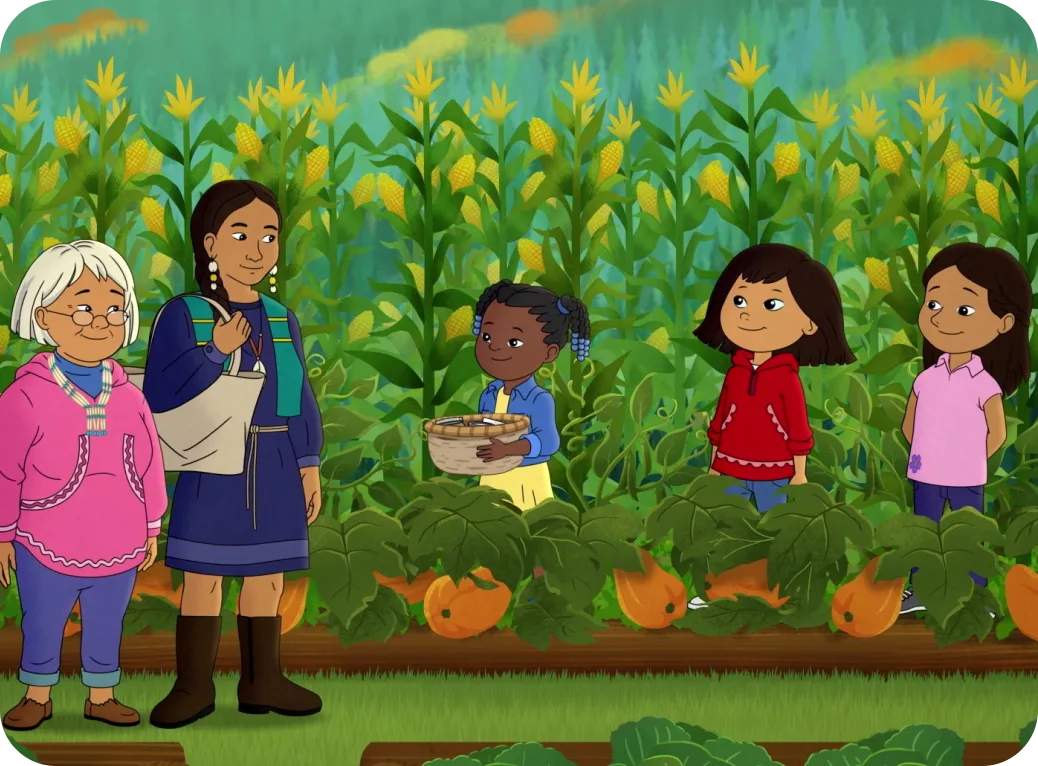
Image courtesy of Molly of Denali.
GBH’s Molly of Denali

The PBS KIDS animated series Molly of Denali follows 10-year-old Molly Mabray, an Alaska Native girl who lives in the fictional village of Qyah, Alaska. Through streamed and broadcast episodes, a podcast, games, and educational resources, Molly’s adventures help build literacy skills while introducing traditional foods, food practices, and other aspects of Alaska Native and Indigenous cultures to kids ages 4-8 nationwide. Molly of Denali is the first nationally distributed children’s series to feature Indigenous lead characters.

Image courtesy of Molly of Denali.
Grantee Partner Information
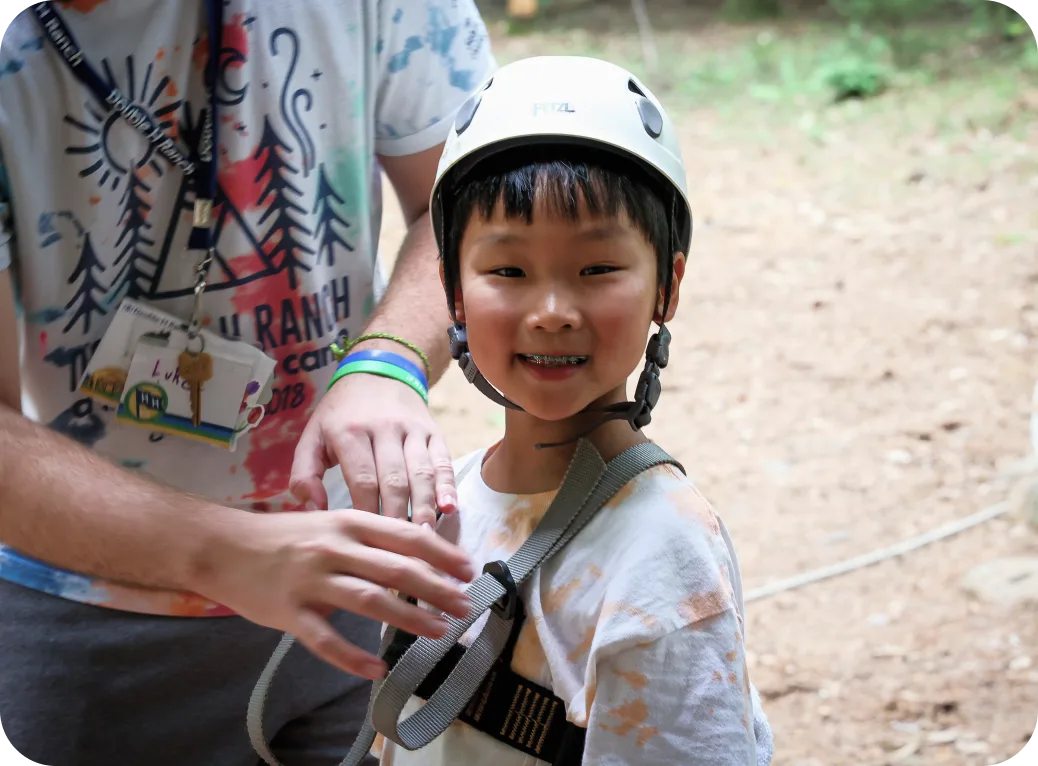
Double H Ranch
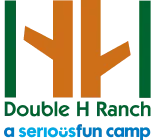
Founded in 1993 by Charles R. Wood and Paul Newman, the Double H Ranch provides year-round, medically supported programs free of charge for children living with serious and chronic illnesses. Located in New York’s Adirondack Park, Double H Ranch serves over 2,000 children annually through summer camp, adaptive winter sports, family weekends, and hospital outreach.

Grantee Partner Information
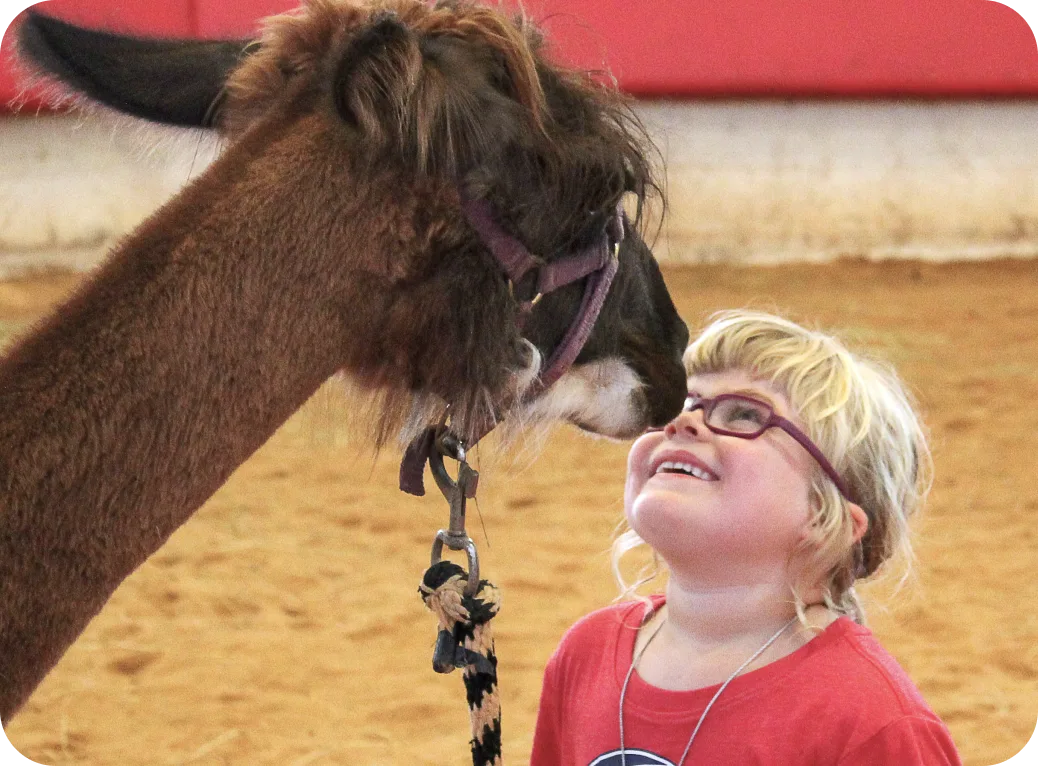
Victory Junction

Victory Junction enriches the lives of children living with complex medical and physical needs by providing life-changing, fun, and empowering camp experiences at no cost. Campers build confidence and skills through activities like ziplining, horseback riding, fishing, and stage performances, all in a medically safe, accessible environment. Located in Randleman, NC, and founded by Kyle Petty and family in honor of his son Adam, Victory Junction’s racing-themed campus offers weekend and weeklong sessions, while its OUTREACH program brings Camp to hospitals and clinics in NC, SC, and VA.

Grantee Partner Information
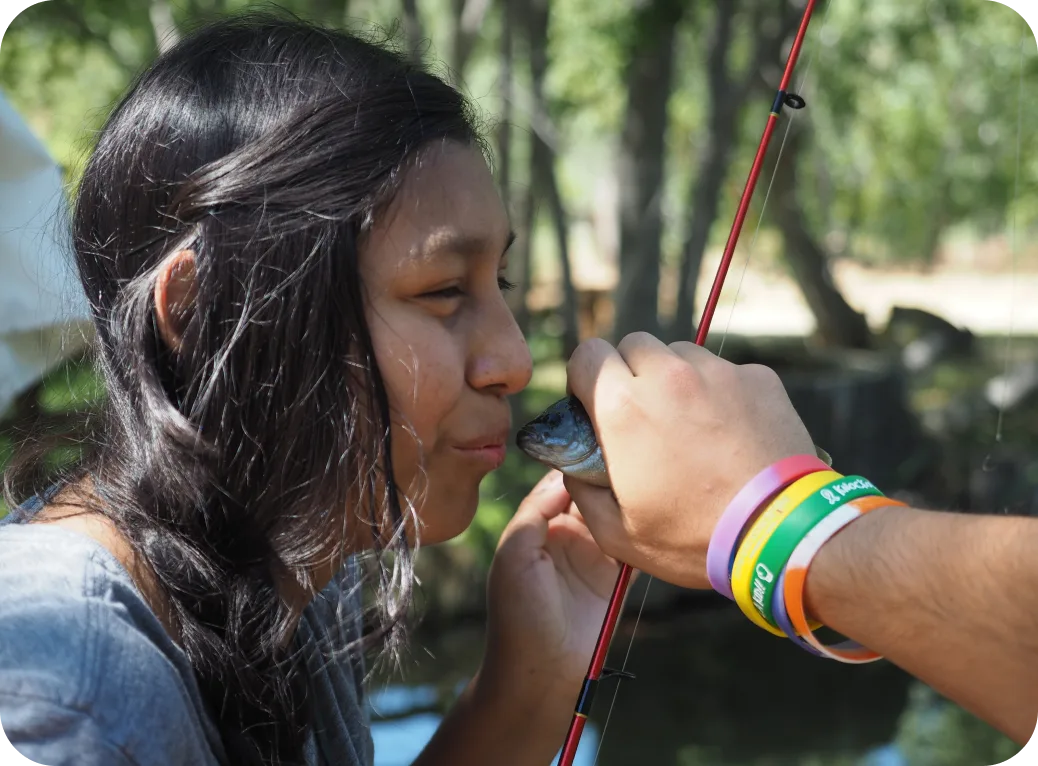
The Painted Turtle
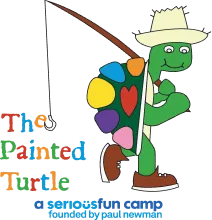
Located just north of Los Angeles, The Painted Turtle has provided hundreds of thousands of camp experiences to children with serious medical conditions and their families through year-round programming since 2004. Campers ages 6–17 can enjoy a variety of adaptive activities in a fun and safe environment through programs ranging from single-day events to week-long sessions. The Painted Turtle supports children’s medical needs and offers care, education, and respite for their families—all entirely free of charge.

Grantee Partner Information
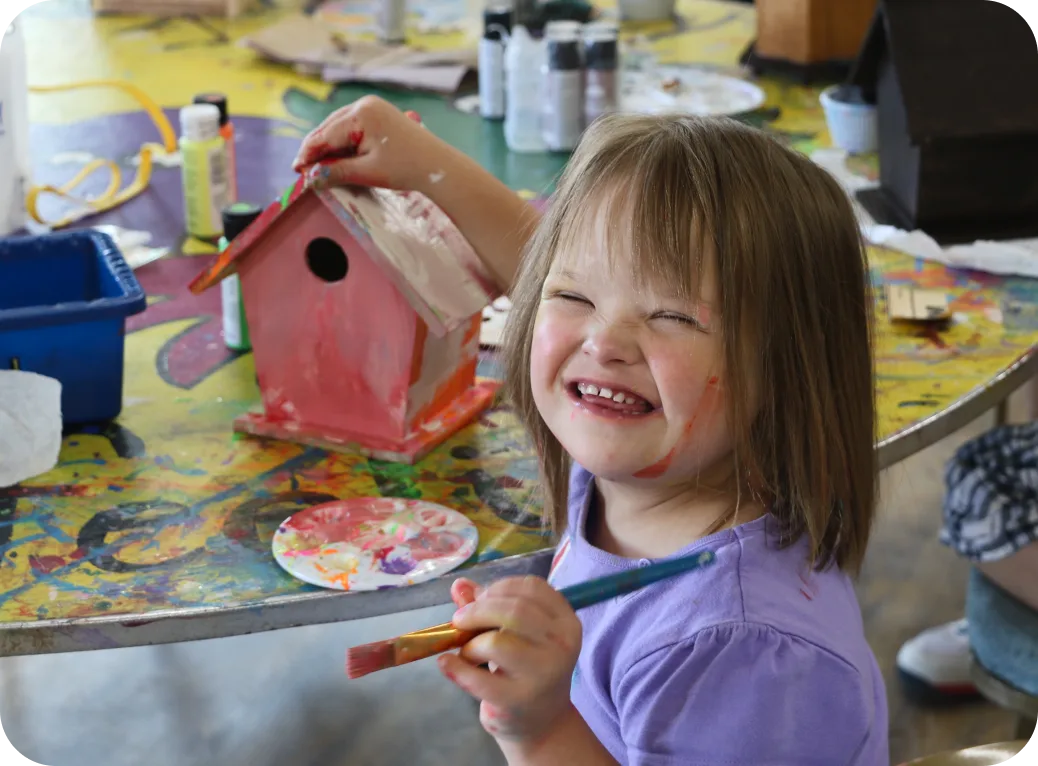
Camp Korey
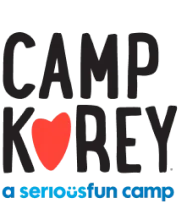
Each year, Camp Korey brings joy, community, and new adventures to nearly 2,000 campers in the Pacific Northwest living with life-altering medical conditions and their parents, siblings, and caregivers. As a proud member of the SeriousFun Children’s Network, Camp Korey is more than a camp, it’s a place where challenges transform into triumphs, and where the spirit of community and adventure thrives. Their programs not only bring smiles to the faces of our campers but also create a supportive network for families who are navigating life’s journey with resilience and hope.

Grantee Partner Information
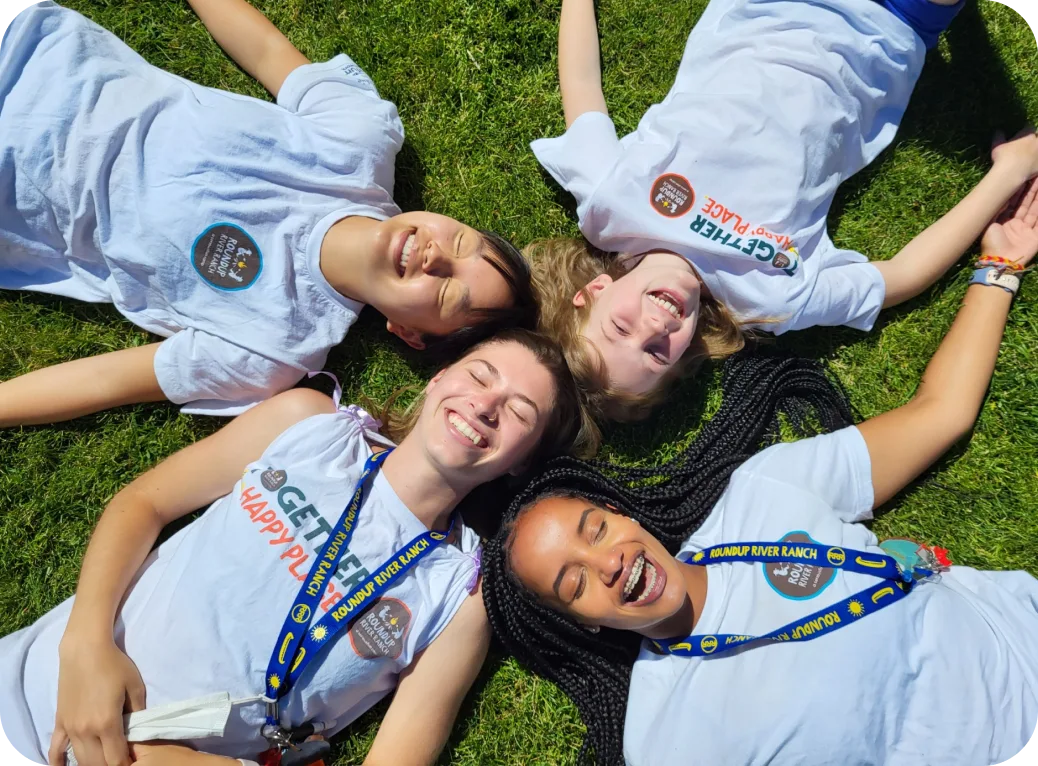
Roundup River Ranch

Since 2006, Roundup River Ranch has provided transformative experiences for children with life-altering diagnoses and their families – offering them the chance to embrace joy, create connection, foster independence, and build hope through free, medically-supported camp programs. Nestled in a canyon along the Colorado River, the 125-acre campsite in the heart of the Rocky Mountains welcomes campers ages 5-17 and their families to find respite at Summer Camp and Family Camp sessions. Outreach and Alumni Programs extend the camp spirit year-round through engaging online and in-person experiences.

Grantee Partner Information
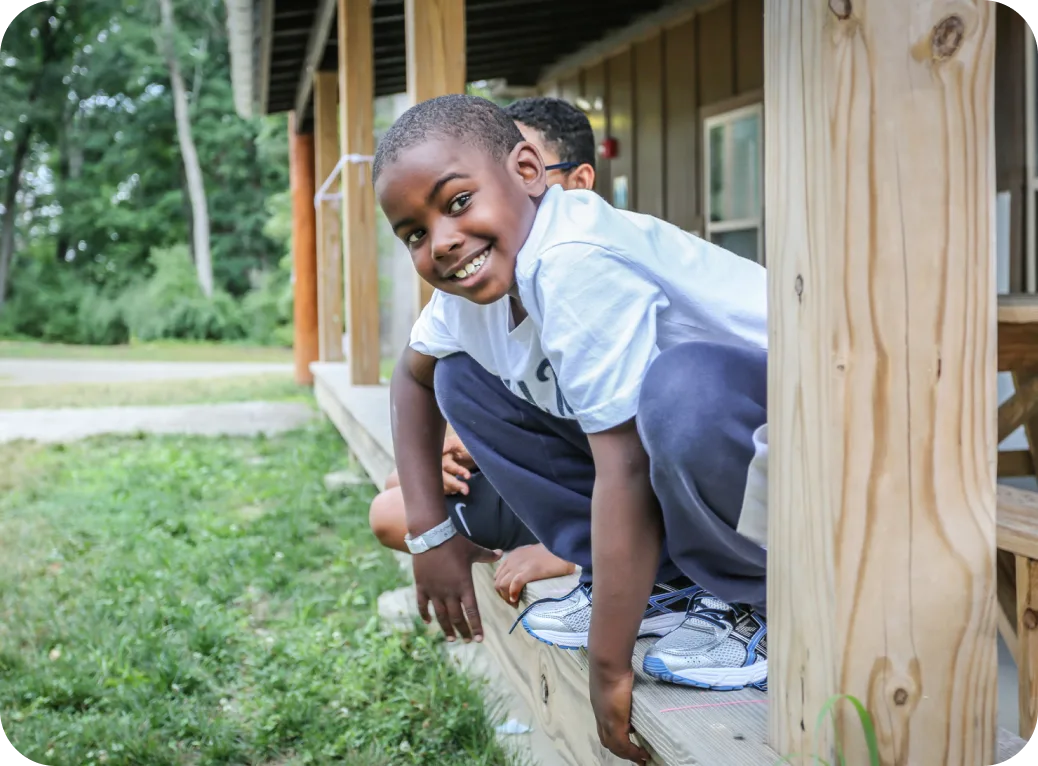
North Star Reach
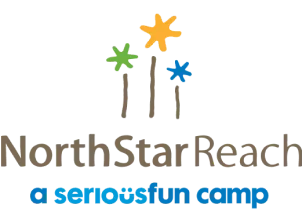
Since 2016, North Star Reach has provided life-changing camp experiences for children with serious health challenges in a safe, medically supported environment. Located near Ann Arbor, Michigan, our beautiful 105-acre camp welcomes children ages 7–17 and their families from across the Great Lakes region. Through weekend and week-long programs filled with connection, community, and a whole lot of Mooseness, campers discover joy, friendships, and memories that last a lifetime.

Grantee Partner Information
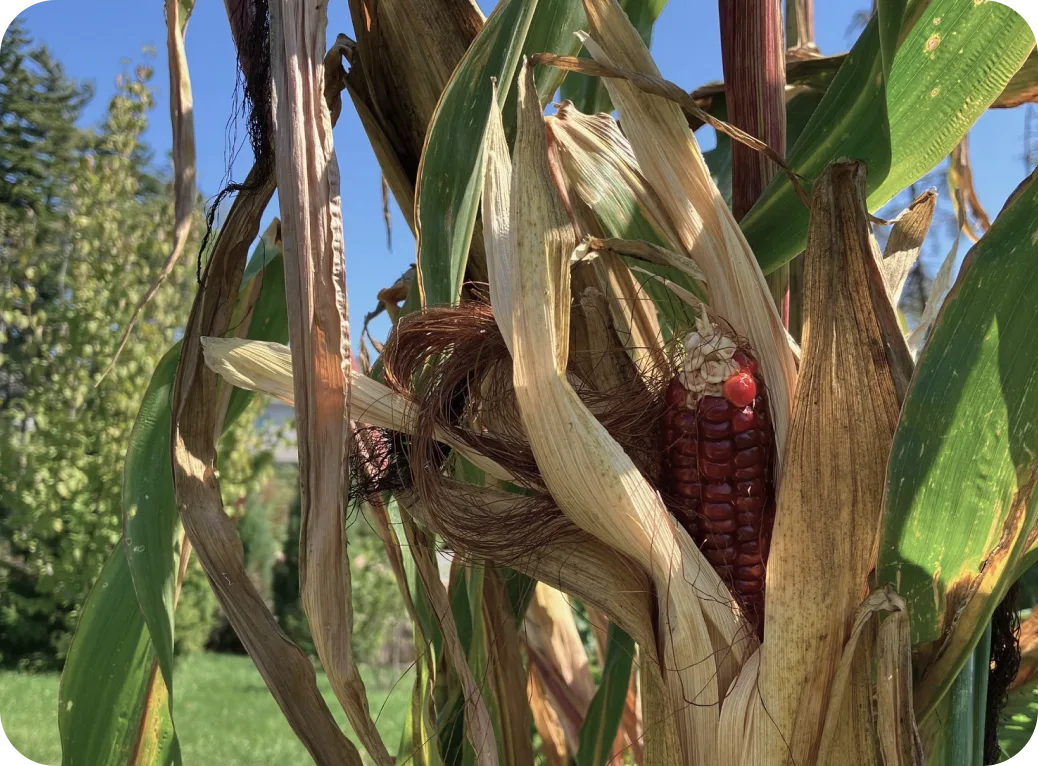
Wabanaki Health and Wellness
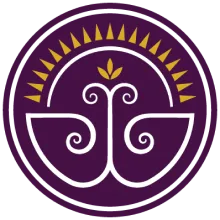
Wabanaki Public Health & Wellness serves the Houlton Band of Maliseet Indians, the Aroostook Band of Micmacs, the Passamaquoddy Tribe at Indian Township, the Passamaquoddy Tribe at Pleasant Point, and the Penobscot Nation. Its mission is to provide community-driven, culturally centered public health and social services to all Wabanaki communities and people while honoring Wabanaki cultural knowledge, cultivating innovation, and fostering collaboration. Youth engagement is provided through culturally centered after-school activities and special events, including The Learning Kitchen, which offers youth a chance to try traditional foods, learn how to prepare them, and share what they learn with their families.

Grantee Partner Information
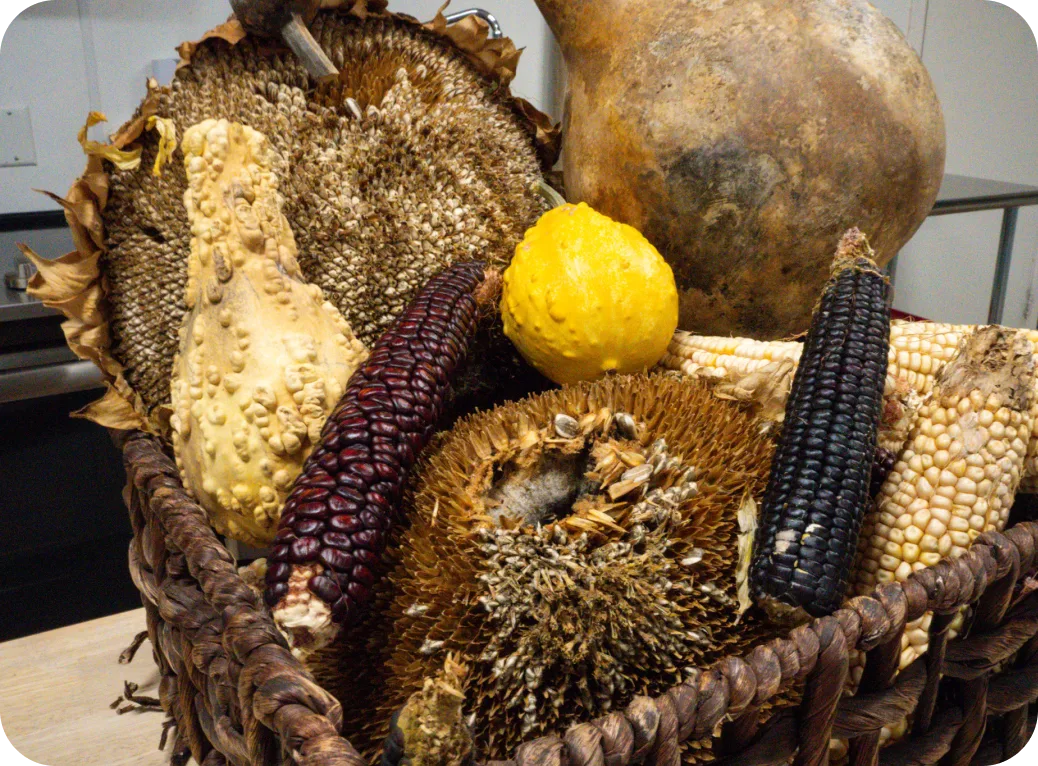
University of Minnesota Foundation
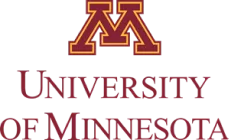
Hosted by the University of Minnesota, the Conference on Native American Nutrition brings together tribal and community leaders, nutrition and wellness educators, researchers and students, health practitioners, government officials, funders, and others to discuss the current state of both Indigenous and academic scientific knowledge about Native food systems, food sovereignty, nutrition, and health. Sessions include Indigenous perspectives on the role of food in health and wellbeing, model tribal programs, the state of Indigenous science, and food policy.

Grantee Partner Information
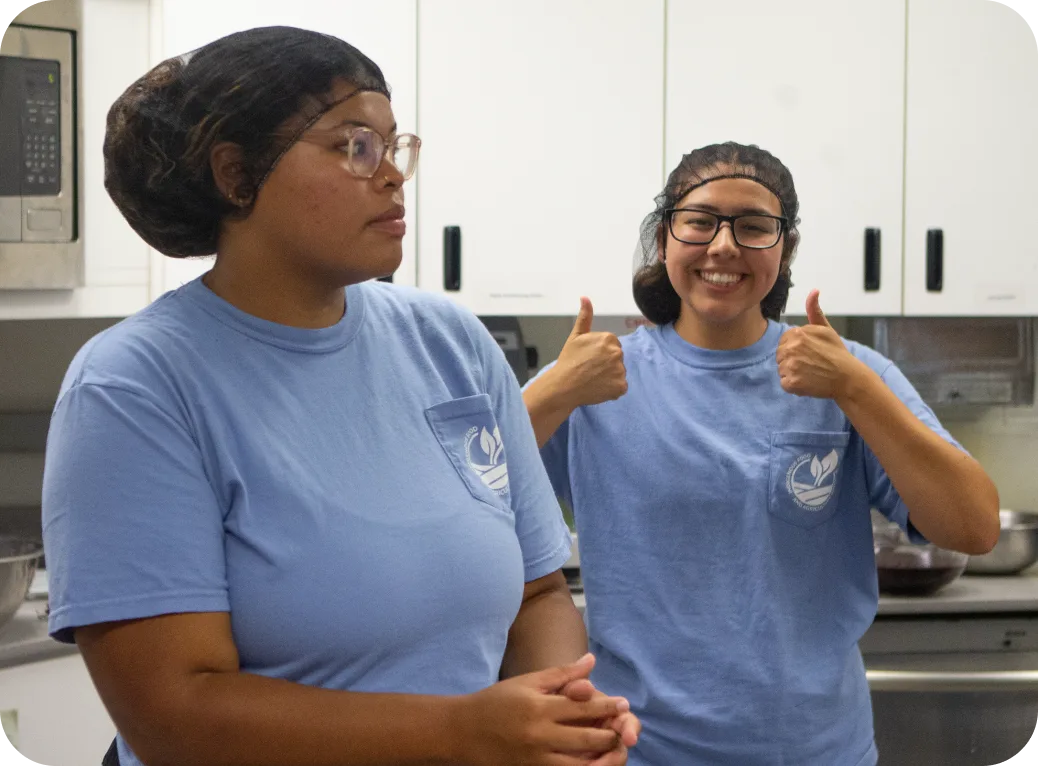
Photo courtesy of University of Arkansas Foundation.
University of Arkansas Foundation

The Indigenous Food and Agriculture Initiative’s Native Youth in Food and Agriculture Leadership Summit invests in the next generation of Native food and agricultural leaders, equipping participants with professional skills and knowledge while building lifelong connections to peers from across Indian Country. Along with sessions and activities on the University of Arkansas’ campus, participants tour nearby Tribal food and agriculture operations to learn more about food sovereignty and conservation efforts. The week-long summit also includes preparing a meal crafted with Native-produced and local ingredients alongside seasoned Native American chefs, attending food preservation classes led by IFAI’s food safety team, and more!

Photo courtesy of University of Arkansas Foundation.
Grantee Partner Information
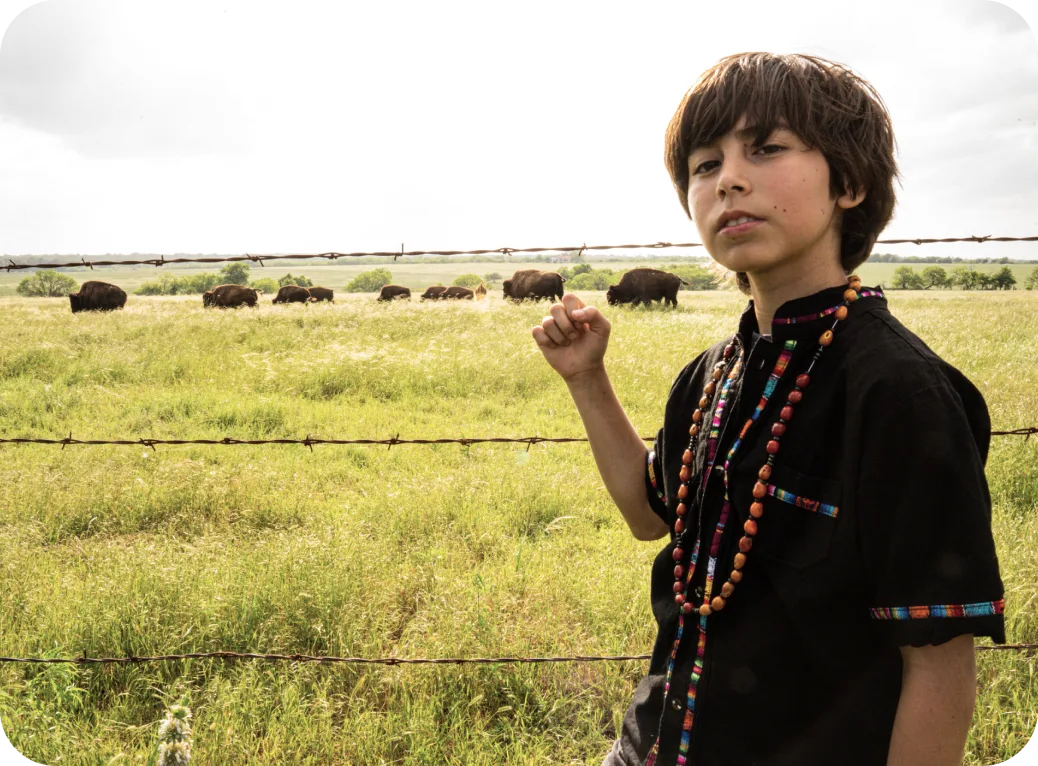
Texas Tribal Buffalo Project
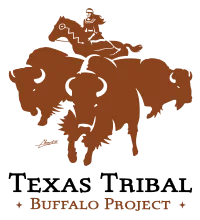
Texas Tribal Buffalo Project is dedicated to the relationship between Lipan Apache and other Indigenous communities and Tribes in Texas with Buffalo. This resurgence of Native life promotes health and vitality for the land and for the people who utilize bison meat and other valuable products. Cultural Youth Camp participants learn farming and agriculture methods, as well as care of the Buffalo and the community garden.

Grantee Partner Information
Partner since
2022
Location
(Lipan Apache descendants) Texas
Priority
Indigenous Food JusticeFurther Reads
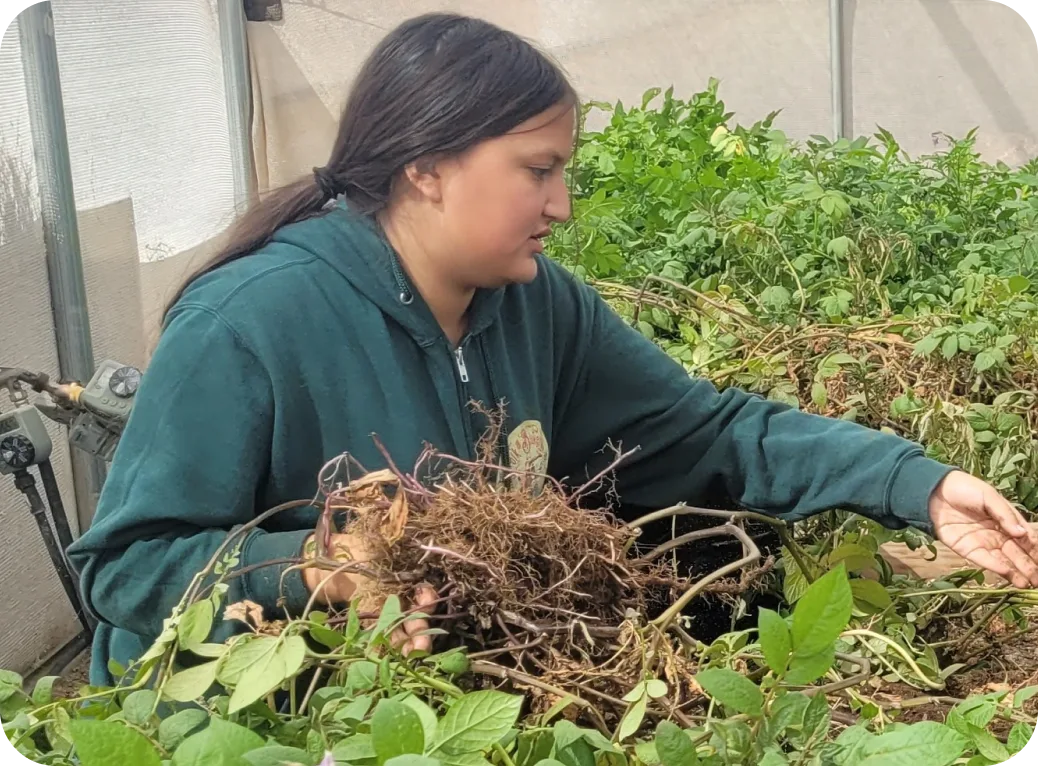
Photo courtesy of STAR School.
STAR School (aka Painted Desert Demonstration Projects)

The STAR School is a rural and remote charter school located outside of Flagstaff, AZ, that serves a student population that is 99% Native American. The school’s gardening program allows its students to grow fresh and healthy food so they can learn about nutrition and food sovereignty.

Photo courtesy of STAR School.
Grantee Partner Information
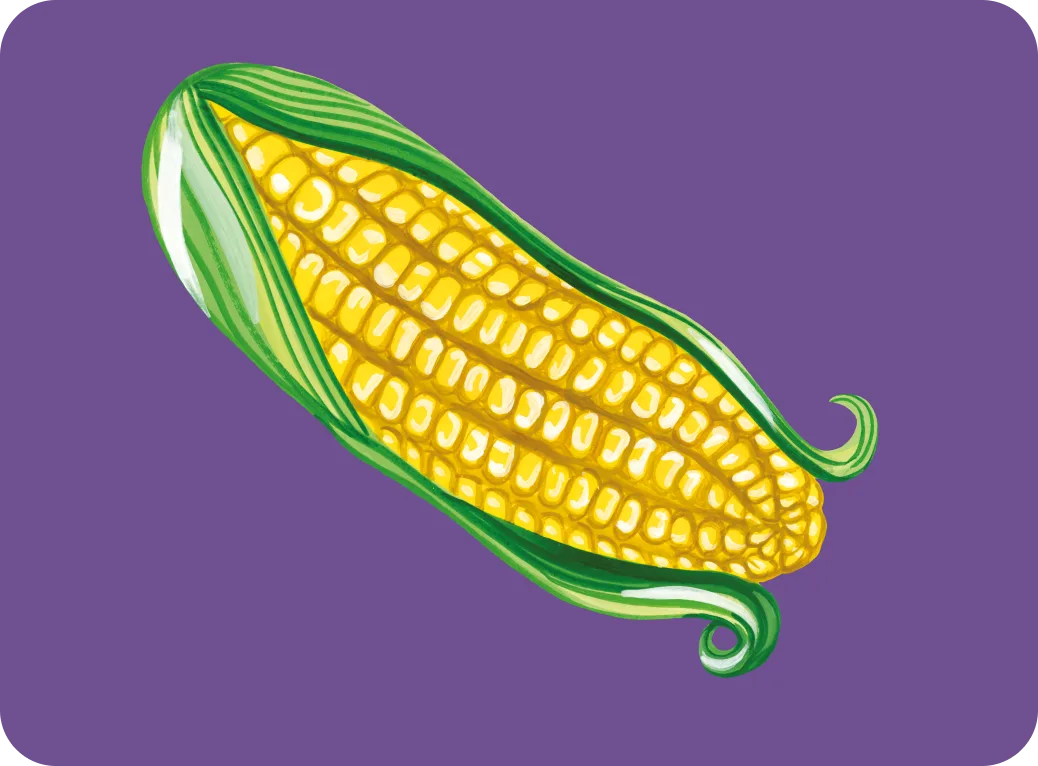
Snoqualmie Indian Tribe
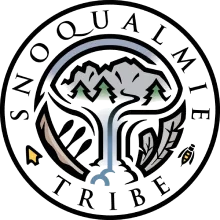
Snoqualmie Indian Tribe is a sovereign tribal nation provides health and wellness services and education benefits to its people.

Grantee Partner Information
Partner since
2024
Location
(Snoqualmie) Washington
Priority
Indigenous Food JusticeProgram
2024 Food Justice for Kids Prize Recipient
Partner Links
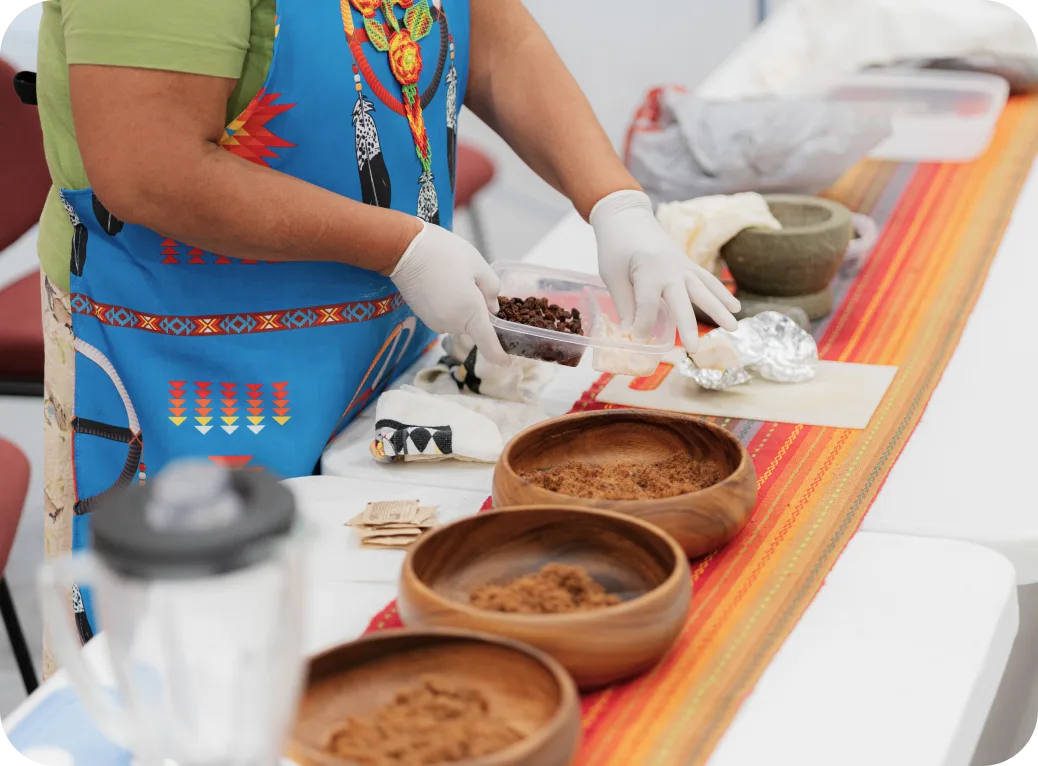
Photo courtesy of Siċaŋġu Co.
Siċaŋġu Co

As Lakota, Siċaŋġu Co believes its people are all related and have a duty to create a better world for future generations. The Siċaŋġu Health Initiative exists to help Siċaŋġu families on their return to their natural healthiness and wellbeing (Wicozani). Siċaŋġu Co builds socio-emotional well-being in young people through in-school programming and camps, supports family health through coaching and food and wellness classes, and engages communities through health- and relationship-building events.

Photo courtesy of Siċaŋġu Co.
Grantee Partner Information
Partner since
2022
Location
(Siċaŋġu Lak̇ota nation) South Dakota
Priority
Indigenous Food JusticeFurther Reads
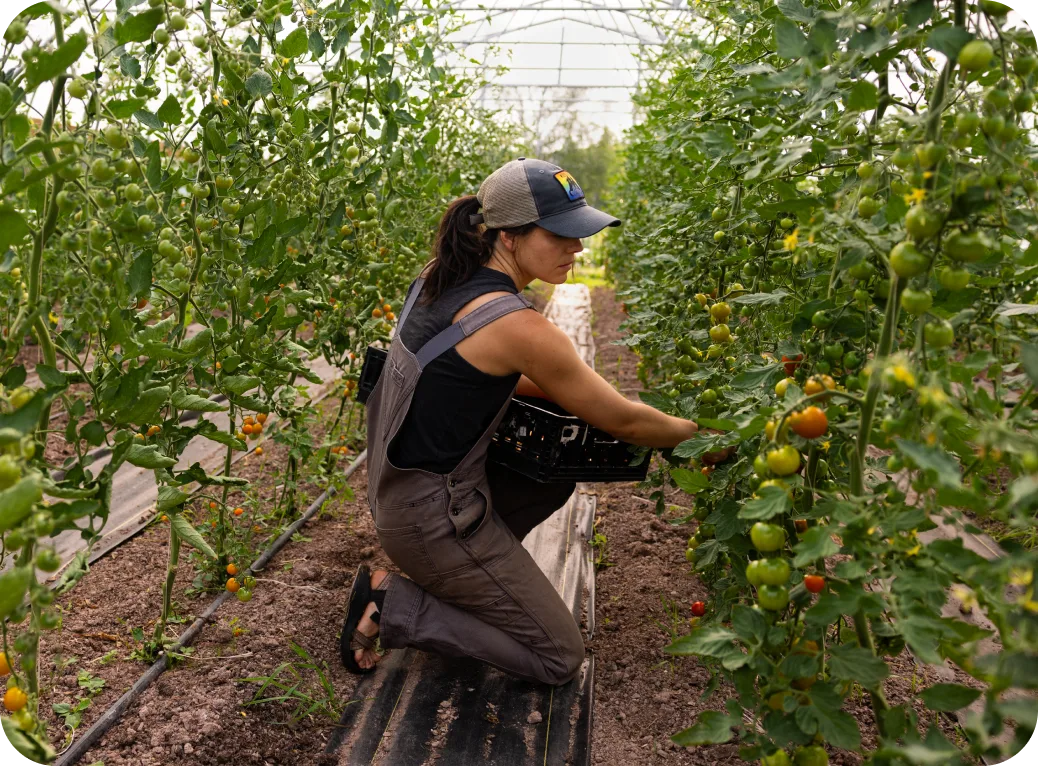
Photo courtesy of Mino Bimaadiziiwin Tribal Farm, Red Cliff Band of Lake Superior Chippewa.
Mino Bimaadiziiwin Tribal Farm, Red Cliff Band of Lake Superior Chippewa

The mission of Mino Bimaadiziiwin (the Good Life) Tribal Farm (a program of Red Cliff Band of Lake Superior Chippewa) is to support the needs of the Red Cliff community and advance the food sovereignty goals of the Tribe. It accomplishes this through production and distribution of food, community engagement and food sovereignty initiatives, and youth work. Its youth initiatives include an annual iskigamizigan (sugarbush), seasonal field trips, youth workshops and cultural events, and distribution of produce directly to the local school cafeteria.

Photo courtesy of Mino Bimaadiziiwin Tribal Farm, Red Cliff Band of Lake Superior Chippewa.
Grantee Partner Information
Partner since
2022
Location
(Red Cliff Band Of Lake Superior Chippewa) Red Cliff Reservation, Wisconsin
Priority
Indigenous Food JusticeFurther Reads
Partner Links
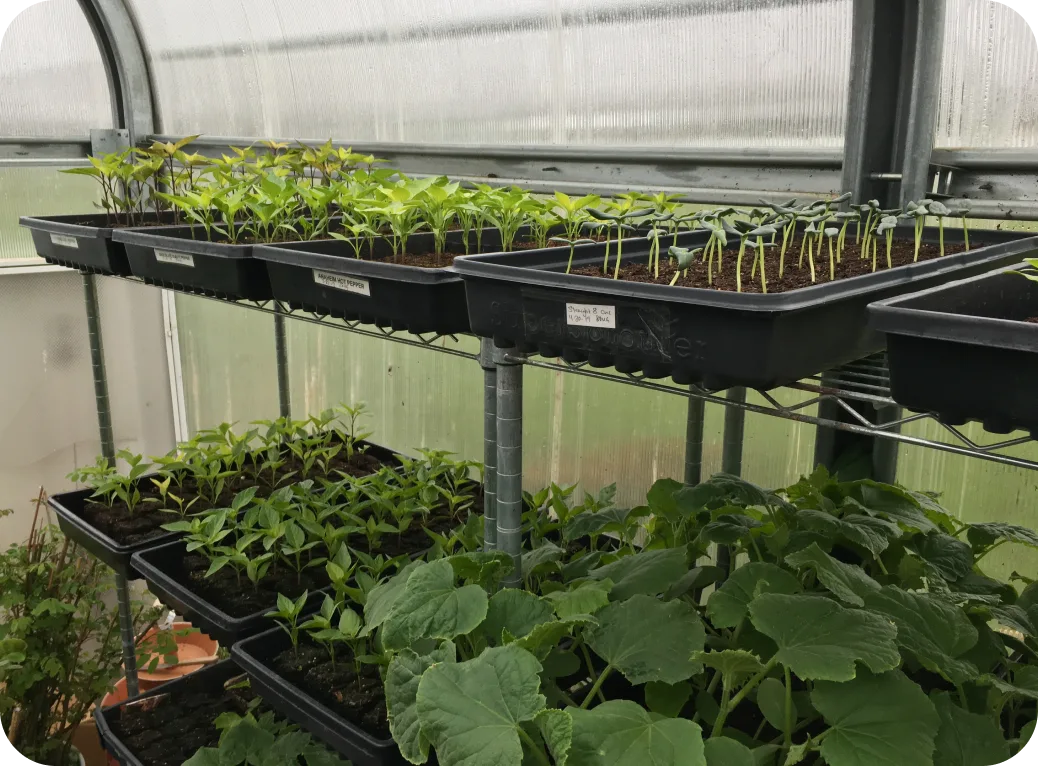
Photo courtesy of Partnership with Native Americans.
Partnership with Native Americans

Partnership with Native Americans is a nonprofit organization that works with tribal communities to improve the quality of life for Native Americans living on reservations.

Photo courtesy of Partnership with Native Americans.
Grantee Partner Information
Partner since
2024
Location
Texas
Priority
Indigenous Food JusticeProgram
2024 Food Justice for Kids Prize Recipient
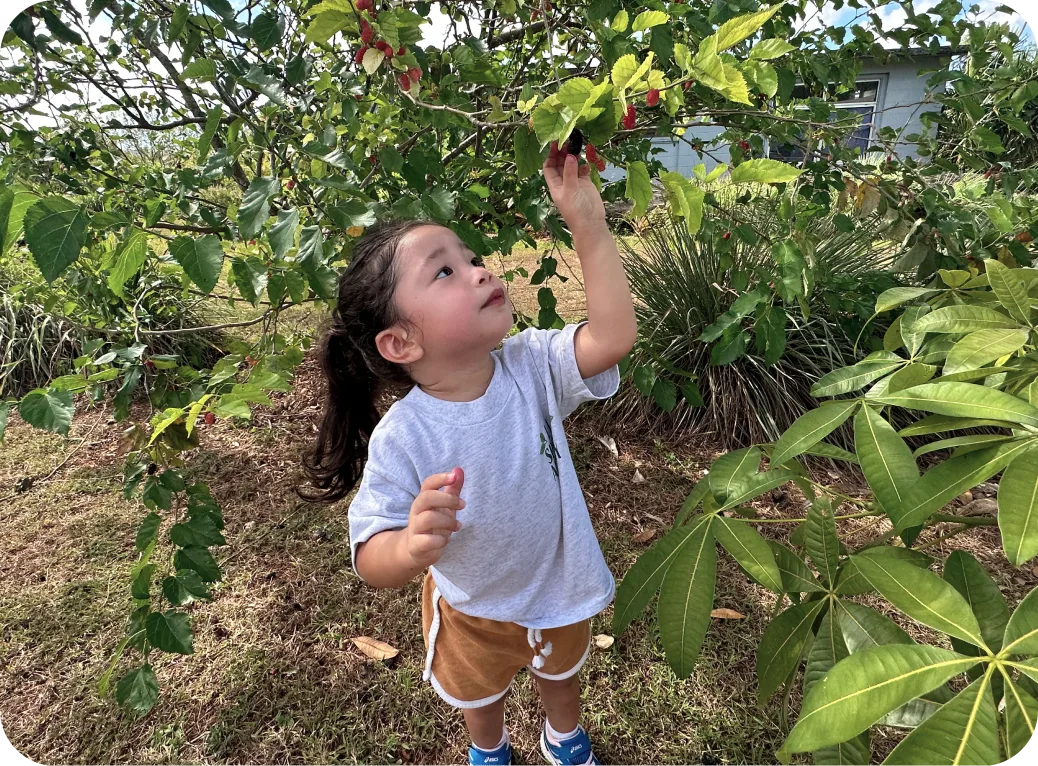
Photo courtesy of Oceanic Ascent Education & Athletics (Guåhan Sustainable Culture).
Oceanic Ascent Education & Athletics (Guåhan Sustainable Culture)

Guåhan Sustainable Culture’s Youth Education Program focuses on educating elementary and middle school students on the importance of growing their own food by teaching them how to create a garden and cook healthy foods using what they grow. The program includes field trips to the organization’s community gardens, cooking classes using locally grown produce, and engagement with farmers.

Photo courtesy of Oceanic Ascent Education & Athletics (Guåhan Sustainable Culture).
Grantee Partner Information
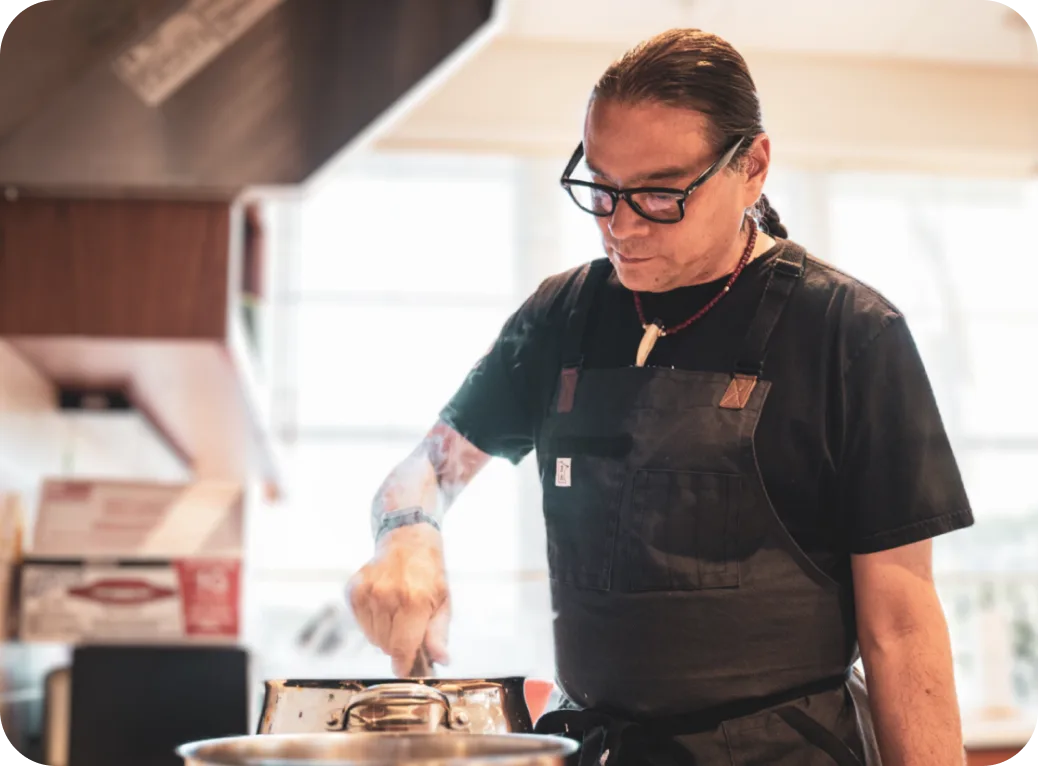
Photo courtesy of NATIFS.
North American Traditional Indigenous Food Systems
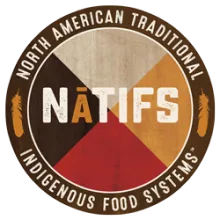
North American Traditional Indigenous Food Systems (NĀTIFS) is the nonprofit founded by Lakota Chef Sean Sherman of The Sioux Chef. NĀTIFS and the Indigenous Food Lab are working to address the economic and health crises affecting Native communities by re-establishing Native foodways; its mission is to promote Indigenous foodways education and facilitate Indigenous food access.

Photo courtesy of NATIFS.
Grantee Partner Information
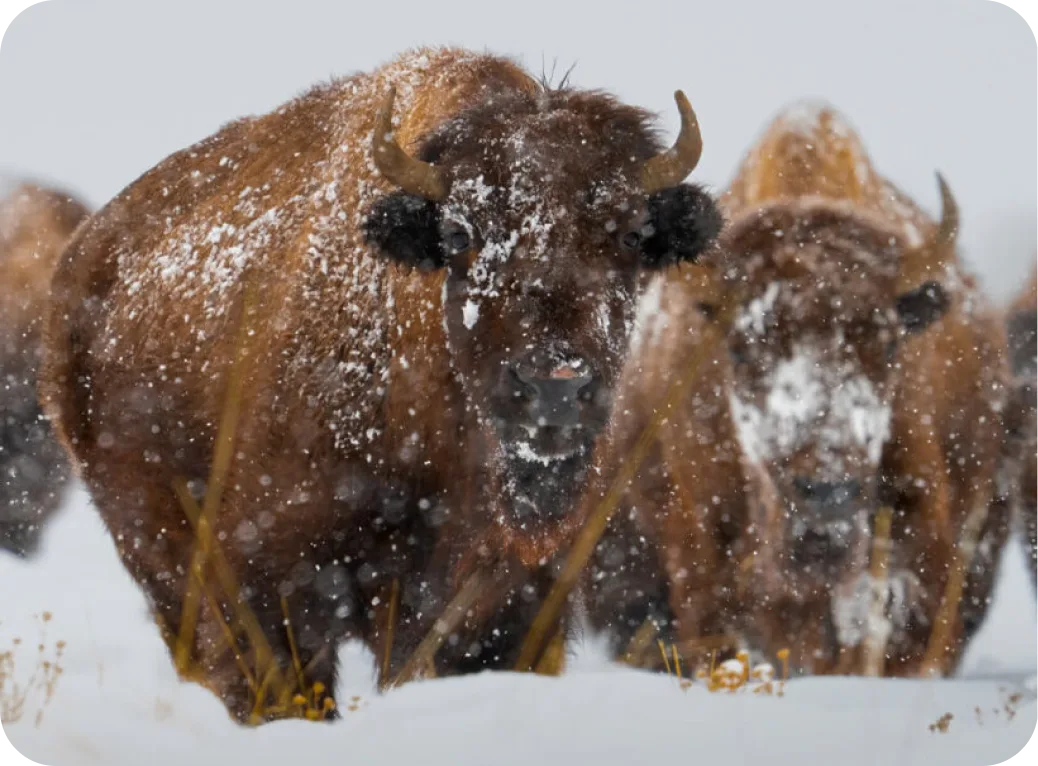
Photo courtesy of Wind River Tribal Buffalo Initiative.
Wind River Tribal Buffalo Initiative

Wind River Tribal Buffalo Initiative is an Indigenous-led organization which aims to rectify the loss of Buffalo from Tribal communities by providing education and engagement activities for Tribal members to learn about and begin to practice their ecological, cultural, and historical connections to buffalo. The Youth Buffalo Cultural Institute focuses on expanding the youth buffalo curriculum and increasing food security for Northern Arapaho and Eastern Shoshone youth by reincorporating Buffalo into their lives, diets, and ceremonies.
2024 impact:
- Nearly 1,000 youth engaged across 80 educational visits.
- 17,000 acre piece of land acquired
- 6 buffalo harvested in 2024, with plans to double the harvest in 2025
“We are on a mission to restore conservation Buffalo through land rematriation, community revitalization, and youth education. The return of Buffalo has the power to heal land and people together; Buffalo restoration is a powerful step in exerting Tribal sovereignty and self-determination.” –Jason Baldes, Executive Director of the Wind River Tribal Buffalo Initiative

Photo courtesy of Wind River Tribal Buffalo Initiative.
Grantee Partner Information
Partner since
1990
Location
(Eastern Shoshone and Northern Arapaho) Wind River Reservation, Wyoming
Priority
Indigenous Food JusticeFurther Reads
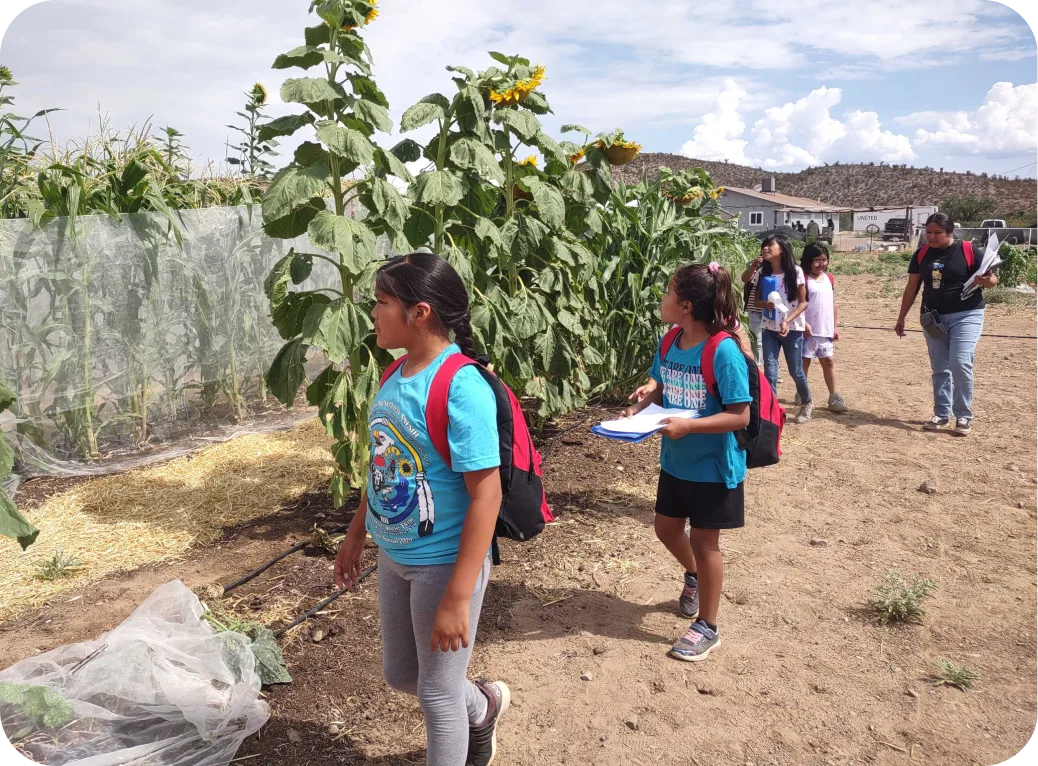
Nalwoodi Denzhone Community.
Nalwoodi Denzhone Community
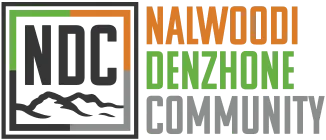
Working in Arizona, Nalwoodi Denzhone Community (NDC) provides revitalization services to the San Carlos Apache community through food production, youth education, and collaborative outreach. It is committed to bringing holistic health to people and planet through creative, yet practical, solutions relevant to this day and age.

Nalwoodi Denzhone Community.
Grantee Partner Information
Partner since
2022
Location
(San Carlos Apache) San Carlos Apache Reservation, Arizona
Priority
Indigenous Food JusticeFurther Reads
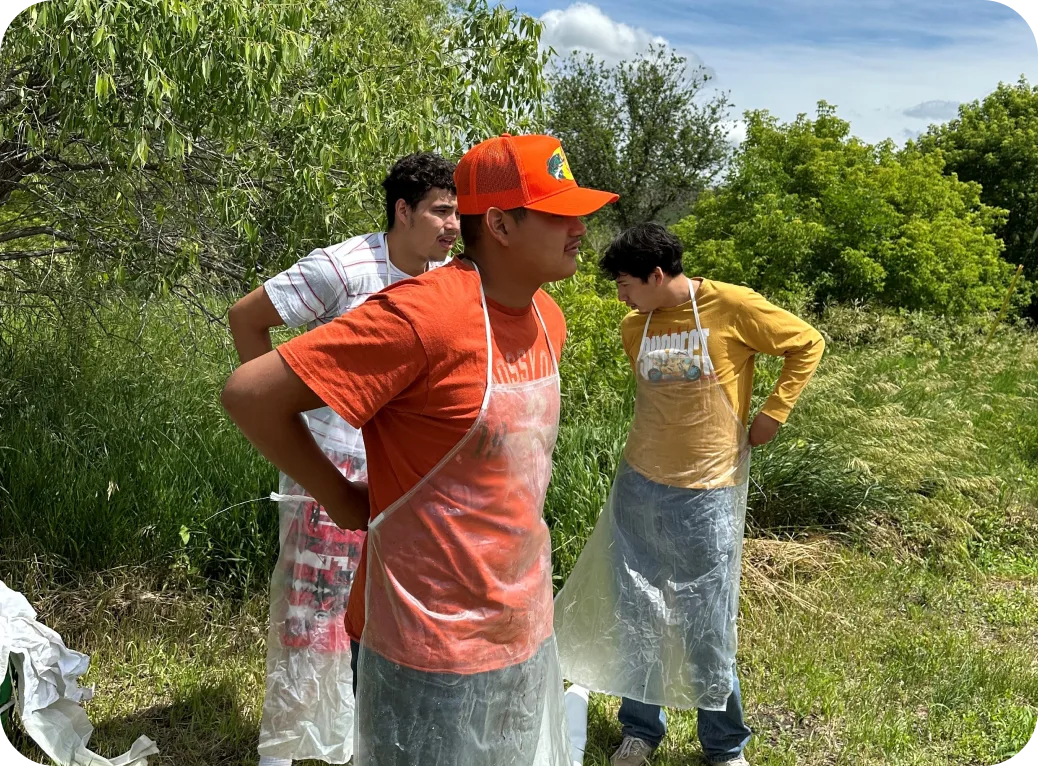
Photo courtesy of Makoce.
Makoce Agriculture Development
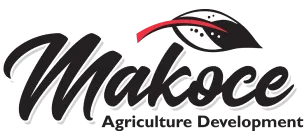
Makoce Agriculture Development’s mission is to develop Indigenous Agriculture & Food Systems designed to regenerate equitable healthy communities, economies, and environment. Its focus is to utilize the land, people, and traditional thoughts and systems to bring the community up and become the thriving Oglala Lakota Oyate. It accomplishes this through 5 Initiatives: The Food Systems Institute, The Food Hub, Regenerative Production Farm, Hemp Production, and the Oceti Sakowin Food Systems Alliance.

Photo courtesy of Makoce.
Grantee Partner Information
Partner since
2021
Location
(Oglála Lakȟóta Oyáte) Pine Ridge Reservation, South Dakota
Priority
Indigenous Food Justice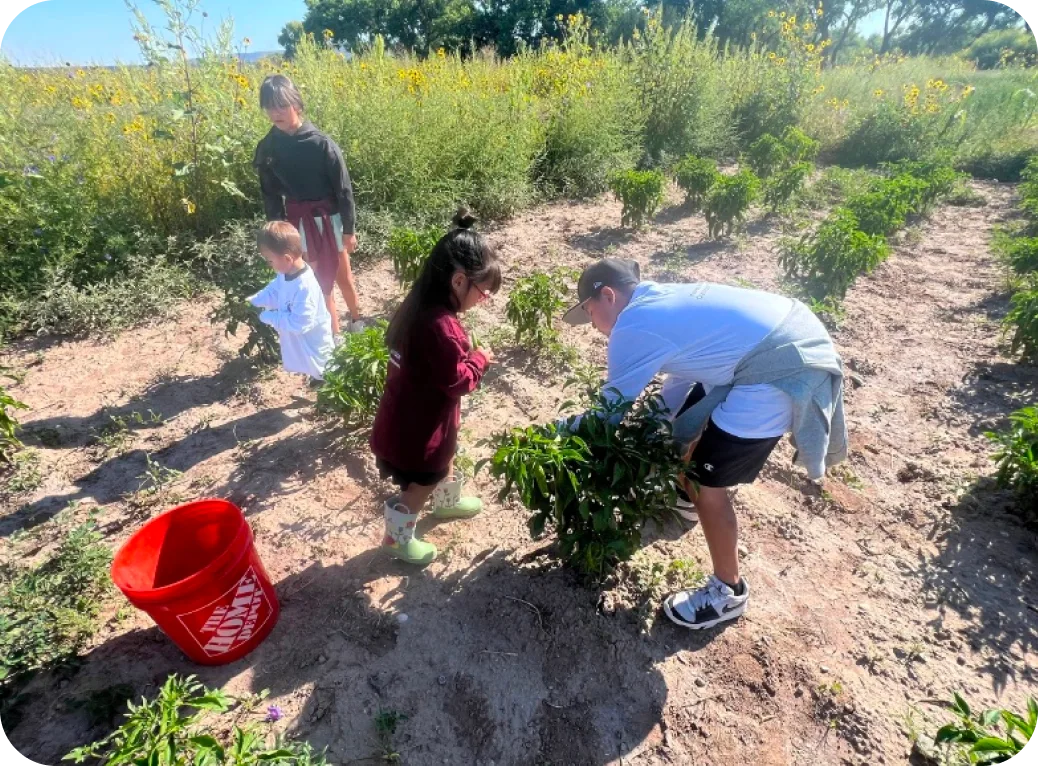
Photo courtesy of Keres Children's Learning Center.
Keres Children’s Learning Center
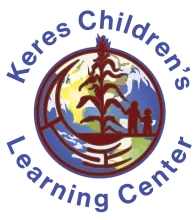
Keres Children’s Learning Center strives to reclaim Keres children’s education and honor their heritage by using a comprehensive cultural and academic curriculum to assist families in nurturing healthy students.

Photo courtesy of Keres Children's Learning Center.
Grantee Partner Information
Partner since
2024
Location
(Cochiti) New Mexico
Priority
Indigenous Food JusticeProgram
2024 Food Justice for Kids Prize Recipient
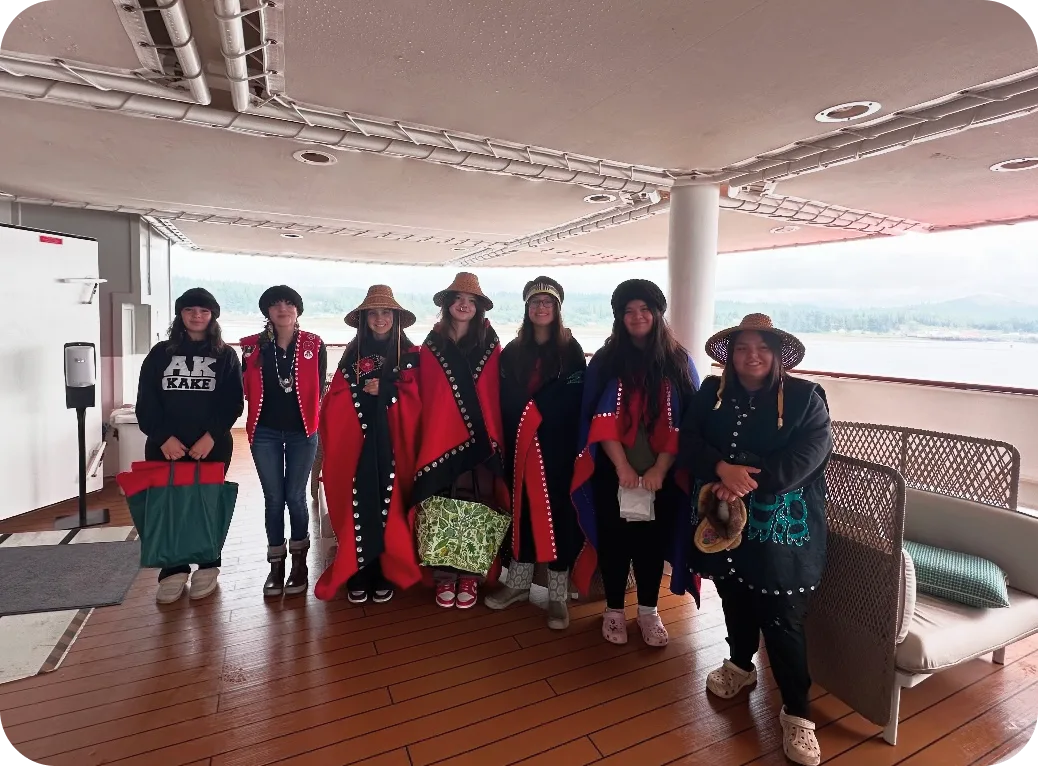
Photo courtesy of Kake Tribal Heritage Foundation.
Kake Tribal Heritage Foundation
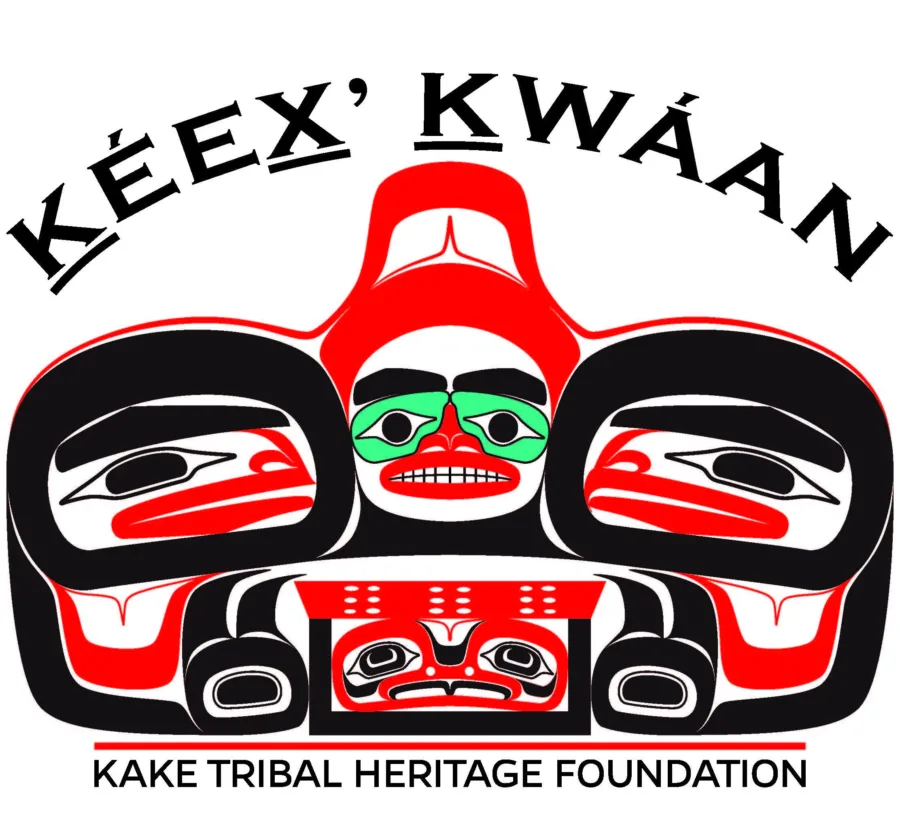
Located in Southeast Alaska, Kake Tribal Corporation’s mission is to serve shareholders and their descendants by preserving culture, protecting shared lands, and enhancing the community’s financial security. Its internship program offers high school students the opportunity to increase their knowledge of food security, their ability to grow and use hydroponics food, and their skills in harvesting and processing traditional wild foods (e.g. salmon, berries, beach greens, deer, and shellfish) for eating and sharing with family and Tribal Elders.

Photo courtesy of Kake Tribal Heritage Foundation.
Grantee Partner Information
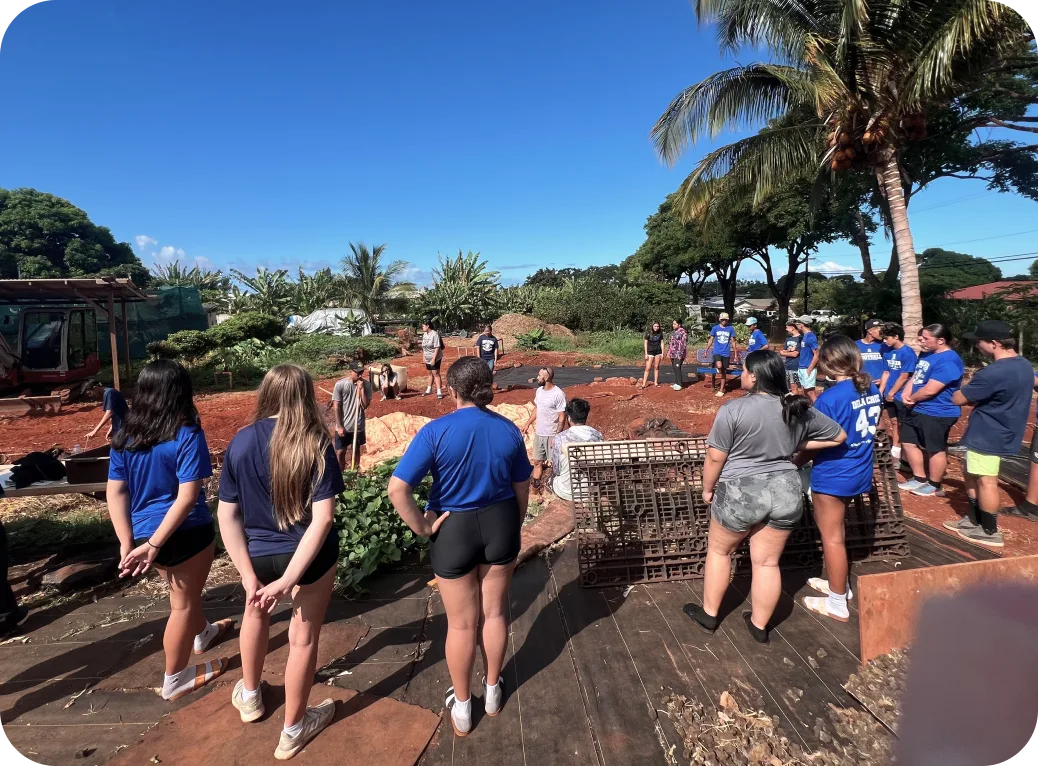
Photo courtesy of Iwikua.
Iwikua

Iwikua serves as an educational resource to benefit the wellness of west Kaua’i and future generations through sustainable food production, physical fitness, and cultural exchange.

Photo courtesy of Iwikua.
Grantee Partner Information
Partner since
2024
Location
Hawai’i
Priority
Indigenous Food JusticeProgram
2024 Food Justice for Kids Prize Recipient
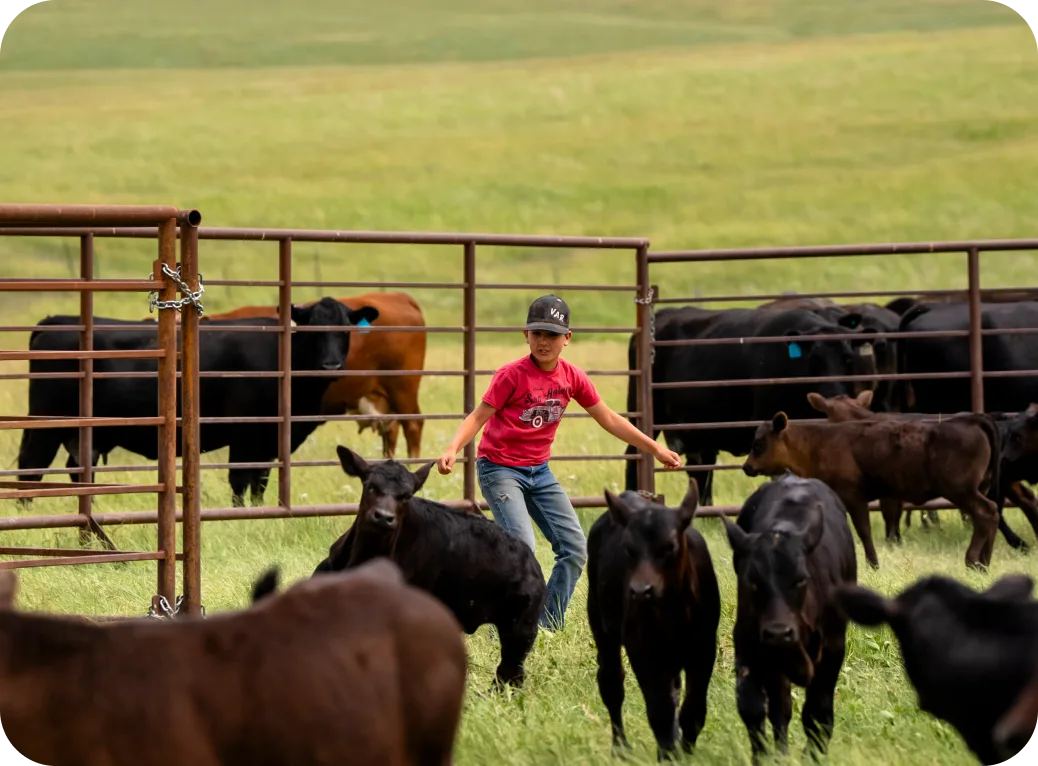
Photo courtesy of Intertribal Agriculture Council.
Intertribal Agriculture Council
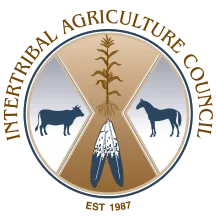
Intertribal Agriculture Council is a Billings-based organization that conducts a wide range of programs designed to improve Indian Agriculture and provide a unified effort to promote change for the benefit of Indian people.

Photo courtesy of Intertribal Agriculture Council.
Grantee Partner Information
Partner since
2024
Location
Montana
Priority
Indigenous Food JusticeProgram
2024 Food Justice for Kids Prize Recipient
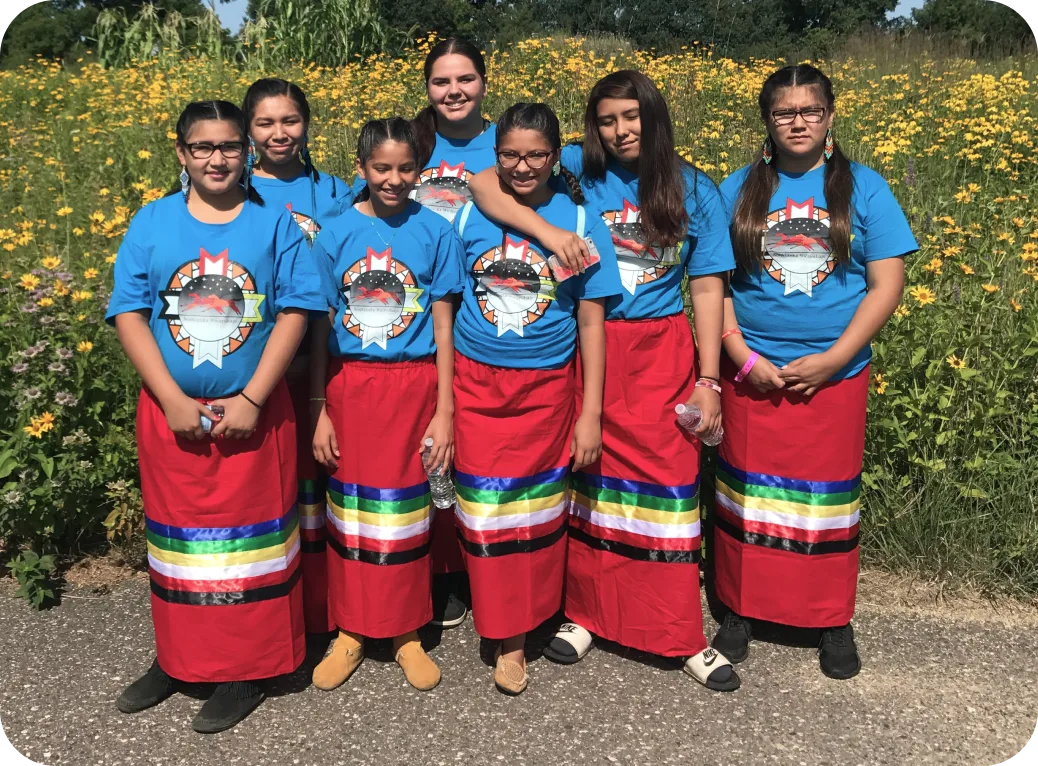
Photo courtesy of First Nations Development Institute.
First Nations Development Institute

The mission of First Nations Development Institute (FNDI) is to strengthen American Indian economies, in turn, supporting healthy Native communities. Through its Nourishing Native Food and Health program, FNDI supports tribes and Native communities in building Indigenous food systems that improve community health, increase control over Native agriculture and food, and reaffirm culture through Indigenous land stewardship practices and understandings. This focus includes reaching the next generation of Native food producers by investing in Native-led organizations that are working toward stronger food economies, food systems, and food security through youth education.

Photo courtesy of First Nations Development Institute.
Grantee Partner Information
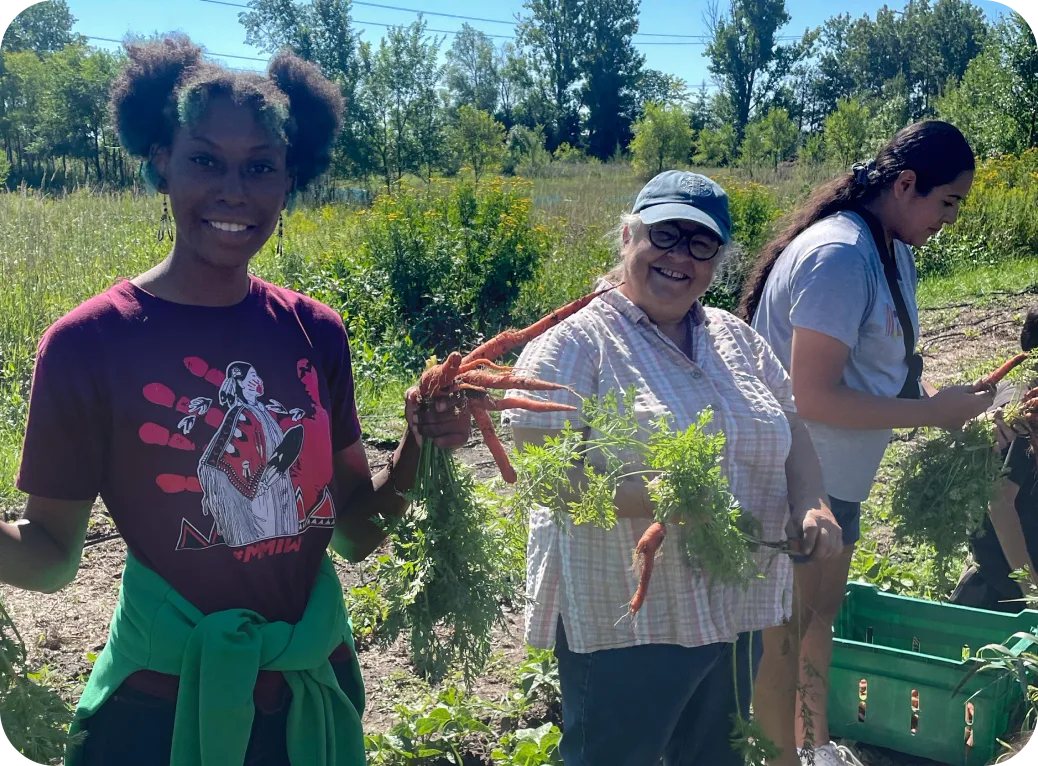
Photo courtesy of Dream of Wild Health.
Dream of Wild Health
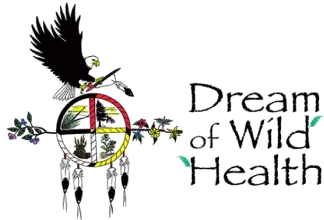
The mission of Dream of Wild Health is to restore health and well-being in the Native community by recovering knowledge of and access to healthy Indigenous foods, medicines, and lifeways. To achieve this vision, staff work to build community, share Indigenous traditional knowledge, teach about and advocate for food sovereignty, host workshops and community events, and support community partner organizations, schools, and Tribal communities.

Photo courtesy of Dream of Wild Health.
Grantee Partner Information
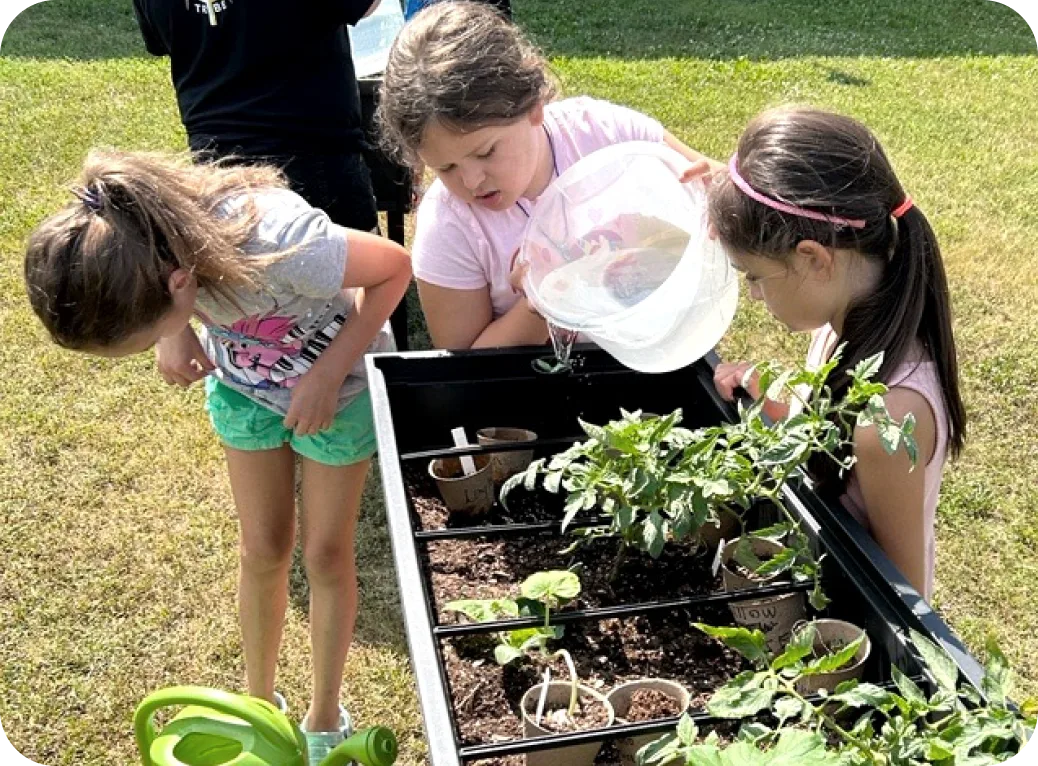
Photo courtesy of Chickahominy Indian Tribe.
Chickahominy Indian Tribe
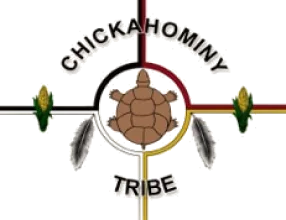
The Chickahominy Indian Tribe’s mission is to serve its citizens by creating a respectful path to lasting well-being and connection that honors the past, sustains the present, and inspires the future, to preserve and protect the resources that Creator has entrusted to them, and to strengthen government-to-government relationships by exercising Tribal sovereignty in a responsible, deliberate, and sustainable manner. As part of its programming, Tribal Youth will learn to assemble, create, and maintain raised garden beds on Tribal property. This activity will instill knowledge about traditional foods and cultivation techniques.

Photo courtesy of Chickahominy Indian Tribe.
Grantee Partner Information
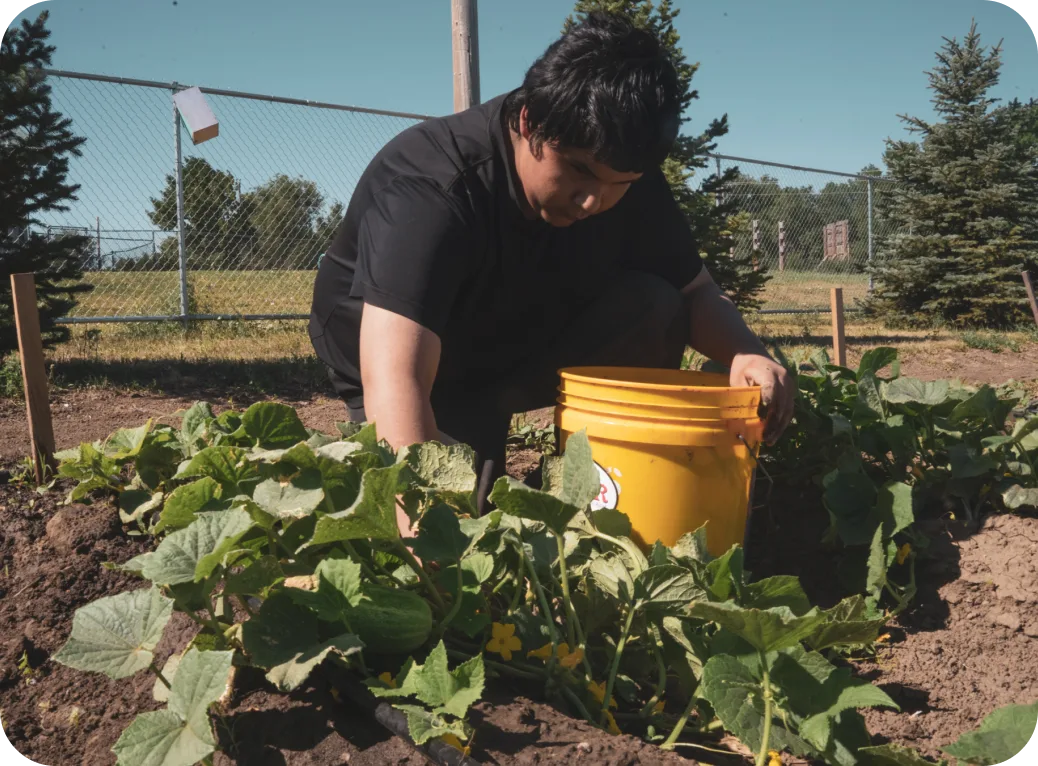
Photo courtesy of Cheyenne River Youth Project.
Cheyenne River Youth Project
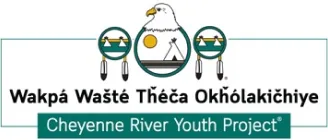
The Cheyenne River Youth Project is dedicated to providing the young people on the Cheyenne River Sioux Reservation with the resources and opportunities they need to build a future in which they will do more than survive—they will thrive. A critical part of its programming is Native Food Sovereignty, which includes the 2.5-acre Winyan Toka Win (Leading Lady) Garden, Native Food Sovereignty Teen Internships, and Garden Club for 4- to 12-year-olds.

Photo courtesy of Cheyenne River Youth Project.
Grantee Partner Information
Partner since
2021
Location
(Lakota) Cheyenne River Lakota Nation, South Dakota
Priority
Indigenous Food JusticeFurther Reads
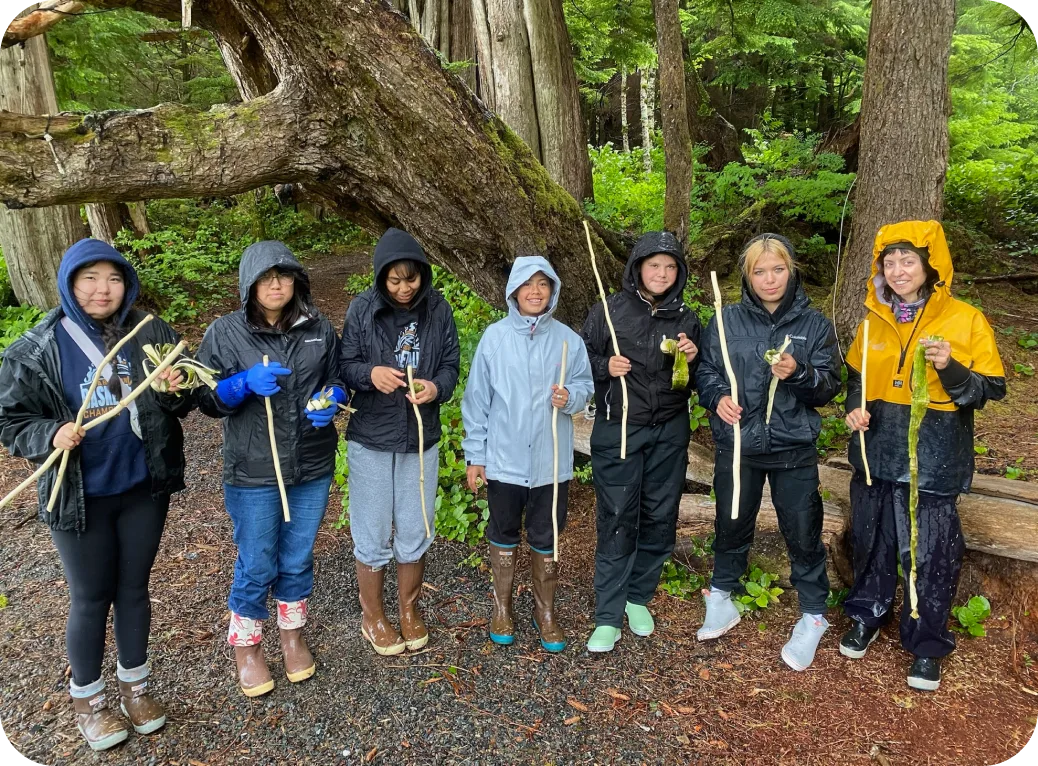
Photo courtesy of Central Council of Tlingit & Haida Indian Tribes of Alaska.
Central Council of Tlingit & Haida Indian Tribes of Alaska

The Central Council of Tlingit & Haida Indian Tribes of Alaska’s Traditional Food Security program bridges the traditional knowledge gap between elders and youth by teaching harvesting, processing, and food preservation through education, storytelling, and access to traditional foods.
The results:
- 180+ children ages 3-5 engaged in hands-on nutrition education using culturally relevant curriculum on traditional food preparation.
- 2,300 pounds of traditional Indigenous foods, including smoked salmon and herring roe – replaced processed foods in 14 classrooms across Southeast Alaska.
- Incorporated traditional Southeast Alaskan foods into national Dr. Yum’s Preschool Food Adventure curriculum.
“Integrating traditional foods into classrooms not only enriches hands-on learning, but also fosters cultural awareness and connection to our heritage. It promotes social and emotional growth while instilling a love for learning about Native food systems. This nutrition program not only celebrates cultural heritage but also empowers students with essential life skills, creating a holistic educational experience.”
—Patricia Gardner, Tlingit & Haida Head Start Nutrition Coordinator

Photo courtesy of Central Council of Tlingit & Haida Indian Tribes of Alaska.
Grantee Partner Information
Partner since
2024
Location
(Tlingit and Haida) Alaska
Priority
Indigenous Food JusticeProgram
2024 Food Justice for Kids Prize Recipient
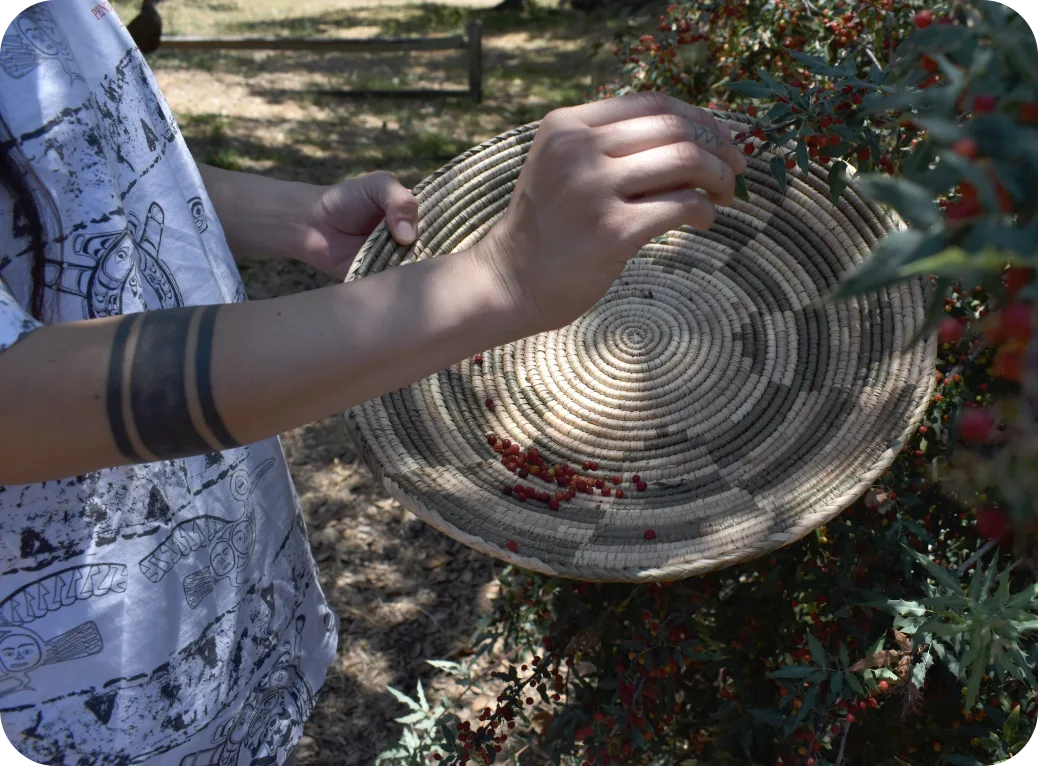
California Indian Culture and Sovereignty Center

The California Indian Culture and Sovereignty Center (CICSC) fosters collaborative research and community service relationships between the faculty, staff, and students of CSU San Marcos and members of Tribal communities, to develop and conduct research projects that support the maintenance of sovereignty and culture within those communities.
CICSC’s Food Sovereignty Initiatives provide resources, hands on learning and community programming to rekindle Indigenous communities’ knowledge and inspire the use of fresh, culturally specific foods to decolonize one’s plate. These initiatives enhance nutrition security for Southern California Indigenous youth by identifying gaps in California Natives’ ability to access traditional foods and create strategies to address these issues.

Grantee Partner Information
Partner since
2022
Location
Hosted by California State University San Marcos Foundation, California
Priority
Indigenous Food JusticeFurther Reads
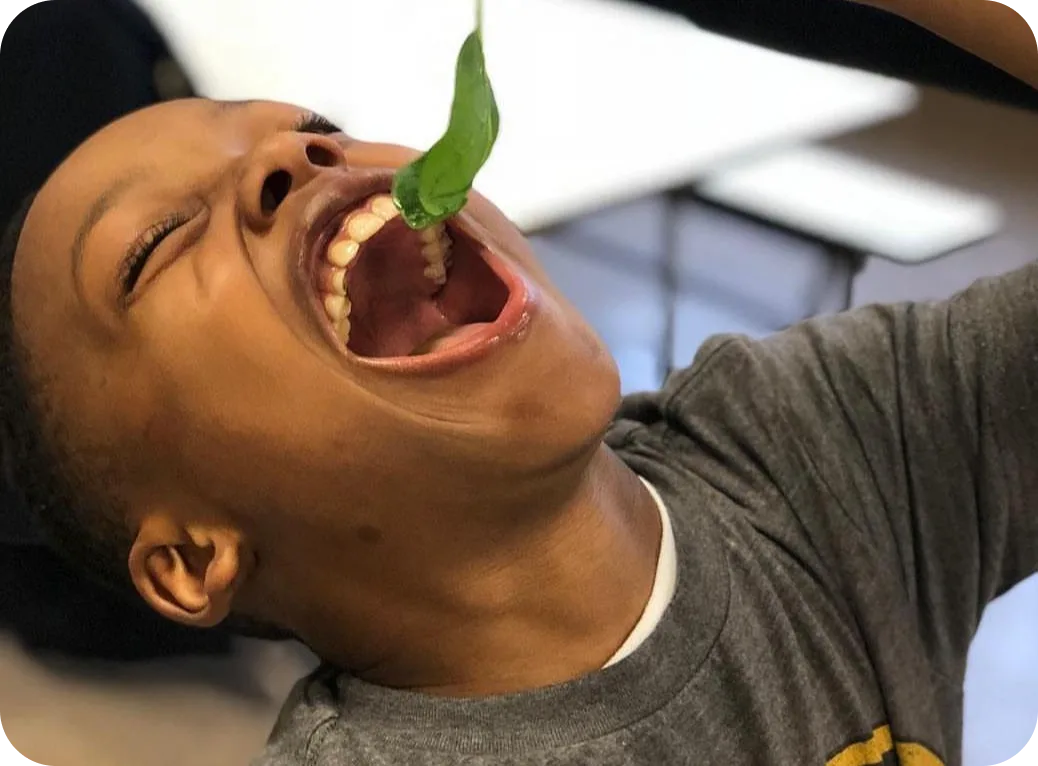
Wellness in the Schools
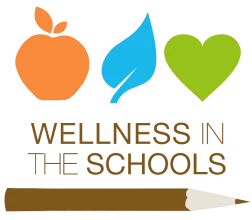
Wellness in the Schools (WITS) is a national nonprofit that teaches public school students healthy habits to learn, live, and thrive. WITS partners with public schools, chefs, and coaches to expand access to nourishing food and active play.
Wellness in the Schools teaches children healthy habits to learn, live, and thrive. For over 20 years, they have partnered with public schools, chefs, and coaches to expand access to nourishing food and active play through three core programs: Cook for Kids, Coach for Kids, and Green for Kids. Wellness in the Schools programs now reach more than one million students across six states and the District of Columbia.
The results:
- 82% of participants tried a new fruit or vegetable during Cook for Kids programming; 86% said they would try it again.
- Program participants eat 40% more fruits and vegetables compared to non-participants.
- Schools participating in Wellness in the Schools programming offer and serve 76% more whole foods entrees at lunch compared to non-participating schools.
“Some type of miracle happened at PS41 yesterday. My son (who spent 5 years from ages 1-6 in feeding therapy) went directly from pickup to the market where he chose the ingredients and then went straight home to make potato salad where he then gobbled it up for dinner. This is a miracle for so many reasons… THANK YOU.”
—Parent of a 3rd grader at PS41

Grantee Partner Information
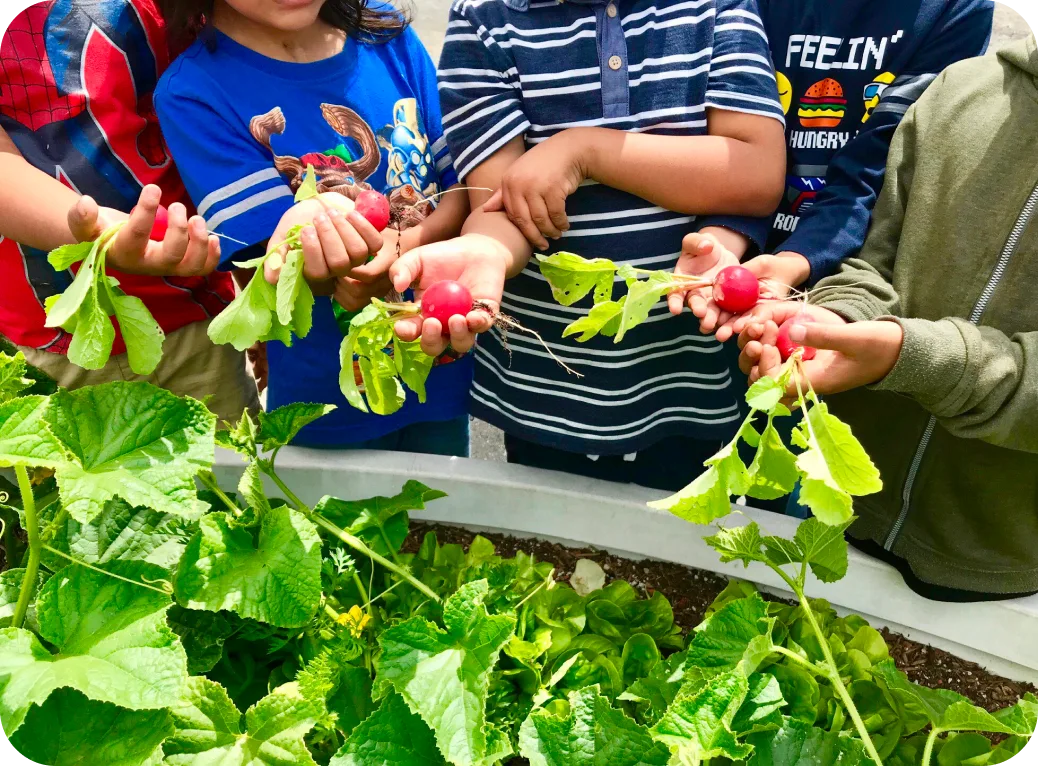
Photo courtesy of Urban School Food Alliance.
Urban School Food Alliance

Urban School Food Alliance addresses the unique needs of the nation’s largest school districts and shares best practices, develops procurement standards, and advocates for the wellness of students.

Photo courtesy of Urban School Food Alliance.
Grantee Partner Information
Partner since
2024
Location
Washington, D.C.
Priority
Nutrition Education & School FoodProgram
2024 Food Justice for Kids Prize Recipient
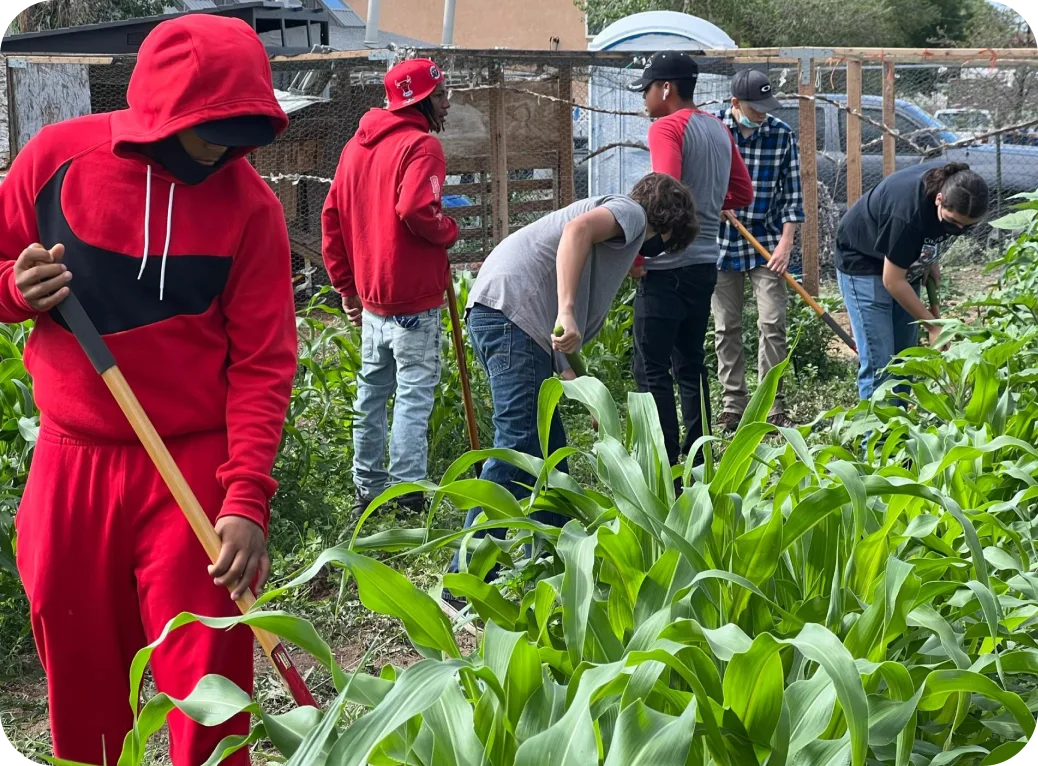
Photo courtesy of Southwest Organizing Project.
Southwest Organizing Project
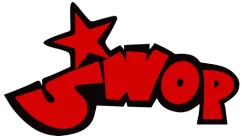
SWOP is a membership-based organization with a mission to work with communities in the Southwest to realize racial and gender equality and social and economic change. SWOP has a core of over 2,000 members and a supporting base of over 30,000 people in New Mexico. It regularly brings dozens of members to community meetings and hundreds of community members to large-scale events, and it engages with thousands of active users online through its many platforms and campaign areas. SWOP works in campaign areas related to youth empowerment, juvenile justice, civic engagement, gender justice and reproductive rights, food justice, and environmental justice.

Photo courtesy of Southwest Organizing Project.
Grantee Partner Information
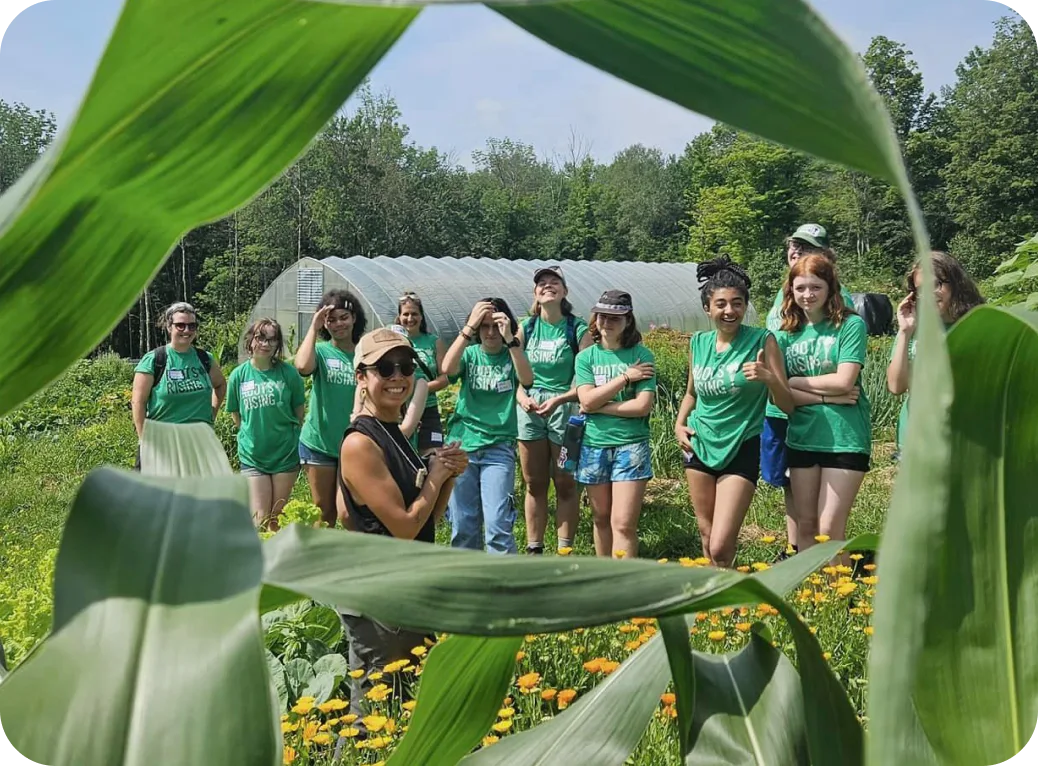
Photo courtesy of Soul Fire Farm.
Soul Fire Farm
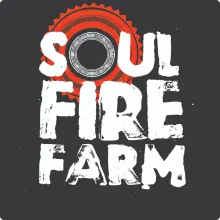
Soul Fire Farm is an Afro-Indigenous centered community farm and training center committed to uprooting racism and seeding sovereignty in the food system. Based in Petersburg, NY, the organization brings diverse communities together on this healing land to share skills on sustainable agriculture, natural building, spiritual activism, health, and environmental justice. Through one-day workshops, youth can learn about food systems, food justice, and how to be agents of change in society.

Photo courtesy of Soul Fire Farm.
Grantee Partner Information
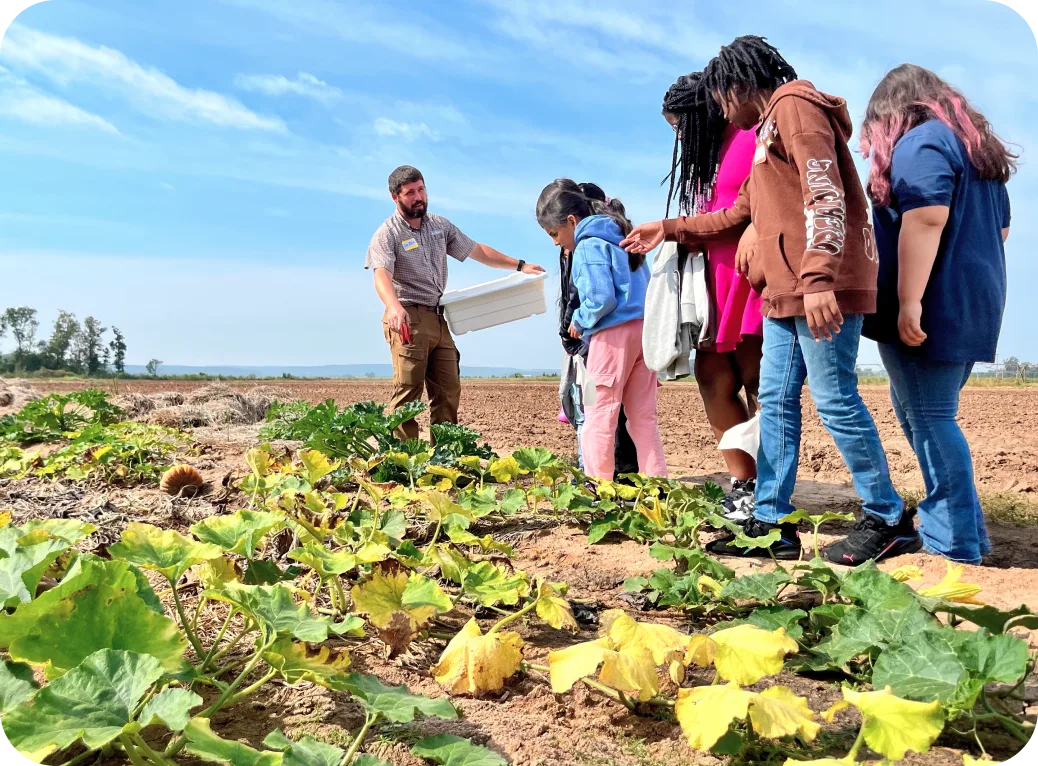
Photo courtesy of National Farm to School Network.
National Farm to School Network
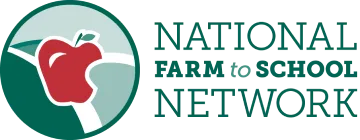
The mission of the National Farm to School Network (NFSN) is to increase access to local food, gardens, and nutrition and agriculture education to improve children’s health, strengthen family farms, and cultivate vibrant communities. NFSN envisions a nation in which farm to school and farm to early care and education are essential components of strong and just local and regional food systems. NFSN works to develop a strong network of partners across sectors, build awareness about farm to school, and increase activities at the state and regional levels through training, capacity building, and policy advocacy.

Photo courtesy of National Farm to School Network.
Grantee Partner Information
Partner since
2012
Location
Washington, D.C.
Priority
Nutrition Education & School FoodFurther Reads
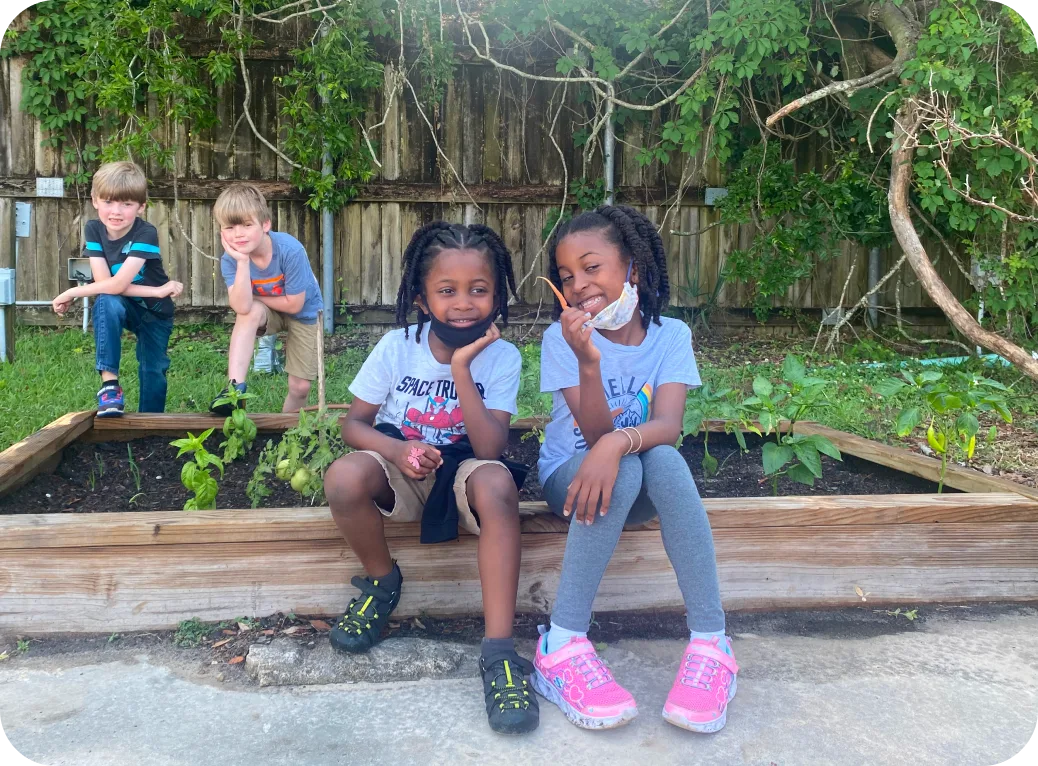
Photo courtesy of Mississippi Farm to School Network.
Mississippi Farm to School Network
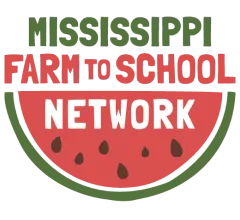
The Mississippi Farm to School Network builds strong connections within Mississippi communities by promoting healthy, locally grown foods and supporting local producers. By implementing changes in food purchasing and education practices at schools and early childcare institutions, students can access nutrient-dense locally grown foods and educational opportunities, such as school gardens, cooking demos, and farm field trips.

Photo courtesy of Mississippi Farm to School Network.
Grantee Partner Information
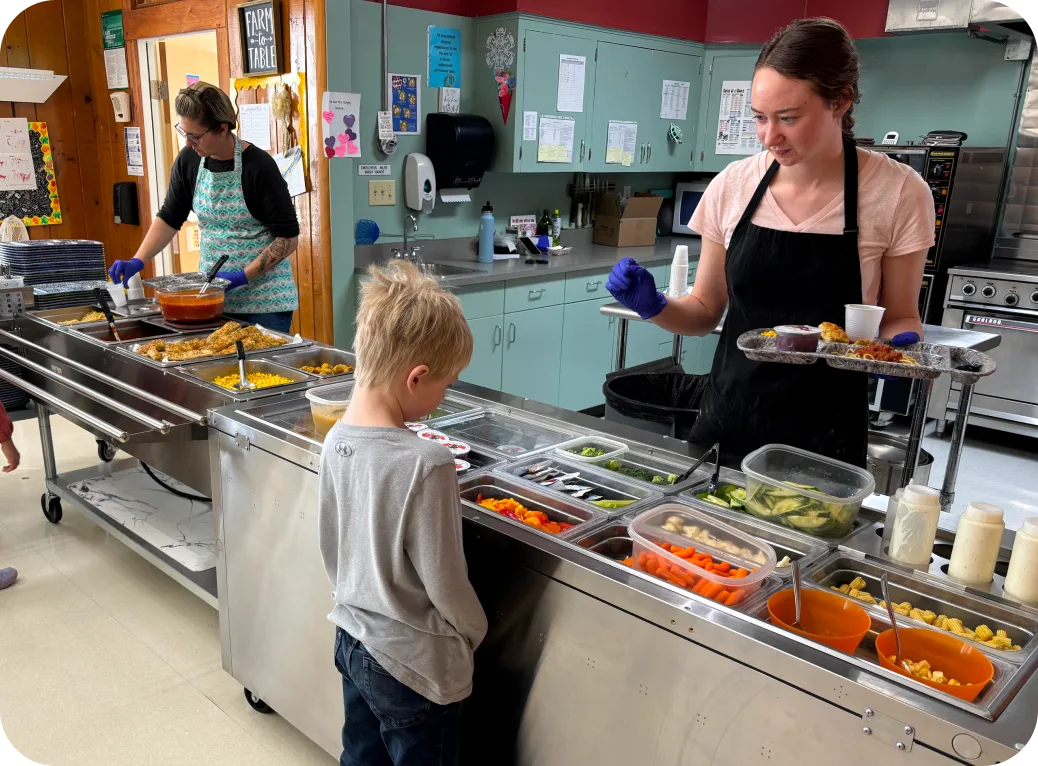
Photo courtesy of The Montana Partnership to End Childhood Hunger.
The Montana Partnership to End Childhood Hunger
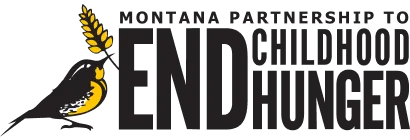
The Montana Partnership to End Childhood Hunger is a public non-profit dedicated to changing our food system to improve and increase nutrition security for Montana’s children and their families.

Photo courtesy of The Montana Partnership to End Childhood Hunger.
Grantee Partner Information
Partner since
2024
Location
Bozeman, MT
Priority
Nutrition Education & School FoodProgram
2024 Food Justice for Kids Prize Recipient
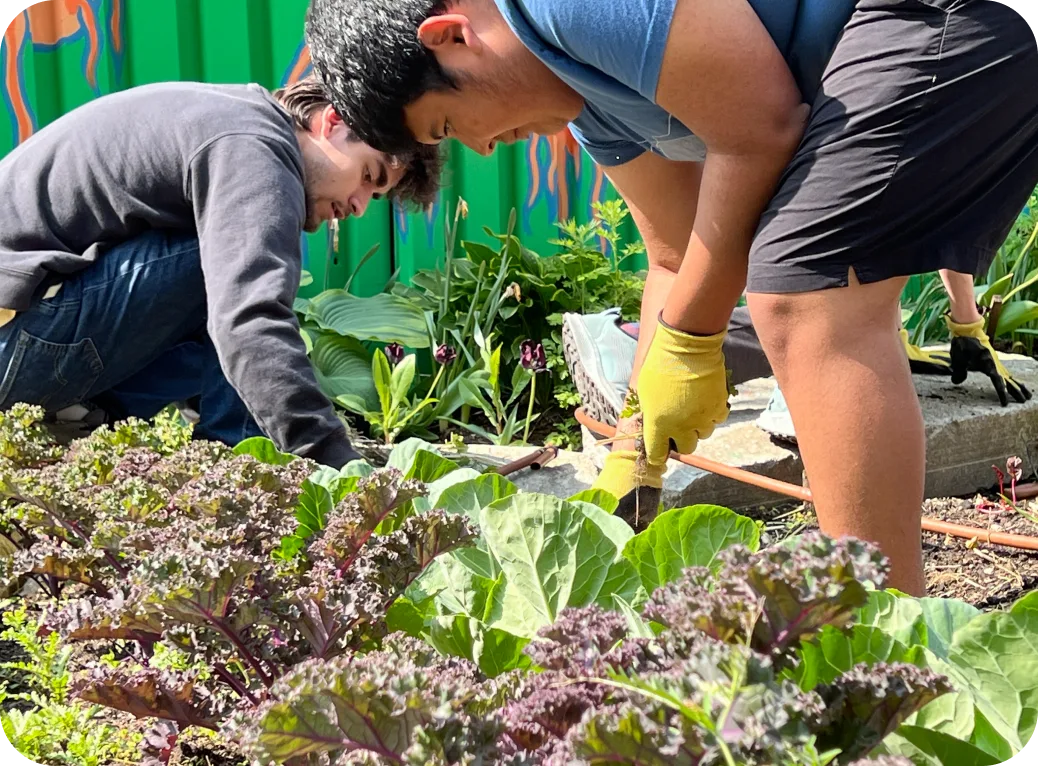
Massachusetts Farm to School
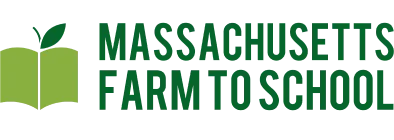
Massachusetts Farm to School works to strengthen local farms and fisheries and promote healthy communities by increasing local food purchasing and education at schools.

Grantee Partner Information
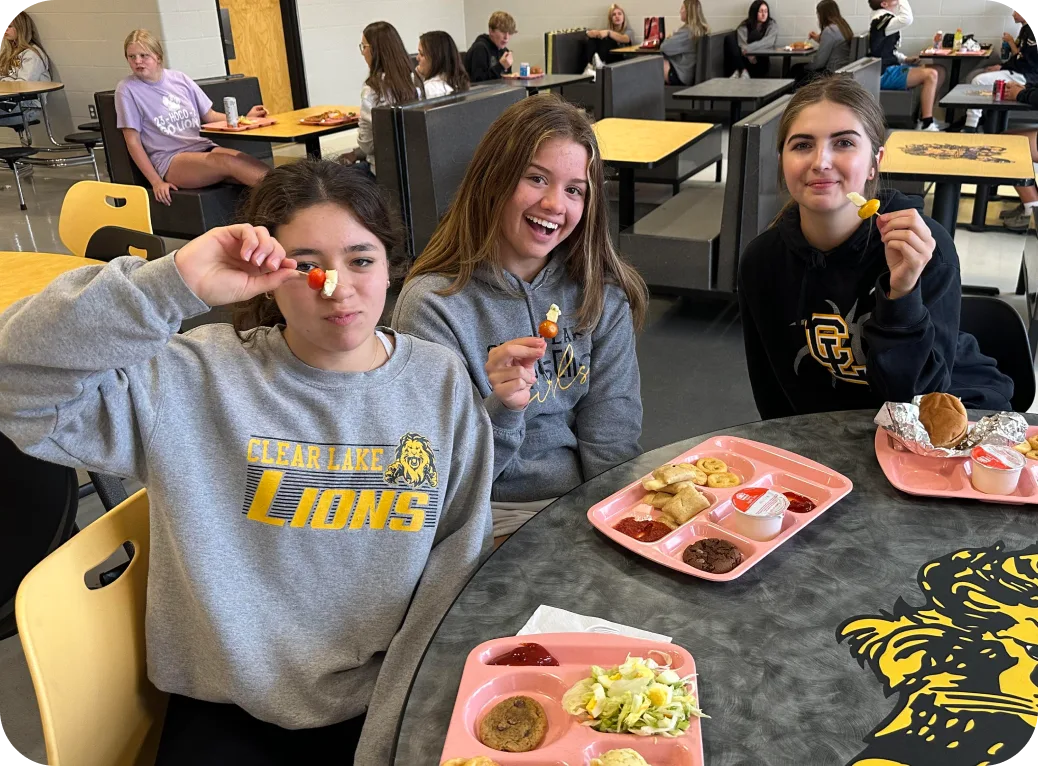
Photo courtesy of Healthy Harvest of North Iowa.
Healthy Harvest of North Iowa
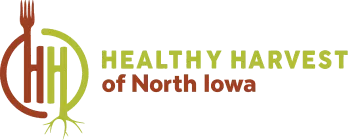
Healthy Harvest of North Iowa connects and educates in support of the local food system. The nonprofit partners with regional school districts, early care centers, local food hubs, extension offices, and more to increase the procurement of local foods into cafeterias for the youth of North Iowa, school garden and greenhouse activities, and related nutrition education in the classroom.

Photo courtesy of Healthy Harvest of North Iowa.
Grantee Partner Information
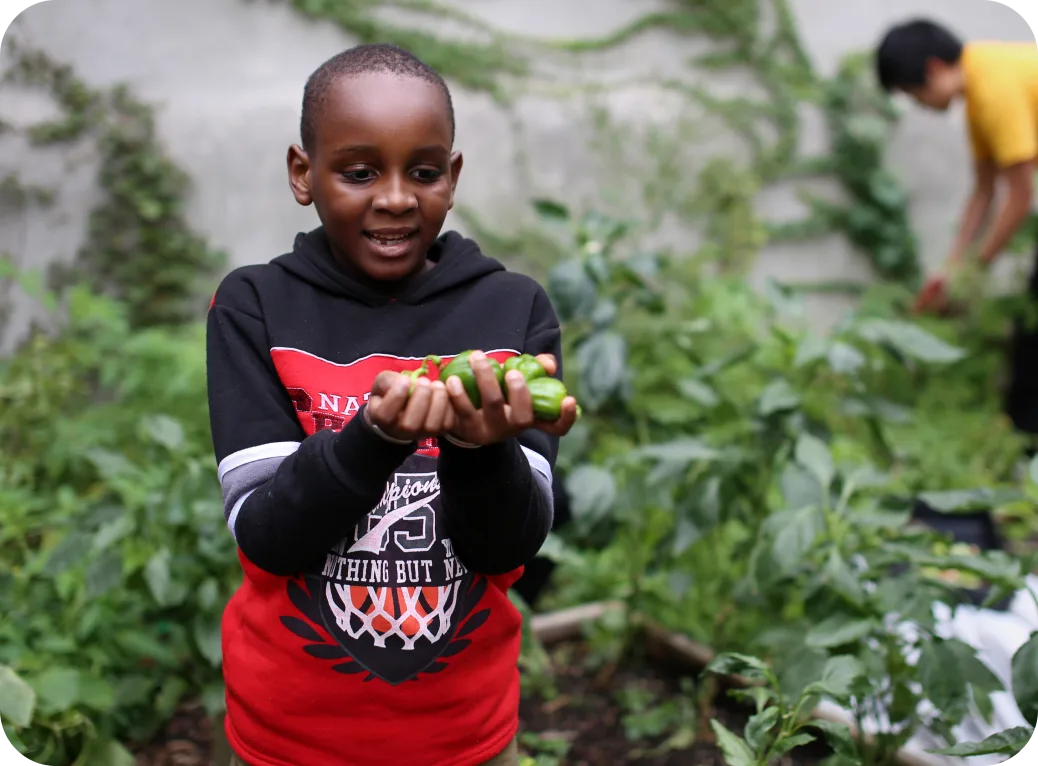
Photo courtesy of Harlem Grown.
Harlem Grown

Healthy habits start young, which is why Harlem Grown’s programs target elementary-aged students. Urban farms become living classrooms and facilitate hands-on lessons. Children from urban settings are introduced to sustainable growing practices, as well as farm-based education programming. The result is a sense of membership in an environmentally conscious, sustainable community. Harlem Grown’s programming empowers children to be community leaders with the skills and agency to maintain their well-being and succeed in their careers.

Photo courtesy of Harlem Grown.
Grantee Partner Information
Partner since
2017
Location
Harlem, New York
Priority
Nutrition Education & School FoodFurther Reads
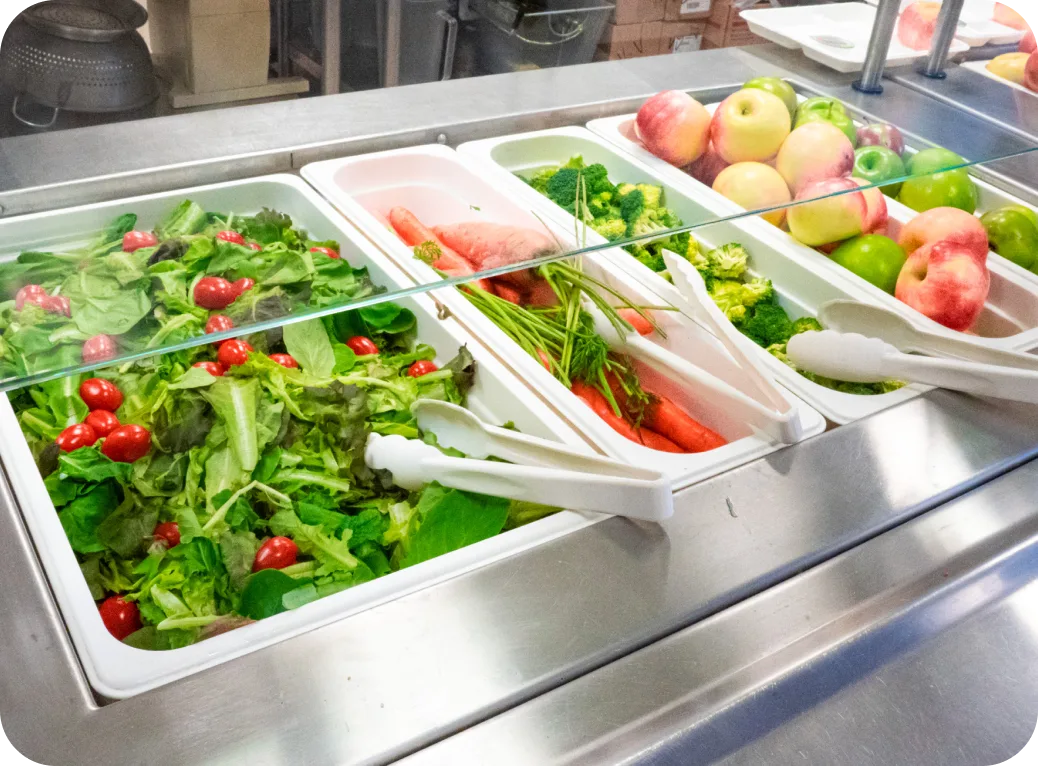
Photo courtesy of Groundwork Center.
Groundwork Center for Resilient Communities

Founded in 1995, Groundwork develops sustainable local-based solutions in local food, clean energy, and livable towns. Groundwork supports the outreach, advocacy, and policy engagement on the 10 Cents a Meal for Michigan’s Kids & Farms, a state program implemented by the Michigan Department of Education, that provides schools and early childhood education centers with up to 10 cents per meal in match funding to purchase and serve Michigan-grown fruits, vegetables, and dry beans.

Photo courtesy of Groundwork Center.
Grantee Partner Information
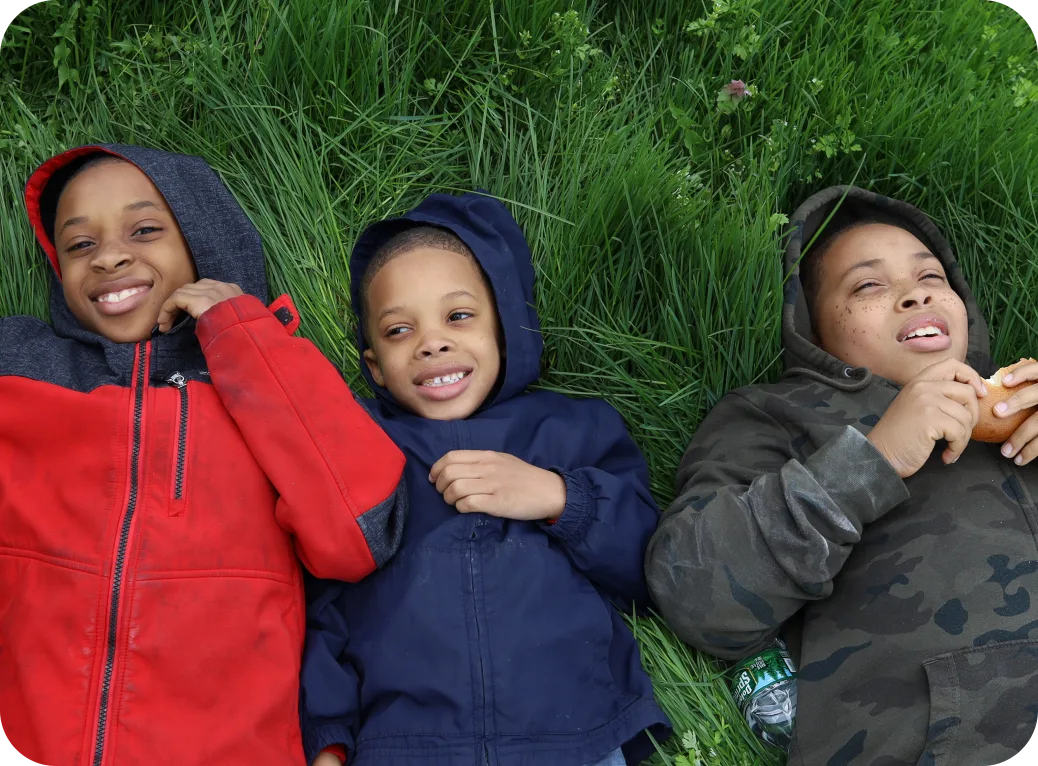
Photo courtesy of Green Village Initiative.
Green Village Initiative
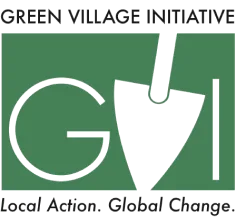
Green Village Initiative (GVI) is an urban agriculture and food justice organization in Bridgeport, CT. Its mission is to grow food, knowledge, leadership, and community through urban gardening and farming, to create a more just food system in Bridgeport. The GVI Youth Leadership Program cultivates leaders in agricultural, food justice, career readiness, and leadership knowledge skills through the Summer Farm Crew and Food Leader Advisory Group (FLAG) programs. Youth not only develop an understanding of our food system, but they also forge meaningful connections with their neighbors, land, and city as they grow.

Photo courtesy of Green Village Initiative.
Grantee Partner Information
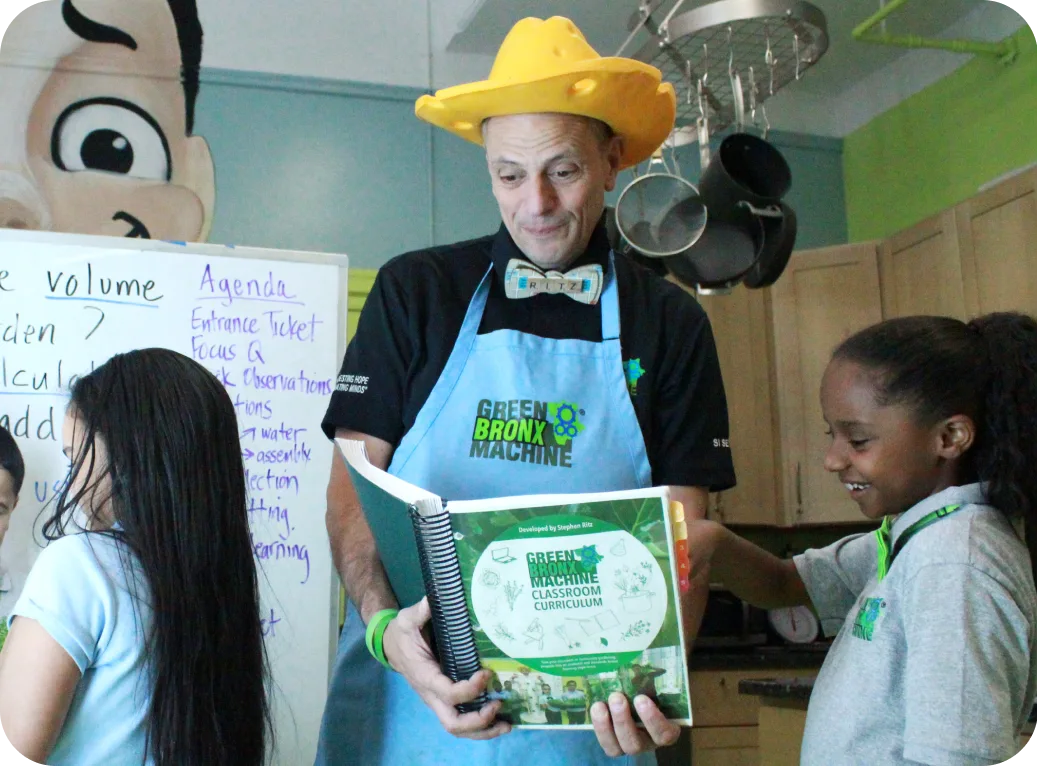
Photo courtesy of Green Bronx Machine.
Green Bronx Machine

Green Bronx Machine (GBM) builds healthy, equitable, and resilient communities through inspired education, local food systems, and 21st century workforce development. Dedicated to cultivating minds and harvesting hope, GBM’s school-based model, using urban agriculture aligned to key school performance indicators, grows healthy students and high-performing schools to transform communities that are fragmented and marginalized into neighborhoods that are inclusive and thriving. GBM grows vegetables, the vegetables grow students, and the students grow happy, healthy, and thriving classrooms, schools, and communities en-route to better health outcomes.

Photo courtesy of Green Bronx Machine.
Grantee Partner Information
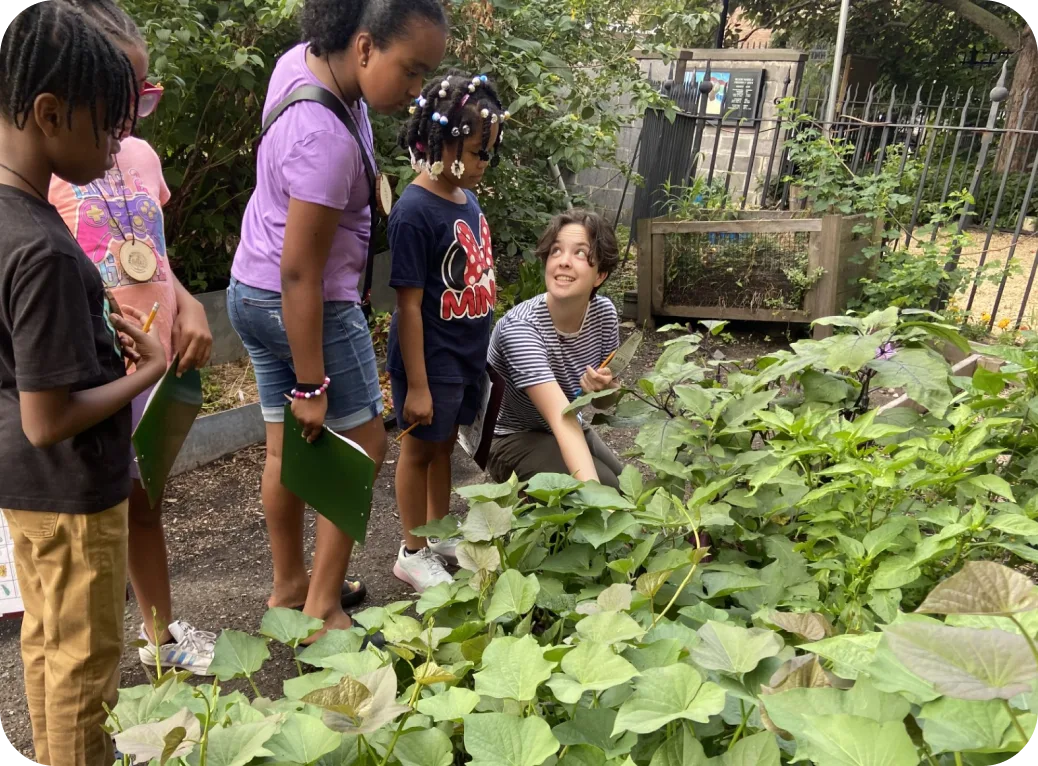
Photo courtesy of Greater Newark Conservancy.
Greater Newark Conservancy
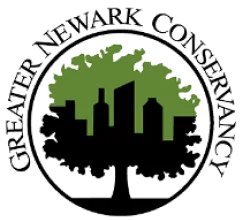
Greater Newark Conservancy fosters collaboration in its community at the intersection of environmental, food, and racial justice to promote the health and wellbeing of Newark, NJ, residents. The Conservancy engages with thousands of schoolchildren and adults each year, by promoting good nutrition, healthy eating, and how to grow one’s own fresh food, and by forming a coalition of local stakeholders to advocate for healthy meals being served in school cafeterias.

Photo courtesy of Greater Newark Conservancy.
Grantee Partner Information
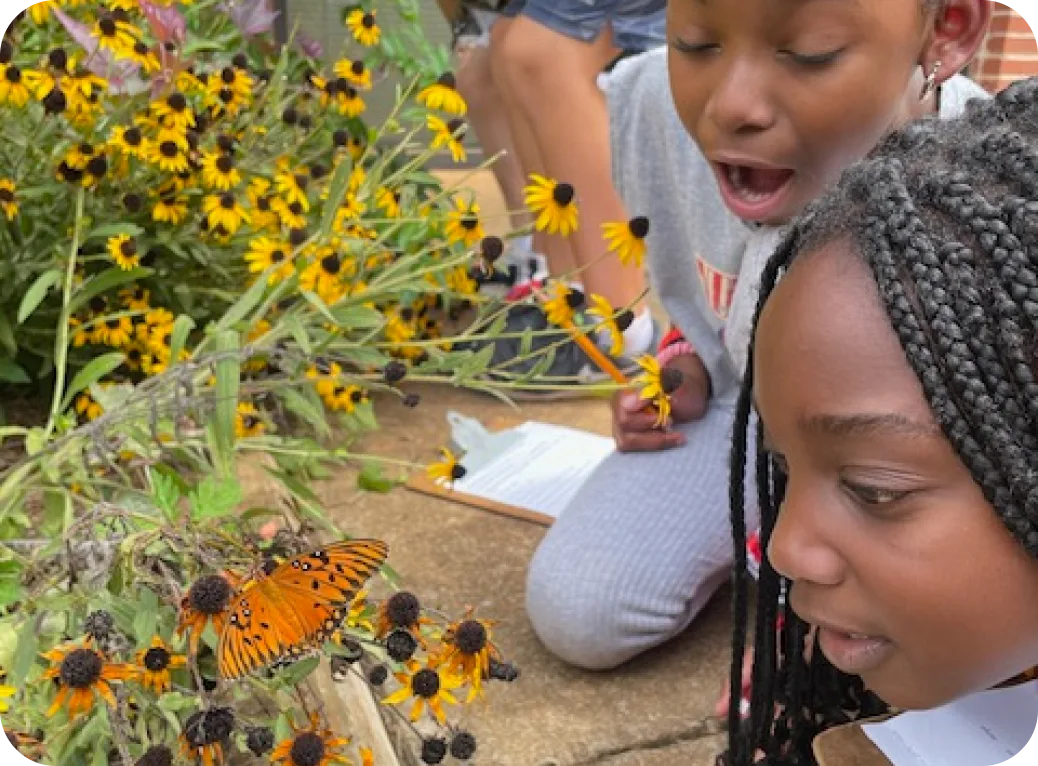
Photo courtesy of Georgia Organics.
Georgia Organics

The Georgia Organics Farm to School Innovation Mini Grant provides local school districts with the opportunity to expand their farm to school programming based on their needs and goals. The purpose of this program is to strengthen the community of Georgia farm to school champions, to gather data and best practices, to advance health equity and to overall encourage innovative nutrition and gardening education efforts.

Photo courtesy of Georgia Organics.
Grantee Partner Information
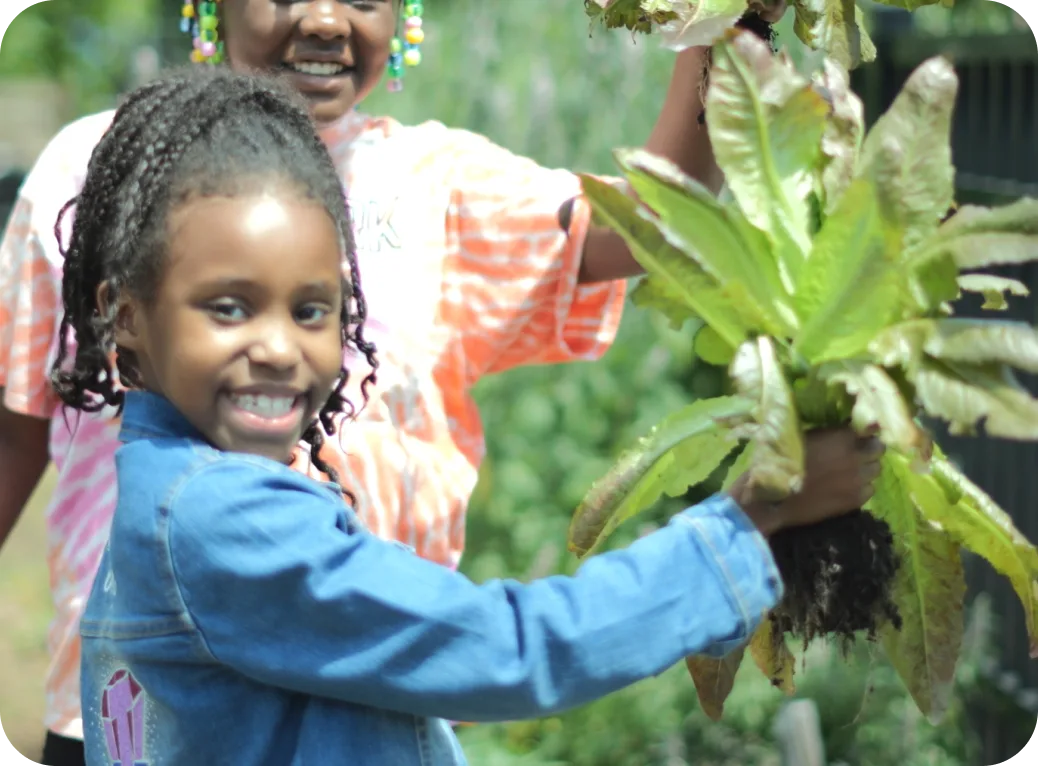
Photo courtesy of FRESHFARM.
FRESHFARM

FRESHFARM’s FoodPrints program integrates gardening and cooking into the school curriculum at 21 public elementary schools across Washington, DC—providing joyful experiences growing, cooking, and eating nutritious food together in lessons tied to academics.
The results:
- 8,000+ elementary school students participated in FoodPrints sessions, cooking and enjoying over 30,000 pounds of produce from local farmers.
- In partnership with George Washington University, developed and validated the Building Informed Thoughtful Eaters food literacy questionnaire, the first tool to measure four dimensions of food literacy from the perspective of elementary students.
- 86% of 4th and 5th graders (of more than 375 surveyed) said they “loved” or “liked” participating in FoodPrints.
“Some kids think that only sweets are good, but FoodPrints shows you that healthy food can be delicious too!”
—5th grader, John Francis Education Campus

Photo courtesy of FRESHFARM.
Grantee Partner Information
Partner since
2024
Location
Washington, D.C.
Priority
Nutrition Education & School FoodProgram
2024 Food Justice for Kids Prize Recipient
Further Reads
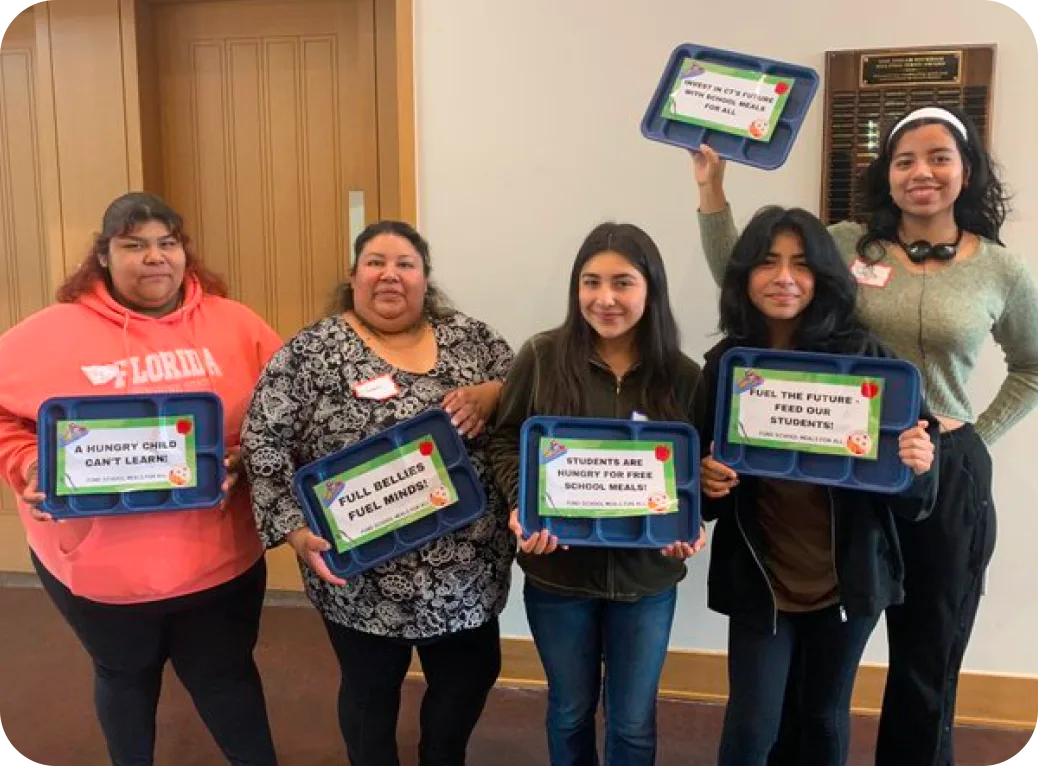
Photo courtesy of End Hunger Connecticut!
End Hunger Connecticut!
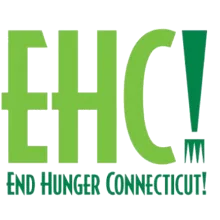
End Hunger Connecticut! is a statewide anti-hunger nonprofit in Connecticut dedicated to eliminating hunger and promoting healthy nutrition through outreach, public education, and legislative and administrative advocacy. As part of its work, the nonprofit seeks permanent legislative funding for free, nutritious school meals for all K-12 students in Connecticut.

Photo courtesy of End Hunger Connecticut!
Grantee Partner Information
Partner since
2012
Location
Hartford, CT
Priority
Nutrition Education & School FoodFurther Reads
Partner Links
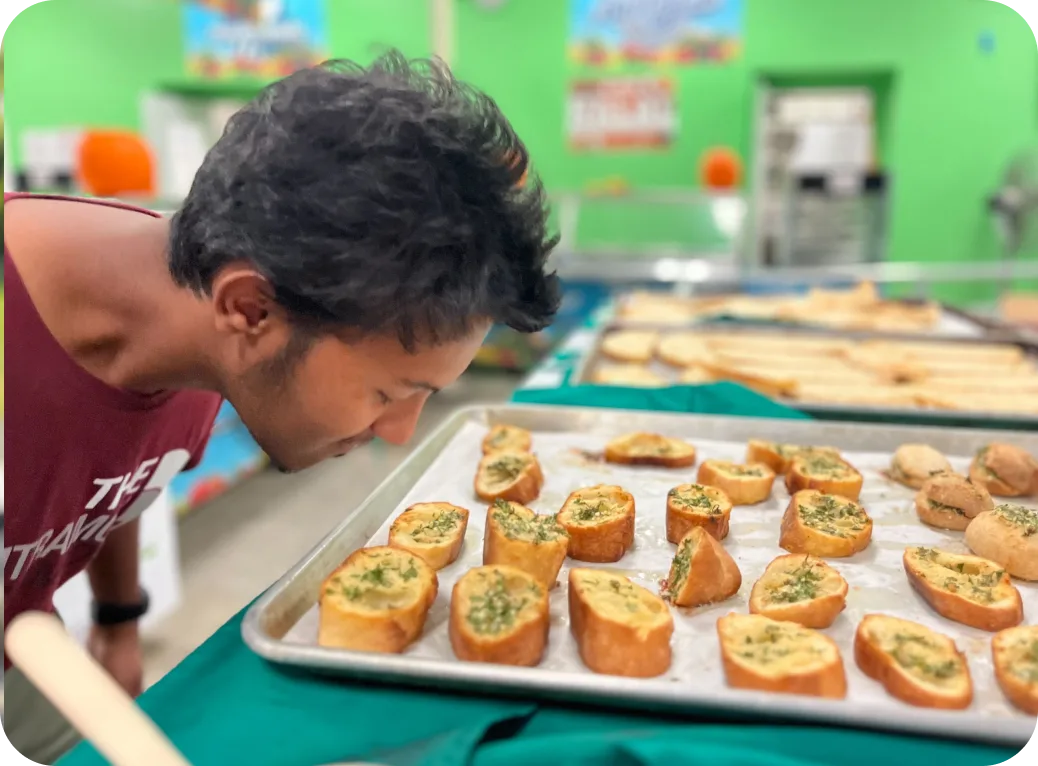
Photo courtesy of Detroit Food Academy.
Detroit Food & Entrepreneurship Academy
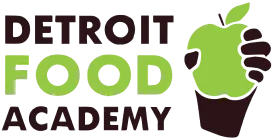
Detroit Food & Entrepreneurship Academy (Michigan) is a non-profit that works to inspire young Detroiters (ages 10-24) through culinary arts and food entrepreneurship.

Photo courtesy of Detroit Food Academy.
Grantee Partner Information
Partner since
2019
Location
Detroit, MI
Priority
Nutrition Education & School FoodProgram
2024 Food Justice for Kids Prize Recipient
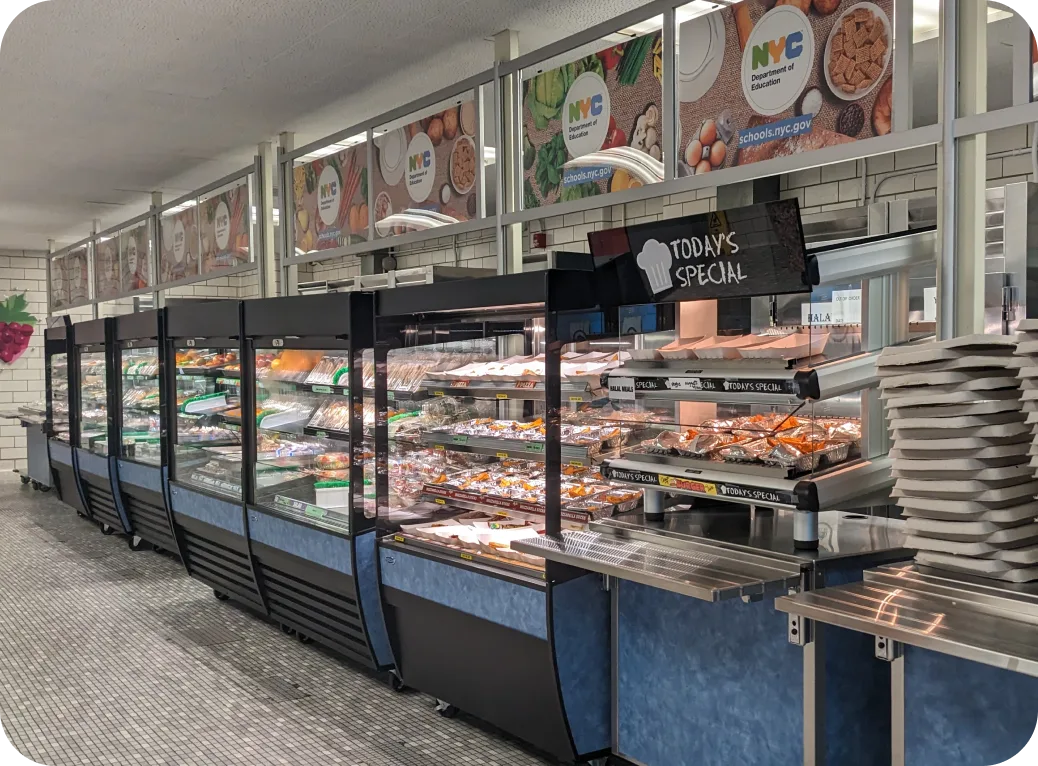
Photo courtesy of Community Food Advocates.
Community Food Advocates
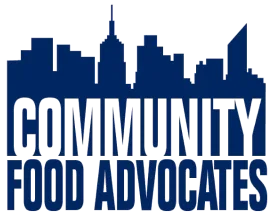
The mission of Community Food Advocates (CFA) is to ensure all New Yorkers have access to healthy, affordable, culturally appropriate foods through equity-centered, high impact public policy. CFA builds creative, strategic coalitions—engaging those directly impacted—to leverage the strength of collective power, experiences, and knowledge to achieve policy change. Through its Youth Food Advocates program, CFA is growing the next generation of food justice leaders by doing a deep dive into the policies that shape our food system, and providing experiential learning opportunities where young people develop the skills to fully engage in the policy making process and create systemic change in the nation’s largest school system.

Photo courtesy of Community Food Advocates.
Grantee Partner Information
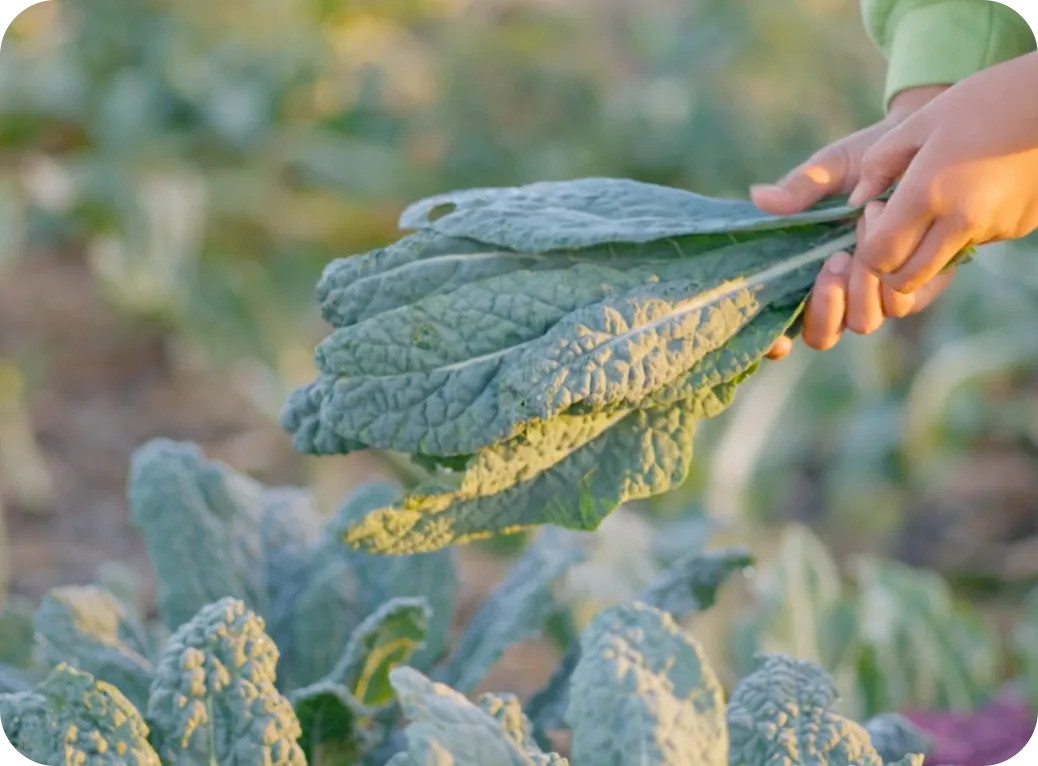
Photo courtesy of Center for Ecoliteracy.
Center for Ecoliteracy

The Center for Ecoliteracy’s core initiative, California Food for California Kids®, inspires schools to serve fresh, locally-sourced meals and engage students in the connections between food, culture, health, and the environment.
The results:
- The California Food for California Kids Network grew to 160+ school districts serving over 40% of the state’s 5.8 million public school students.
- $1.93B secured to provide free breakfast and lunch at school through California’s School Meals for All program.
- $24.9M secured in California’s 2025–2026 state budget for farm-to-school programs, the largest state investment in the country connecting local farmers with schools.
“Before the pandemic, it wasn’t the norm to eat school meals. Now, it’s expected for everyone to go to the cafeteria to eat… More people are getting school lunches—the lines were never this packed last year! The taste and the quality have drastically improved.”
—High school student, Mt. Diablo Unified School District

Photo courtesy of Center for Ecoliteracy.
Grantee Partner Information
Partner since
2024
Location
Berkeley, CA
Priority
Nutrition Education & School FoodProgram
2024 Food Justice for Kids Prize Recipient

Photo courtesy of Black Girls Cook
Black Girls Cook
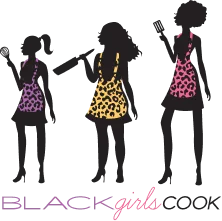
Black Girls Cook (Florida and Maryland) is a Miami and Baltimore-based nonprofit helping young girls embrace the farm-to-table concept while also learning about Black Diaspora history.

Photo courtesy of Black Girls Cook
Grantee Partner Information
Partner since
2024
Location
Miami, FL and Baltimore, MD
Priority
Nutrition Education & School FoodProgram
2024 Food Justice for Kids Prize Recipient
Further Reads
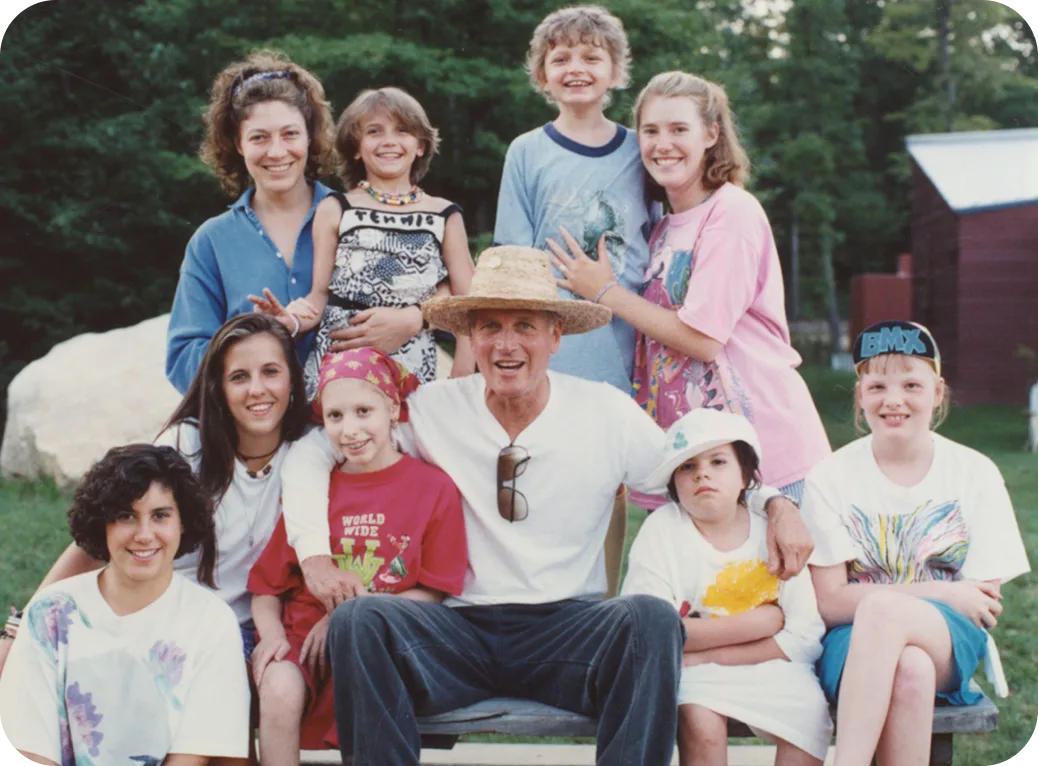
SeriousFun Children’s Network

SeriousFun supports and amplifies the impact of individual camps and programs to affect positive change in the lives of children with serious medical conditions and their families.
Children with special healthcare needs are more likely to experience social isolation, anxiety, and lower self-esteem compared to children without special healthcare needs. That’s where SeriousFun camps come in. At camp, kids connect with peers who share similar diagnoses and leave knowing they are not alone.
The results:
- 30 camps and programs across 4 continents.
- 2 million plus camp experiences since 1988.
- 70% of campers reported feeling like they belonged and that they were valued at camp.*
- 74% of campers reported increased ability to make friends.*
*Data from research at The Hole in the Wall Gang Camp, the SeriousFun camp in Connecticut.
“It was really cool to see other kids that were going through the same stuff that I was going through, or they live the same way that I live.”
—Jackson, camper

Grantee Partner Information
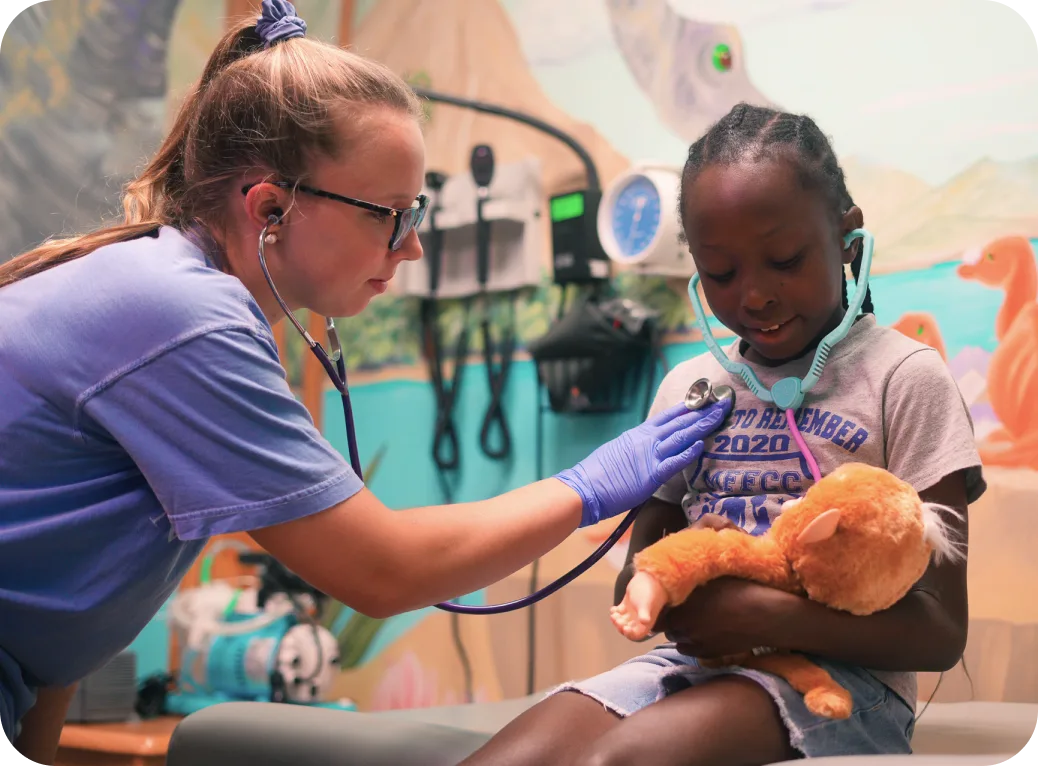
Camp Boggy Creek
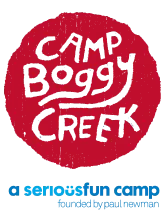
Located on 232 acres just a short drive from Orlando, Camp Boggy Creek creates a nurturing environment where children can enjoy activities tailored to their needs. In 2024, Camp Boggy Creek introduced its mental health support team to address emerging needs of comprehensive mind-body support for campers.
The impact:
- 832 campers and 127 volunteers participated in Camp Boggy Creek summer programs
- Launched a new sensory room with specialized equipment including sensory toys, weighted blankets, and a multisensory play-floor
- 7 in 10 of campers considered themselves to be “a happy person”, a holistic well-being indicator, despite their medical journey
“Camp Boggy Creek creates a safe environment where campers can find joy, build resilience, and connect with others facing similar challenges. Prioritizing our campers’ behavioral and mental health empowers them to embrace their unique strengths as we work to erase the stigma surrounding mental illness.” —Dr. James Rujimora, Ph.D., LMHC

Grantee Partner Information
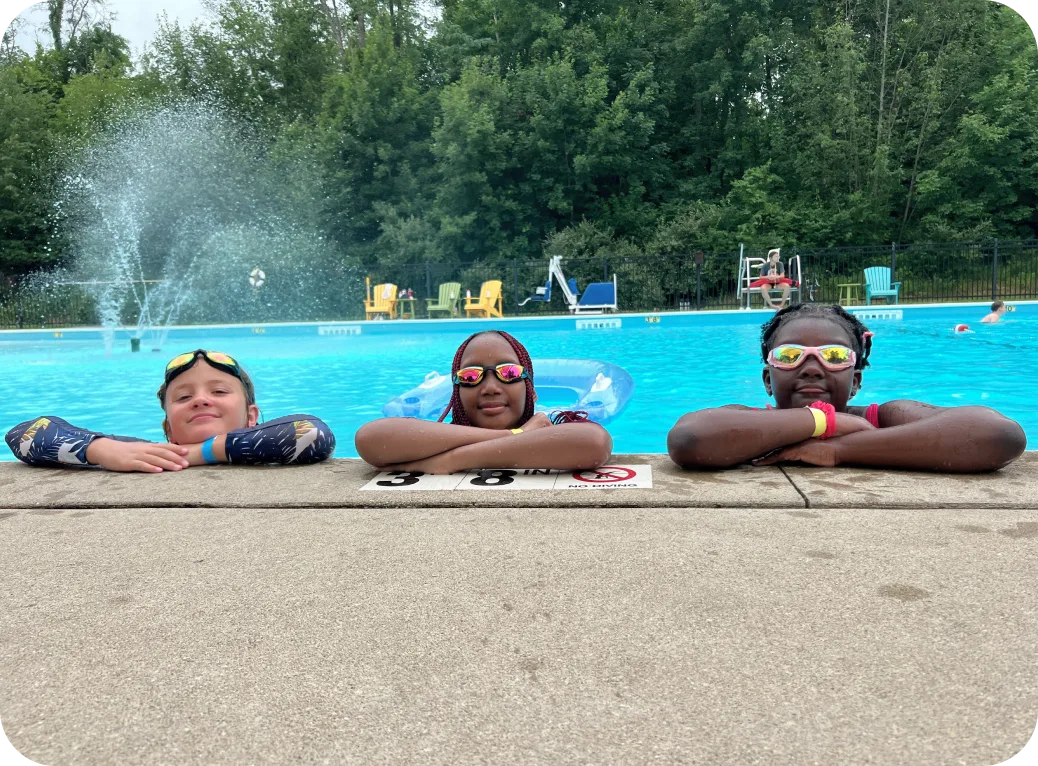
Flying Horse Farms
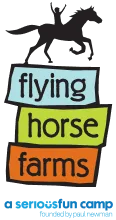
Flying Horse Farms provides healing, transformative camp experiences: every kid is invited to bring their wacky selves, as they make connections with friends who understand their journey and find camp magic exists in all of us.
2024 impact:
- 1,000 camp experiences provided to kids.
- 1,630 volunteers made the magic of camp possible.
- 190+ first-time experiences documented in the “Book of Firsts,” where campers celebrate milestones such as ziplining for the first time.
“While the numbers underscore impact, the campers tell the story. Camp is where a kid might swim for the first time. Where a camper is brave enough to sing with friends. It’s the boy who didn’t feel extraordinary because of his diagnosis but because of the friend he became. Behind every camper, it’s each family knowing camp shows up accessible for every kid.” —Nichole E. Dunn, President & CEO, Flying Horse Farms.

Grantee Partner Information
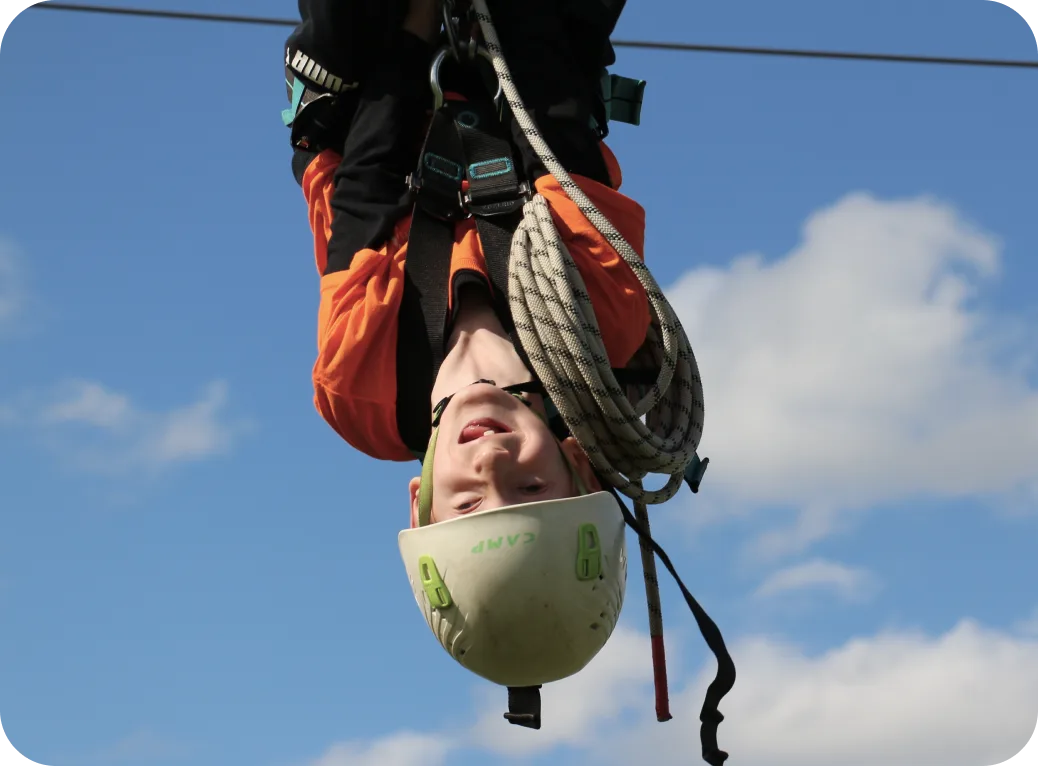
Over The Wall Camp

Part of SeriousFun Children’s Network, Over The Wall Camp’s innovative “Camp in the Cloud” program brings the magic of camp directly to children unable to attend in person. In 2024, they celebrated 25 years of creating life-changing experiences for children with health challenges and secured a new permanent facility in Derby.
2024 impact:
- > 1,500 children experienced an Over The Wall camp or virtual program
- 88% of campers reported feeling more positive about their future after attending
- 2,597 marshmallows were eaten, and 38 dance parties were hosted!
“I’m much more confident now and have higher self-belief. At camp, I wasn’t defined by my illness—I was just me.” —Camper

Grantee Partner Information
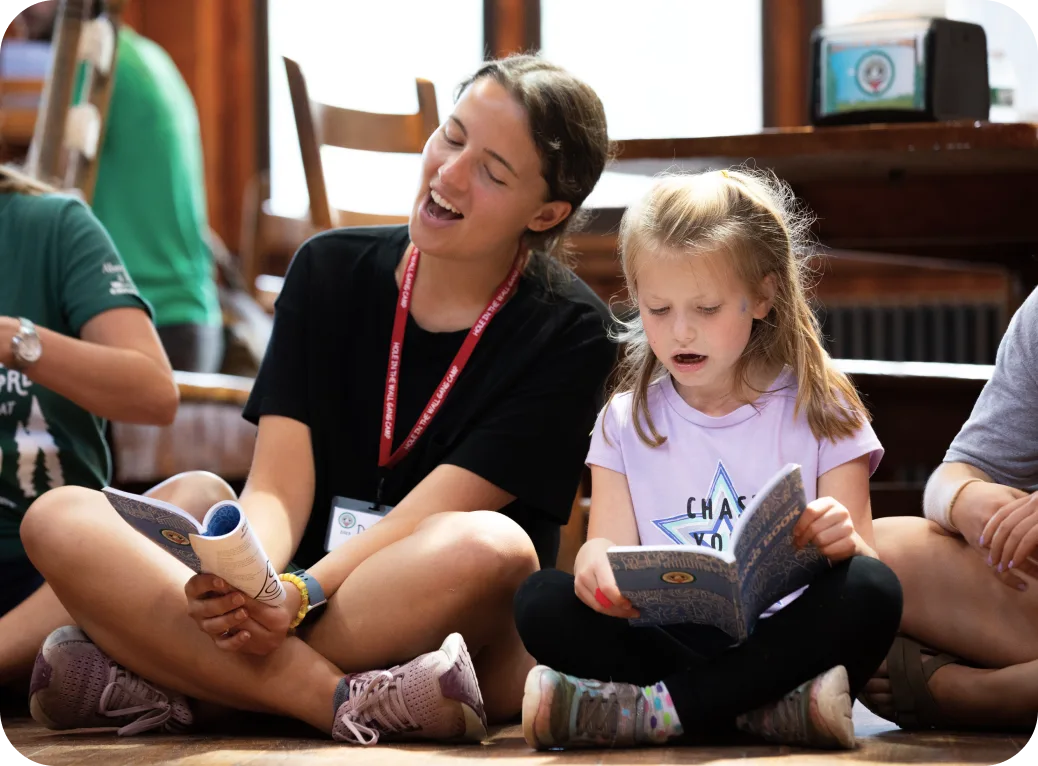
The Hole in the Wall Gang Camp

The Hole in the Wall Gang Camp is the first camp Paul Newman founded back in 1988 and provides “a different kind of healing” to children with serious illnesses and their families.
2024 impact:
- Over 600 youth participated in weeklong Hole in the Wall Gang summer camps in 2024
- 94% of campers aged 10-15 reported increasing their friendship skills at camp in 2024
“This is the only place in the world my kid feels like she belongs.” —Camper Parent

Grantee Partner Information
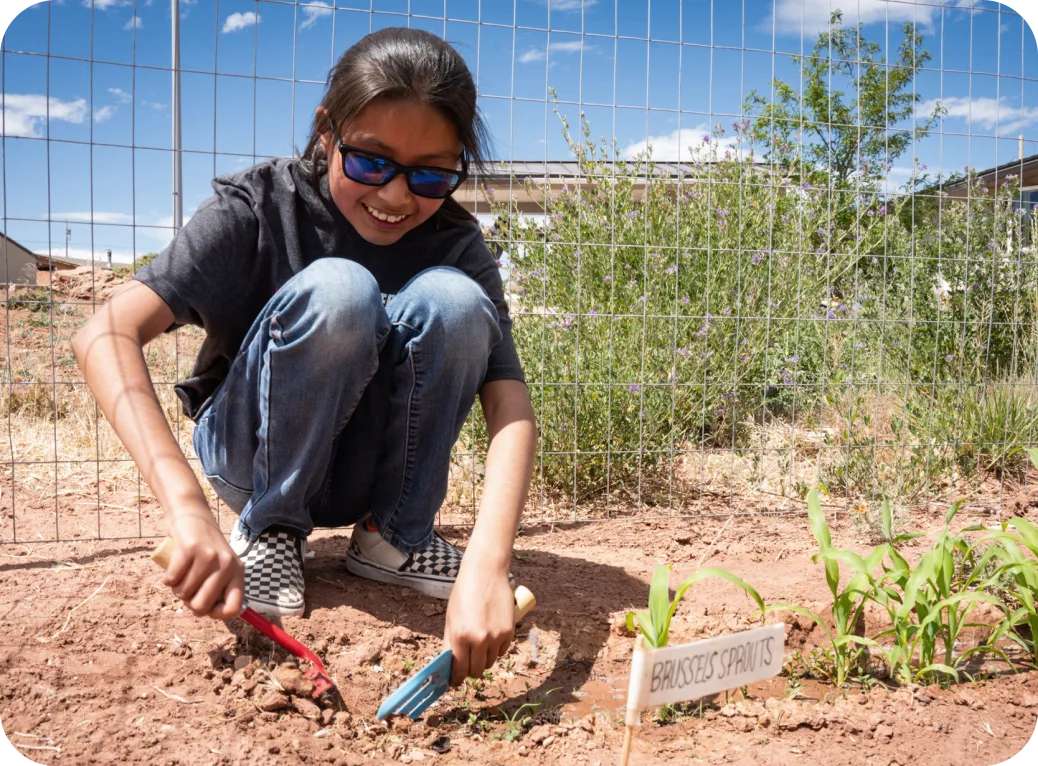
Zuni Youth Enrichment Project
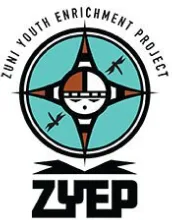
Zuni Youth Enrichment Project promotes resilience among Zuni youth so they grow into strong, healthy adults connected with Zuni traditions. Through initiatives like Family Cook Nights, a Garden & Rain Harvest Initiative, and summer camp, Zuni Youth Enrichment Project provides culturally rooted, interactive learning opportunities where Zuni children and families grow and cook healthy foods while strengthening their connection to Shiwiʼma (Zuni culture and language).
The results:
Nearly 800 youth participated in afterschool, summer, and community programs in 2025.
Among summer camp participants:
- 53% of youth reported knowing how to make healthy meals, up from 42% before participating.
- 74% of youth said they enjoy taking care of a garden, up from 59% before participating.
“I like art and knowledge sharing and the cooking classes. I never miss out!”
–Joelle L., 3rd Grader Afterschool Program Participant

Grantee Partner Information
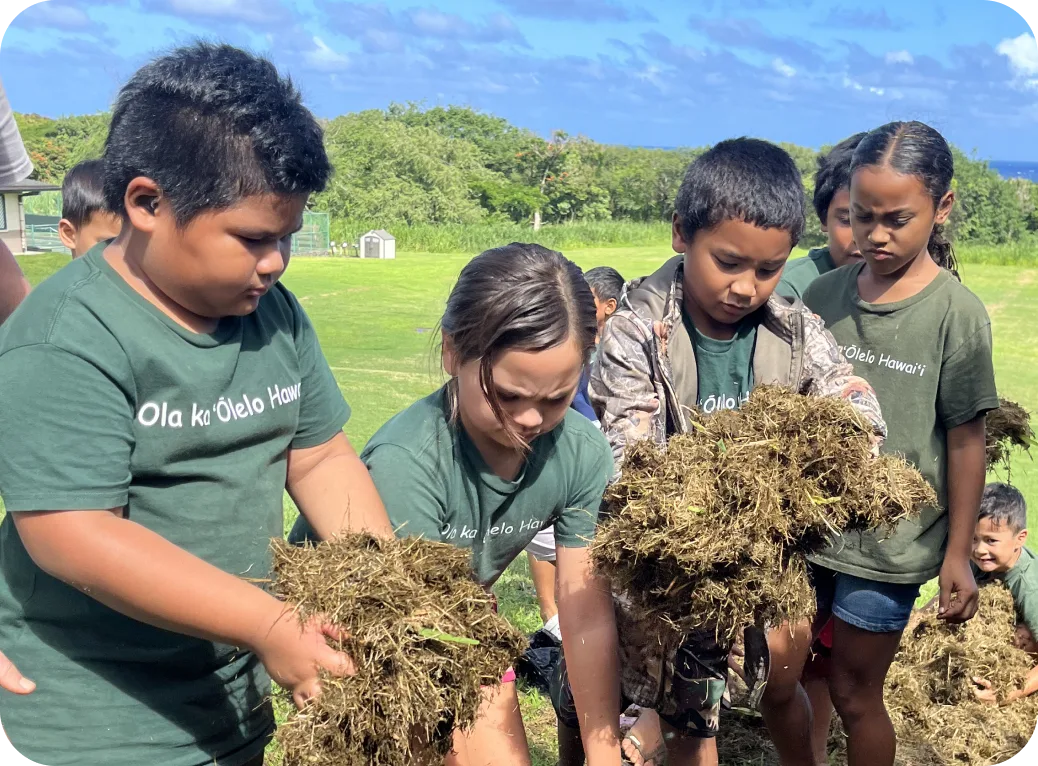
Photo courtesy of Ma Ka Hana Ka 'Ike.
Ma Ka Hana Ka ‘Ike

Ma Ka Hana Ka ‘Ike’s mission is to provide Hāna’s youth with a way to learn that makes sense to them, builds their self-esteem, and shows them they have the power to shape their future. Through an expanded culinary apprenticeship program with visiting professional chefs, the organization provides meaningful work-based learning opportunities that strengthen environmental stewardship, intergenerational relationships, and technical skills while introducing career pathways and new culinary techniques.
The results:
- 94% of youth reported possessing new culinary skills they will use in the future.
- 92% of youth reported a more positive cultural identity from their participation.
“This workshop taught me a lot about how I can make local food with ʻāina [land]-based ingredients. It was a mixture of food, culture, and creativity. This experience made me more confident and inspired me to bring Hawaiian ingredients and test them with my skills.”
—Culinary apprentice student

Photo courtesy of Ma Ka Hana Ka 'Ike.
Grantee Partner Information
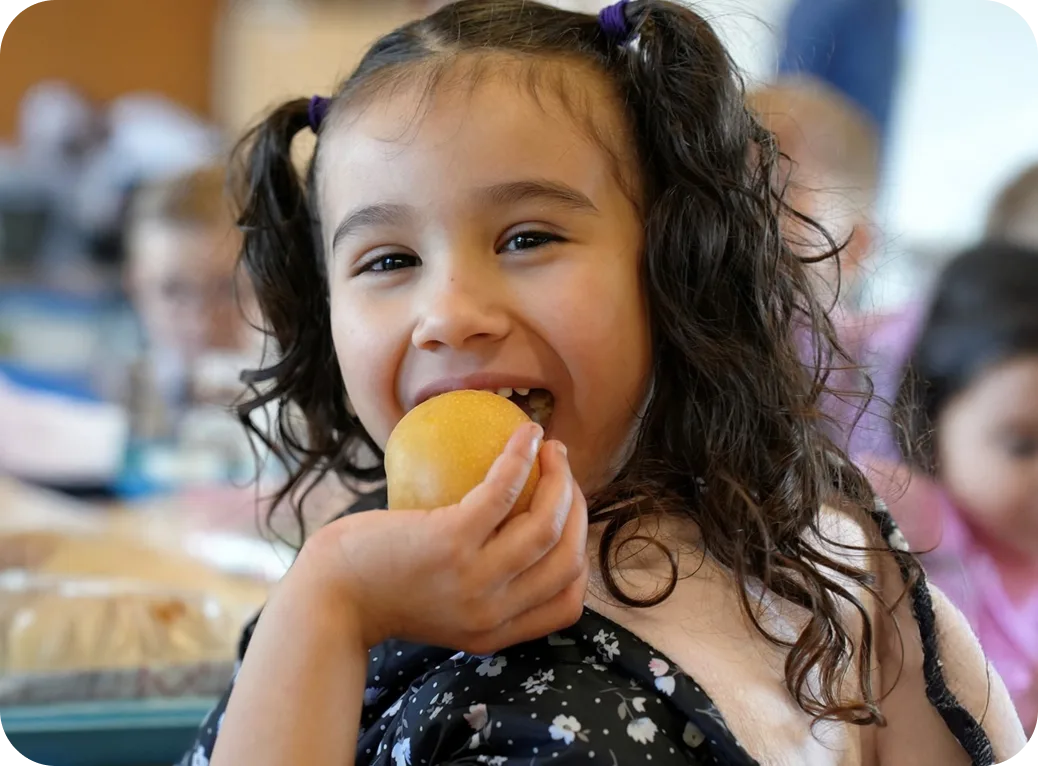
Photo courtesy of Oregon Farm to School Network.
Oregon Farm to School Network
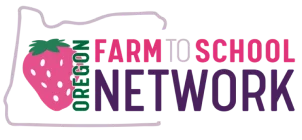
The Oregon Farm to School Network unites farmers, educators, and nutrition professionals to transform school food systems, making local food more accessible in schools statewide. Their collaborative approach bridges the gap between Oregon’s agricultural community and school nutrition programs.
2024 impact:
- Secured $10.9M in state funding for Farm to School programs, exceeded funding goal by $700K
- Supported the development of a robust and diverse School Meals for All Coalition, which successfully advocated for the adoption of free school meals in 95% of Oregon schools

Photo courtesy of Oregon Farm to School Network.
Grantee Partner Information
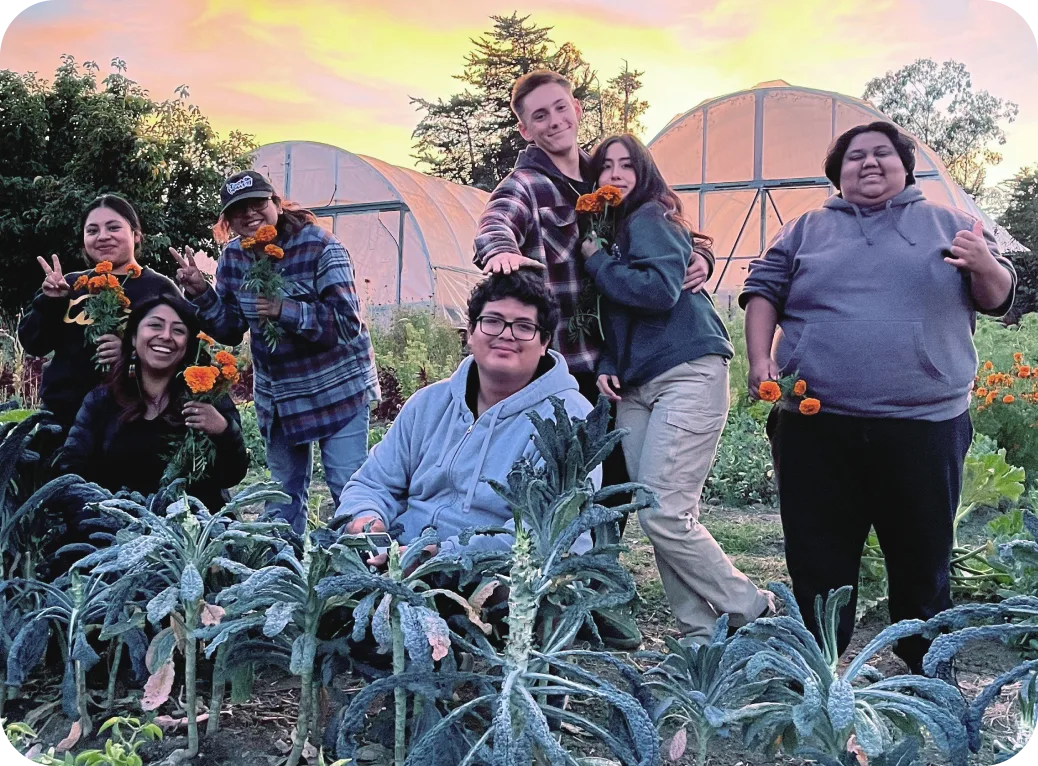
Photo courtesy of Food What?!
FoodWhat?!
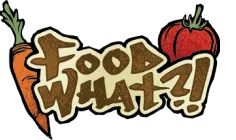
“Food, What?!” is a youth empowerment and food justice organization. At FoodWhat, youth engage in relationships with land, food, and each other in ways that are grounded in love and rooted in justice. The organization provides meaningful space where youth from the Santa Cruz, CA, region define and cultivate their empowerment, liberation, and well-being.
2024 impact:
- In 2024, more than 90 youth participated in FoodWhat?!’s programming
- 95% of youth reported that they gained useful job skills
- 86% of participants reported that they were eating healthier as a result of the program

Photo courtesy of Food What?!
Grantee Partner Information
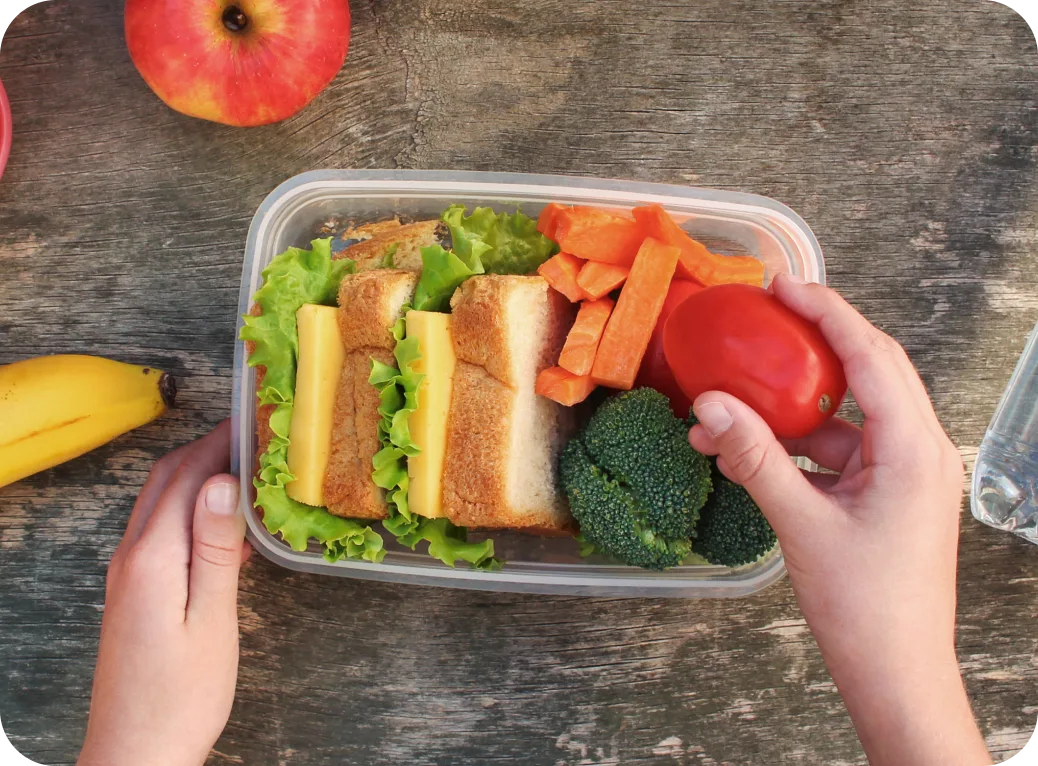
Photo courtesy of FRAC.
Food Research and Action Center

Food Research and Action Center leads a nationwide movement to ensure all students have access to free school meals. By convening local, state, and national partners, they help states adopt policies that provide free, healthy school meals for all children.
2024 impact:
- > 3M children received free breakfast and > 6M children received free lunch on an average day across the eight states with Healthy School Meals for All policies during the ‘23-24 school year
- 11 additional states and D.C. have active coalitions working towards healthy school meals for all

Photo courtesy of FRAC.
Grantee Partner Information
Partner since
2011
Location
Washington, D.C.
Priority
Nutrition Education & School FoodPartner Links
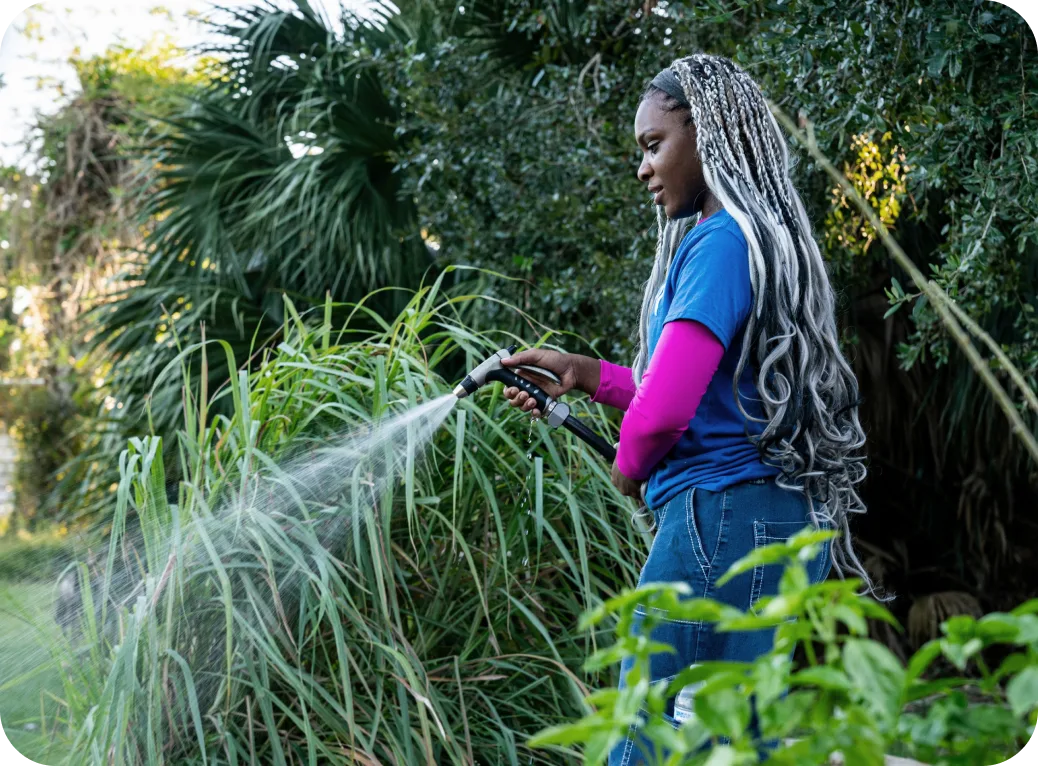
Photo courtesy of Grow Dat Youth Farm.
Grow Dat Youth Farm
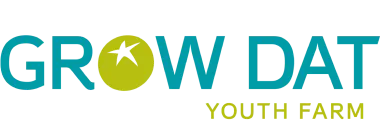
The mission of Grow Dat Youth Farm is to nurture a diverse group of young leaders through the meaningful work of growing food. Since 2010, Grow Dat has graduated over 600 youth participants with hands-on work experience, harvested about 383,325 pounds of food for the New Orleans community, and donated about 76,665 pounds of that food to other food-insecure residents.
2025 impact:
In 2025, 43 youth under 18 participated in Grow Dat’s immersive food leadership development and gardening education programs. After participating in Grow Dat programs in 2025:
- 87% of youth stated they have the skills needed to grow their own food in the future after participating in Grow Dat programs.
- 71% of youth understood the impact of their eating choices on the environment.
- Youth grew 51,500 pounds of food for the New Orleans community.
“Grow Dat has taught me that I am always growing as a person and nothing is set in stone. I feel way more sure of myself than I did before, and especially when it involves food systems or farming in general. I now realize that my words and thoughts have value and people will actually listen to me if I talk.” —Reid, Grow Dat Participant, 2021-2024

Photo courtesy of Grow Dat Youth Farm.
Grantee Partner Information
Partner Since
2017
Location
New Orleans, Louisiana
Priority
Nutrition Education & School FoodPartner Links
Further Reads
5 Strategies to Inspire Youth Engagement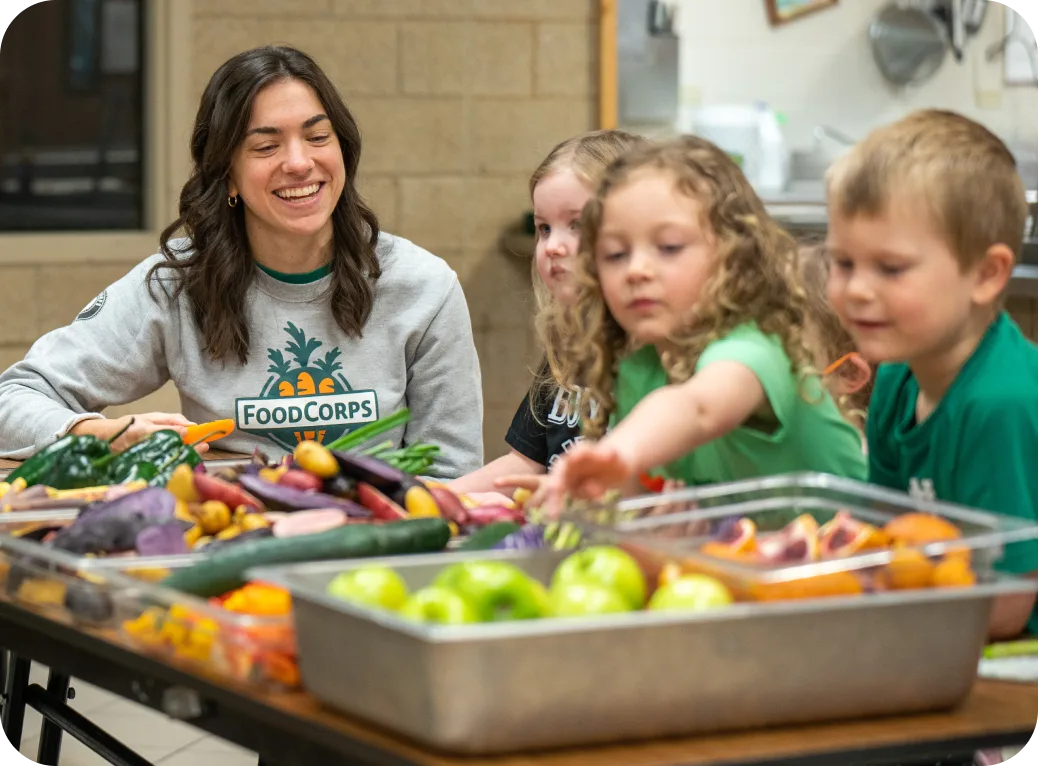
FoodCorps member with children.
FoodCorps
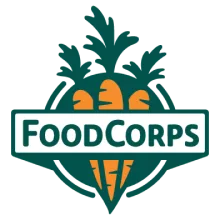
FoodCorps places AmeriCorps members in schools nationwide to transform how children experience food through hands-on education, nourishing meals, and culturally-rooted food experiences. Building on school programming, FoodCorps develops leaders, grows networks, and advocates for policy change in service of every child’s health and well-being.
2024 impact:
- 528K students engaged across 220 schools in 18 states and D.C.
- Students eat up to 3x more fruits and vegetables after participating in FoodCorps programming
- 70% of states with Foodcorps programming made progress toward policies that support expanded access to nourishing school meals and/or food education
“I never knew cooking could be so fun! Now I can help make dinner at home and choose healthier foods.” —Foodcorps participant, Alanson School District (Michigan)

FoodCorps member with children.
Grantee Partner Information
Partner Since
2012
Location
New York, NY
Priority
Nutrition Education & School FoodFurther Reads
Partner Links

Photo courtesy of Chef Ann Foundation.
Chef Ann Foundation

The Chef Ann Foundation ensures that school food professionals have the resources, funding, and support they need to provide fresh, healthy, delicious, cooked-from-scratch meals that support the health of children and the planet.
2024 impact:
- 419K students from 396 districts and 370 schools have benefitted from Get Schools Cooking and Healthy School Food Pathway since 2016
- 145K+ nutrition professionals used The LunchBox in 2024 to access recipes, support meal planning, and learn new ideas to implement in their classroom
- 800 new schools and districts used The LunchBox for the first time.
“Great tips and recommendations here to help implement change in our public schools. I have been searching for ways to help implement change for increasing plant-based foods in school lunches. This is a little slice of gold I have found on your site. Thank you very much.” —School Nurse in New Jersey

Photo courtesy of Chef Ann Foundation.
Grantee Partner Information
Apply for a grant
Learn about open opportunities we are supporting through our funding.
